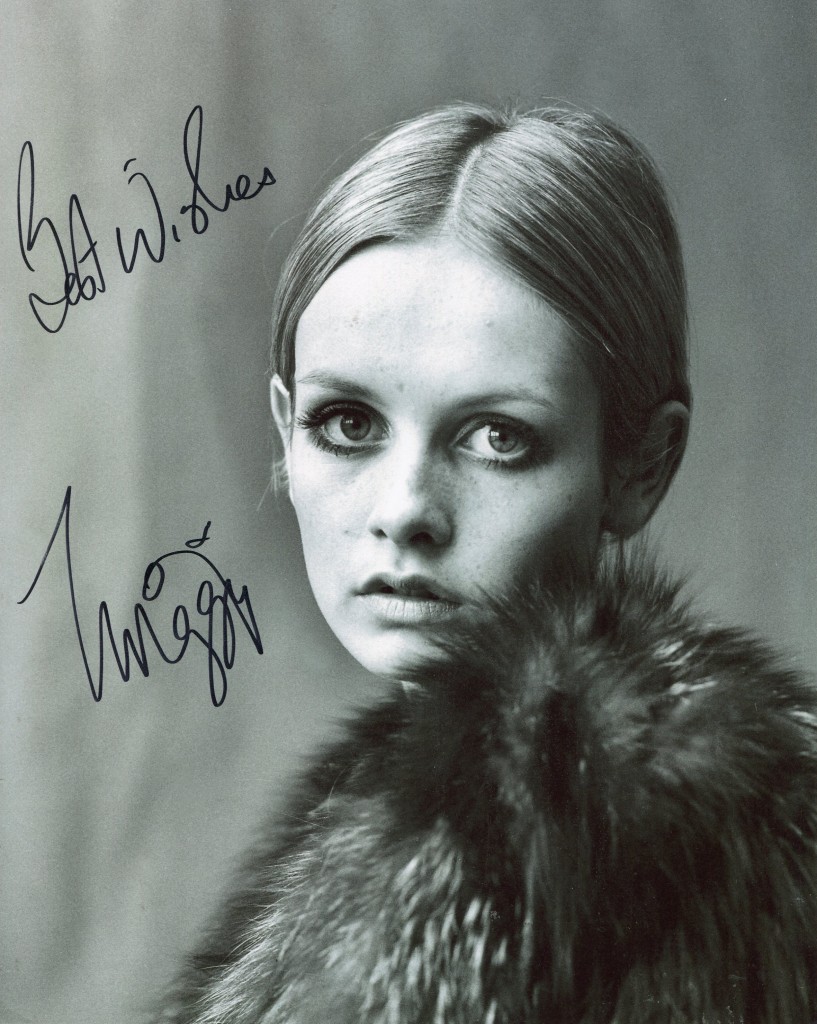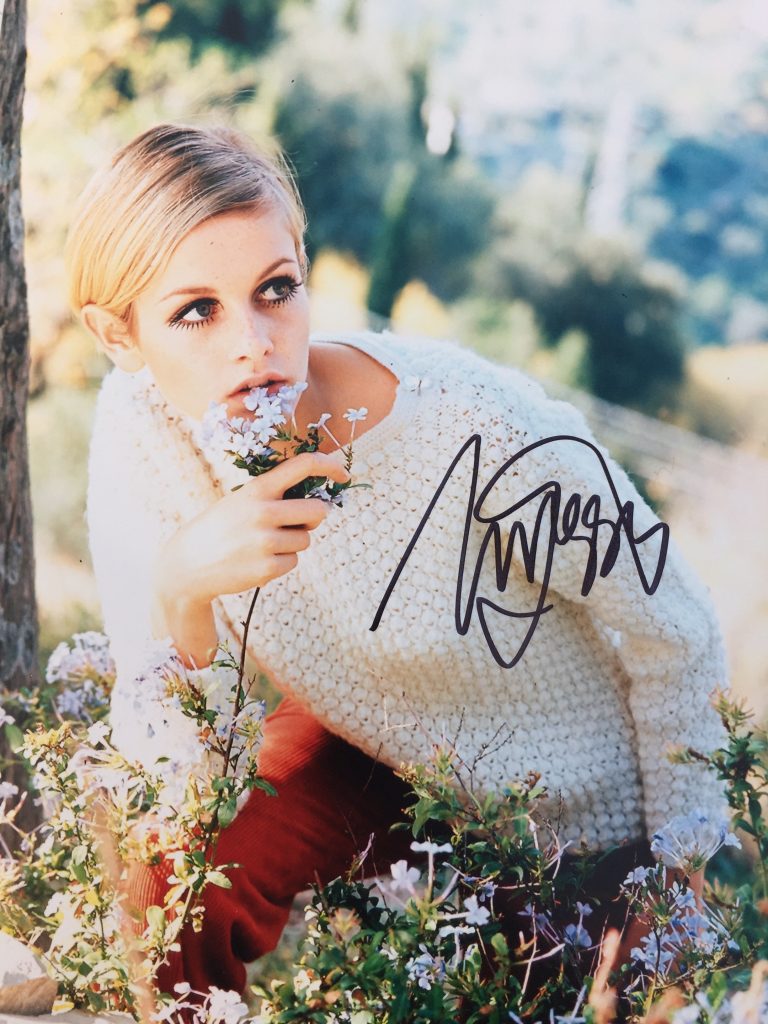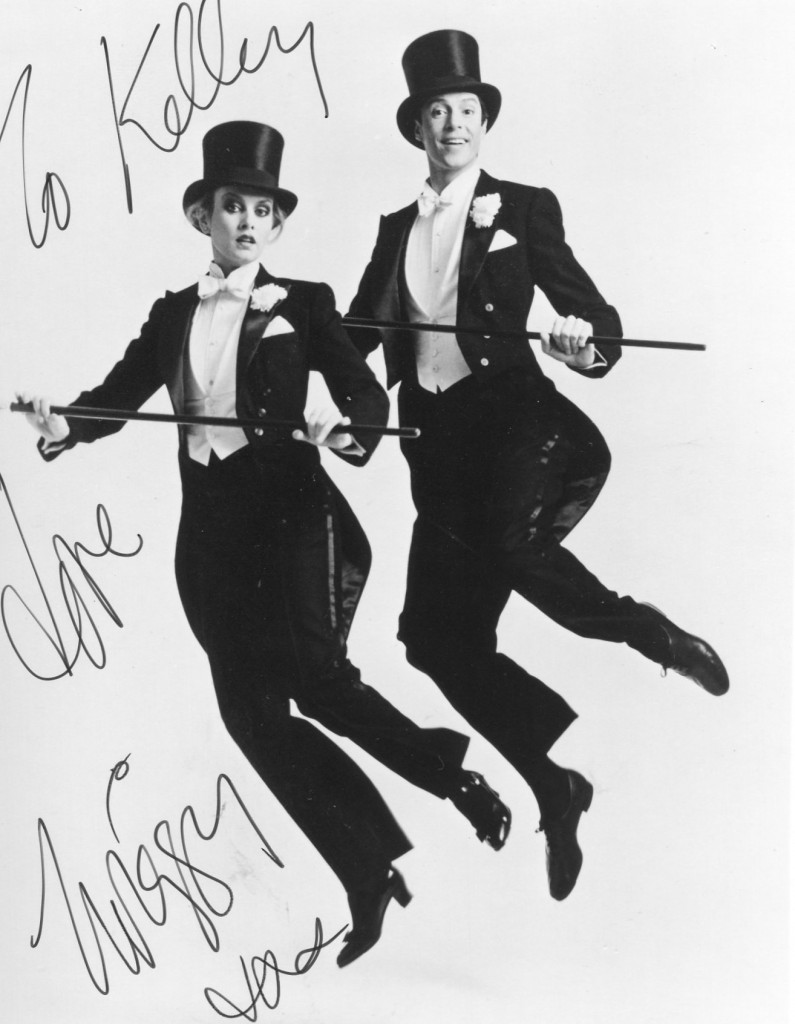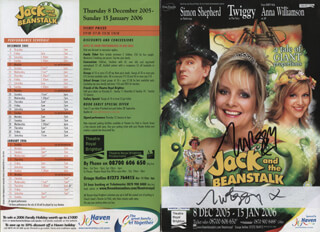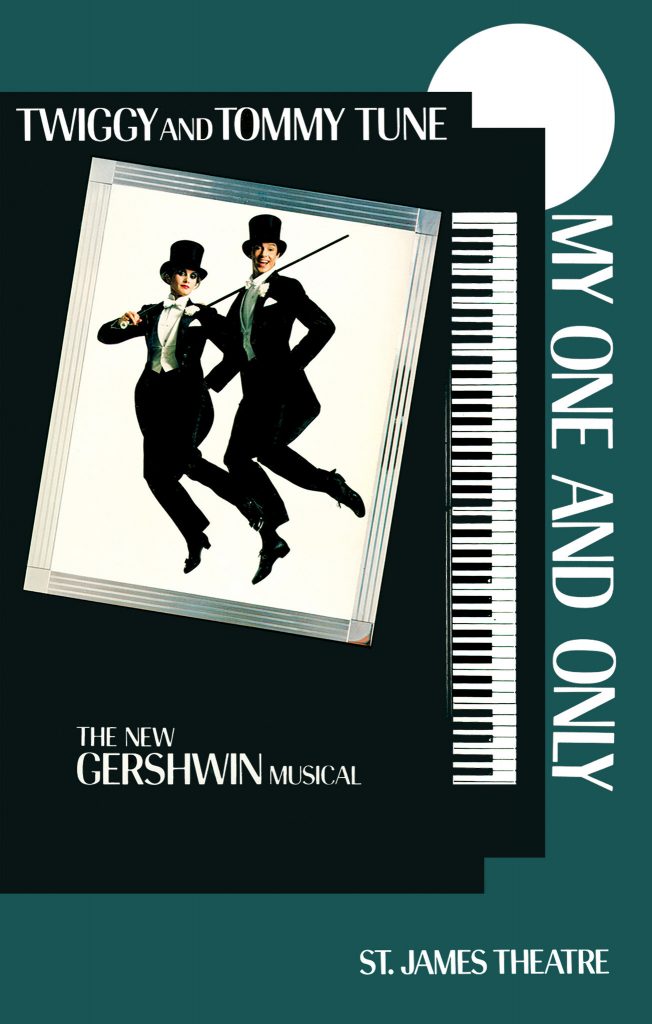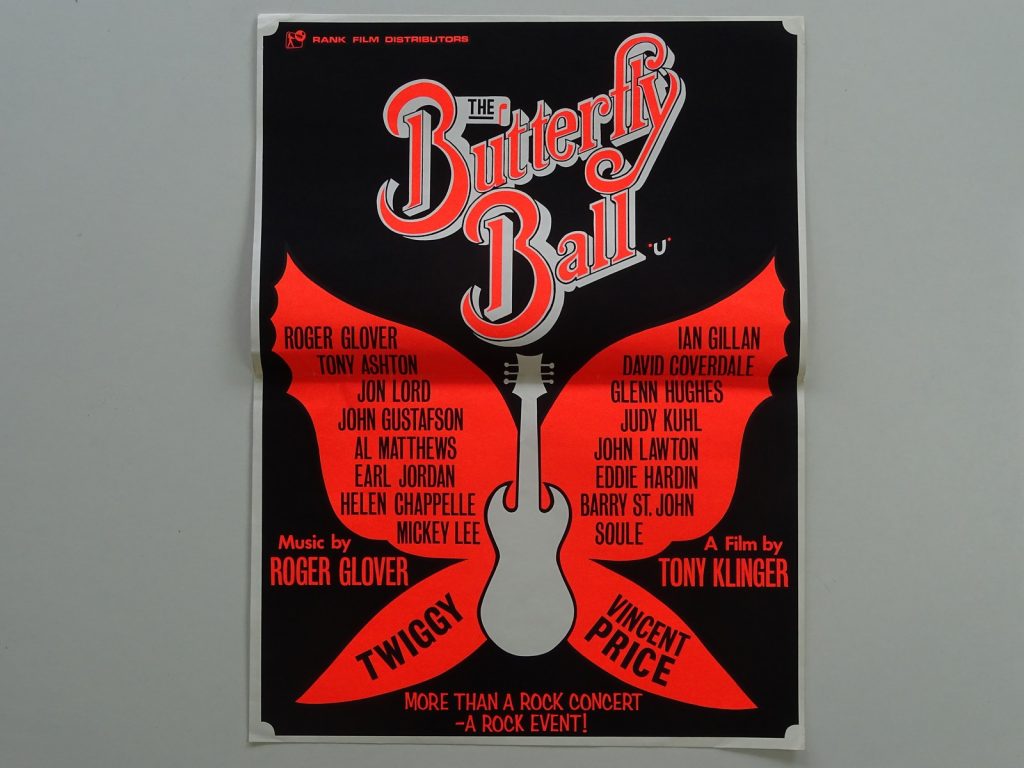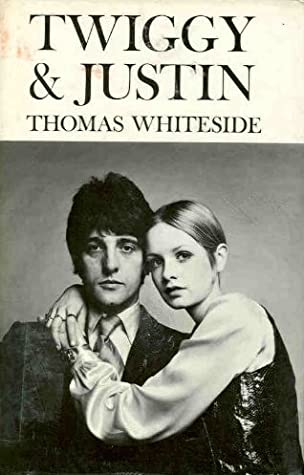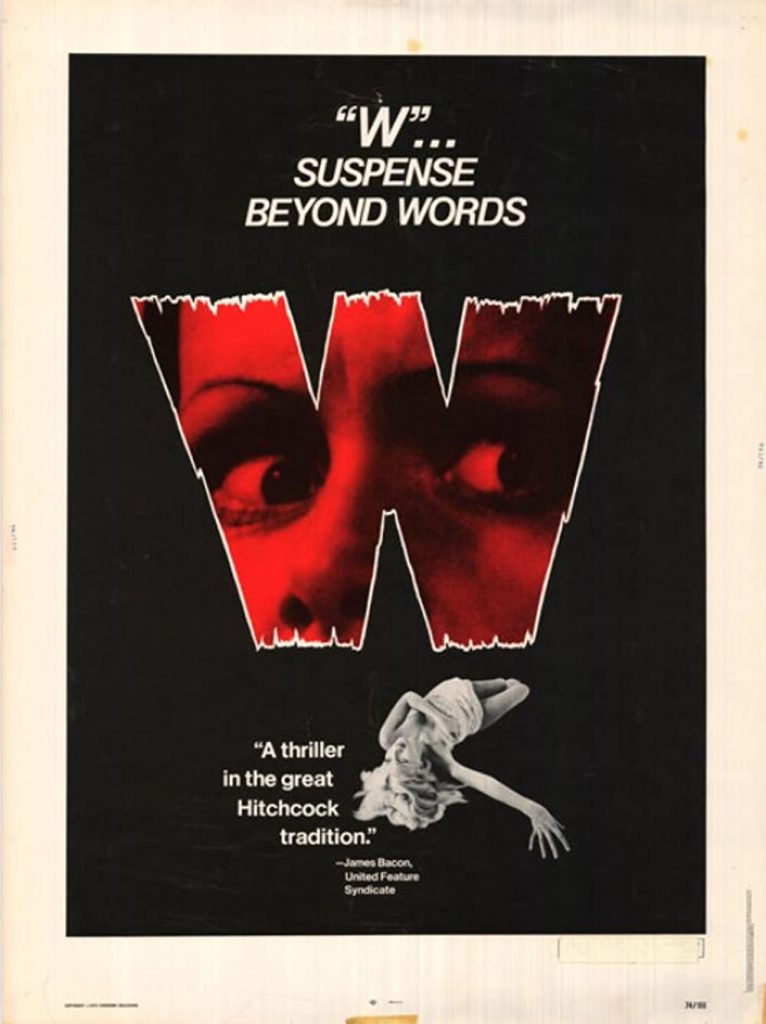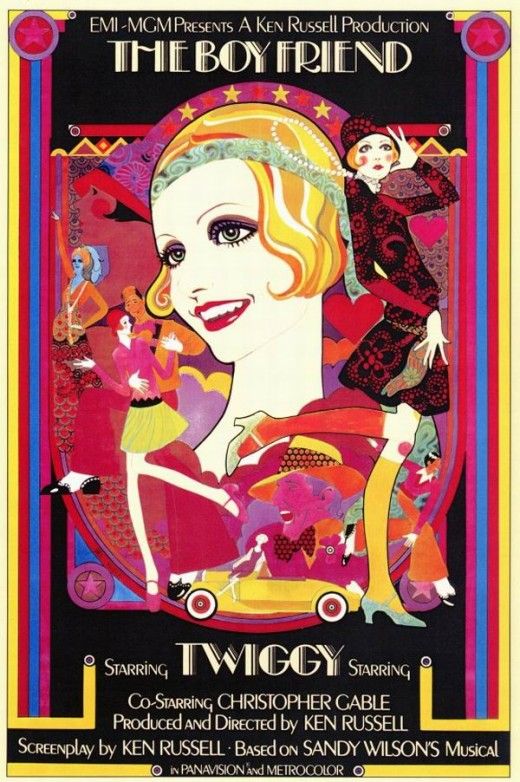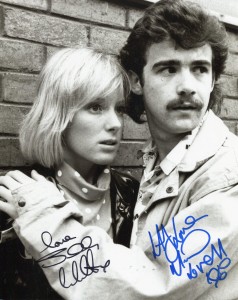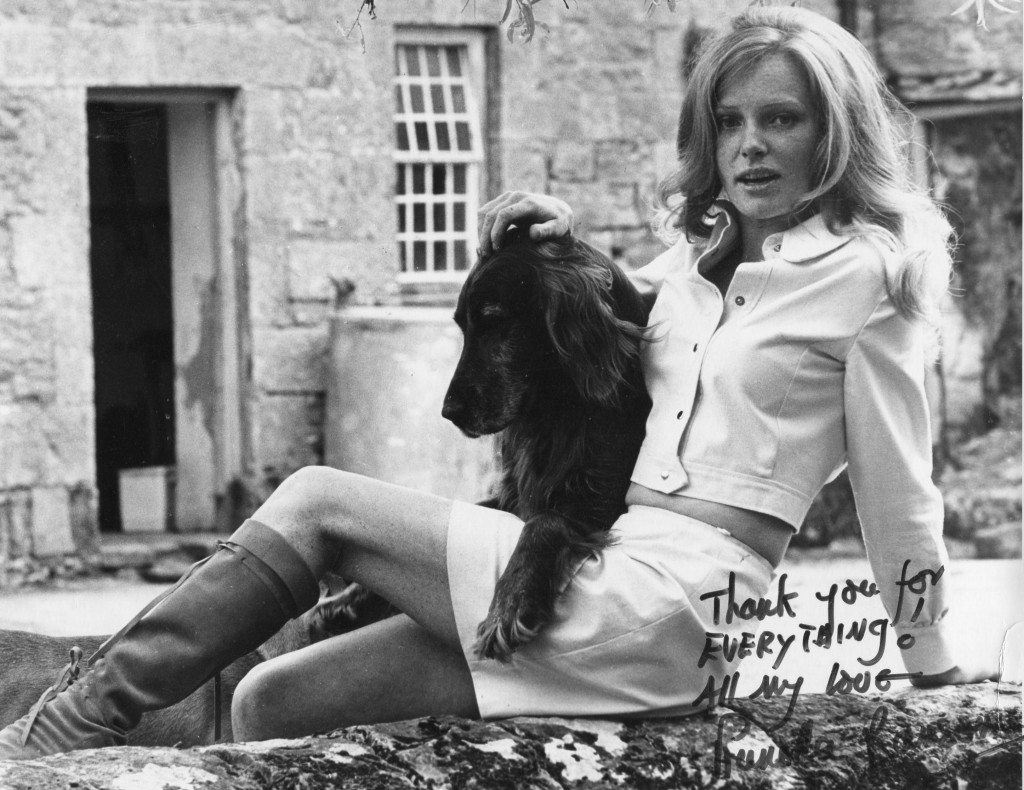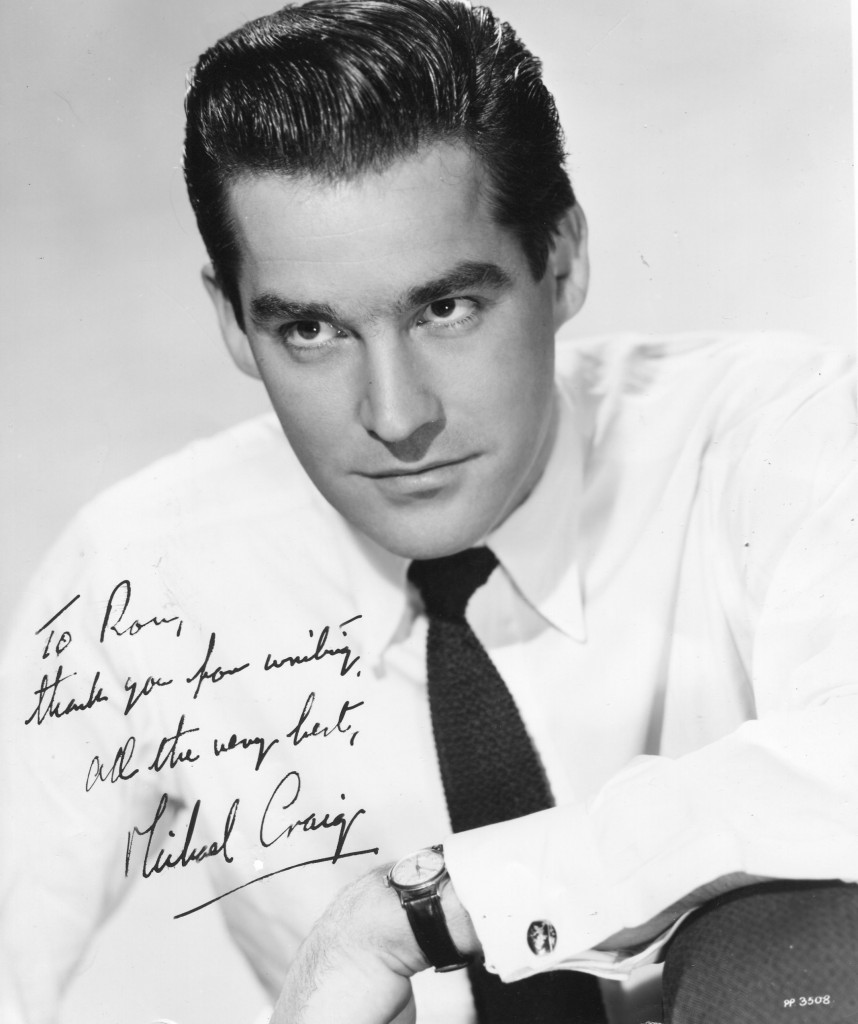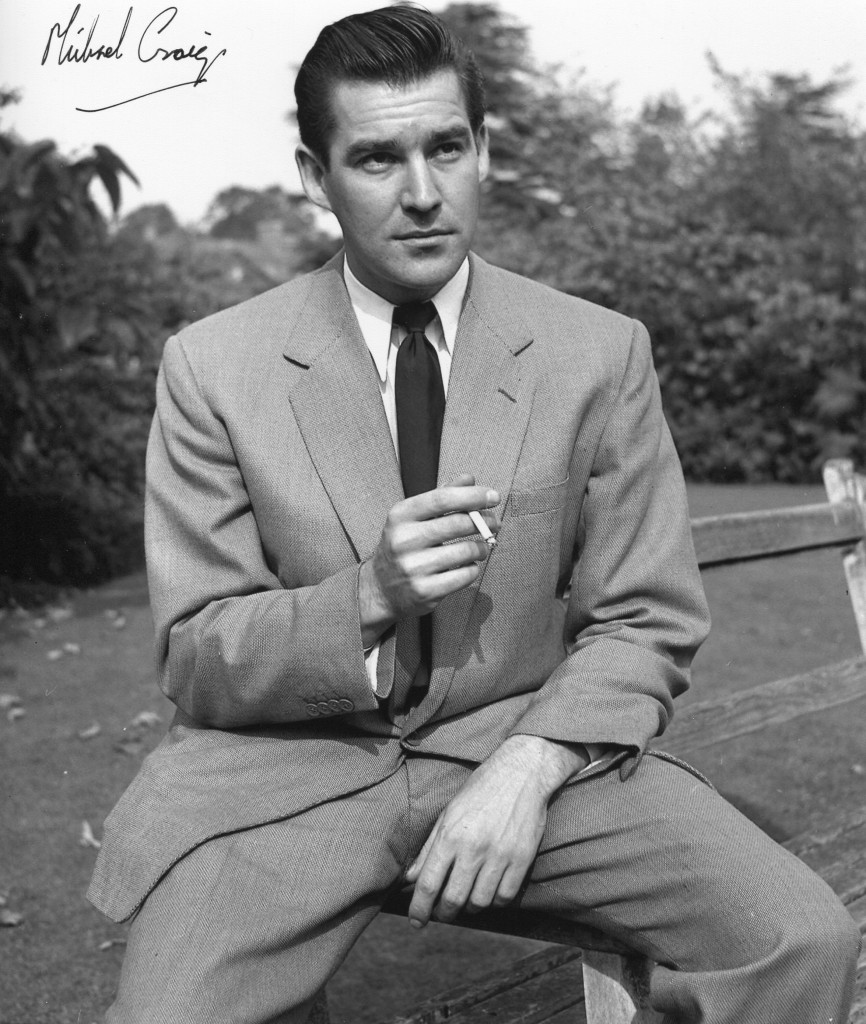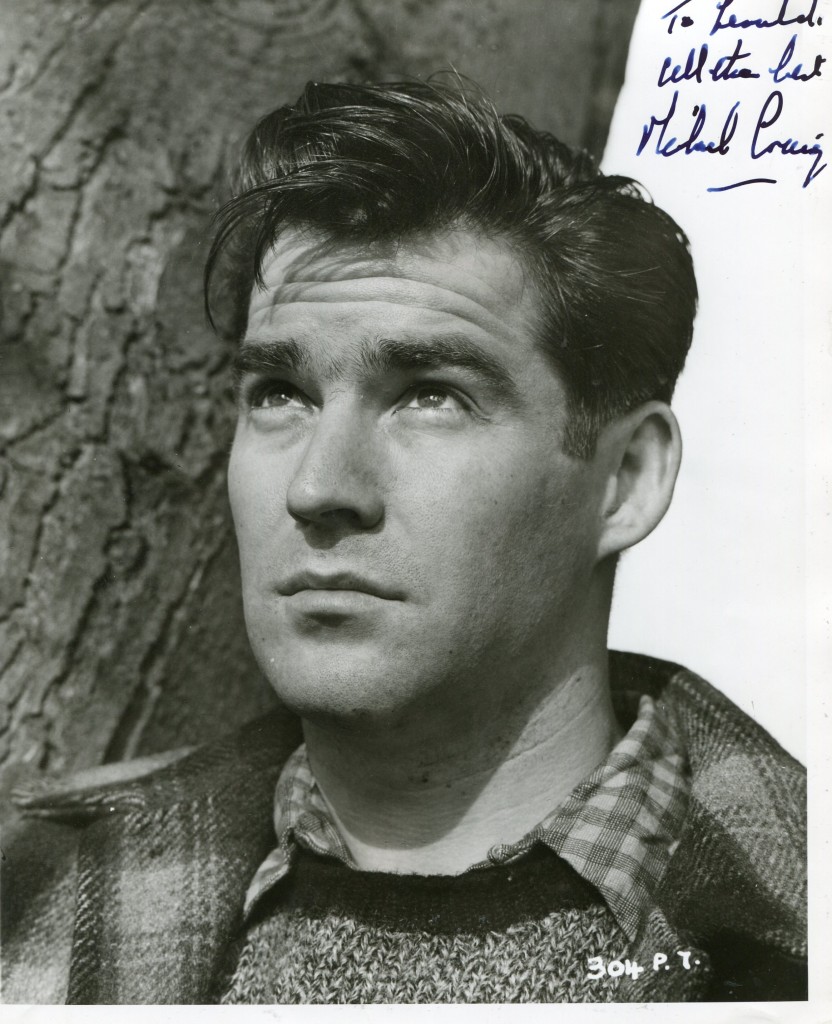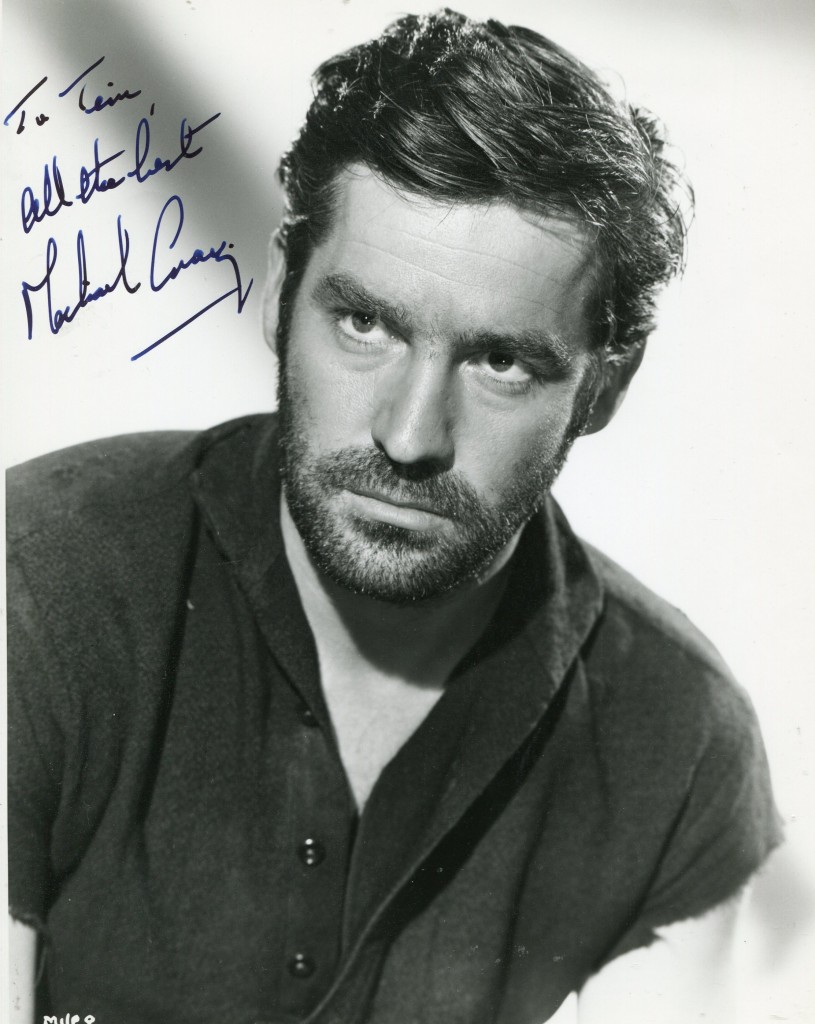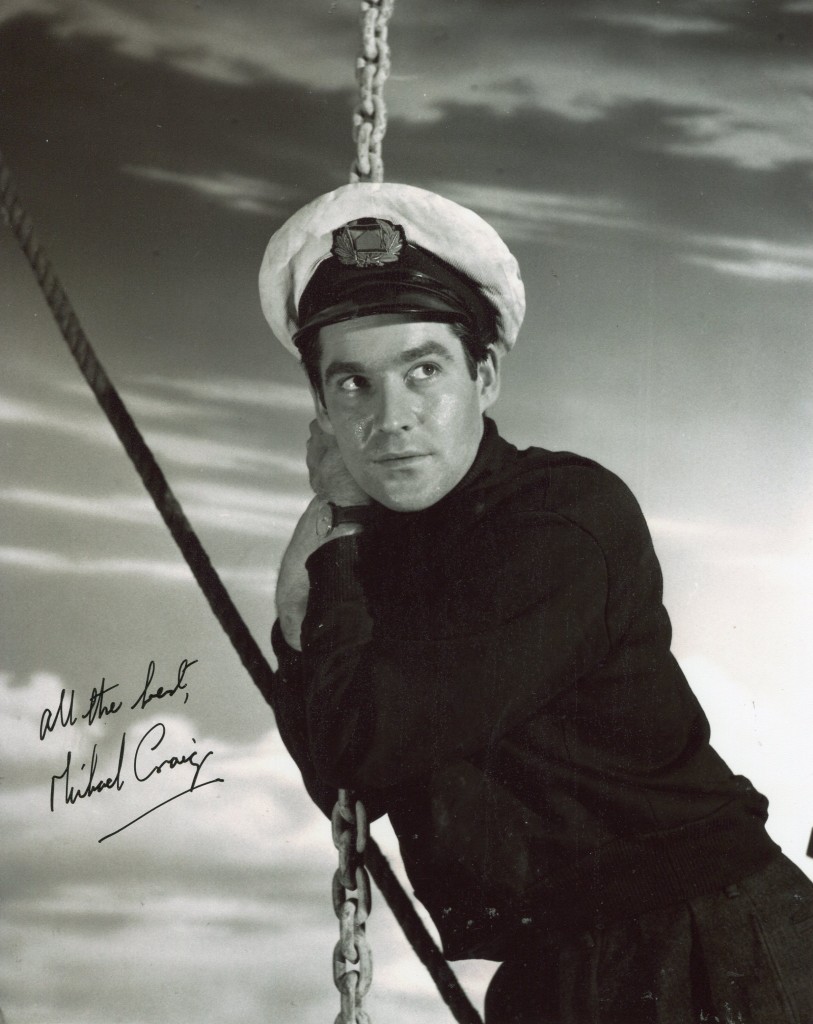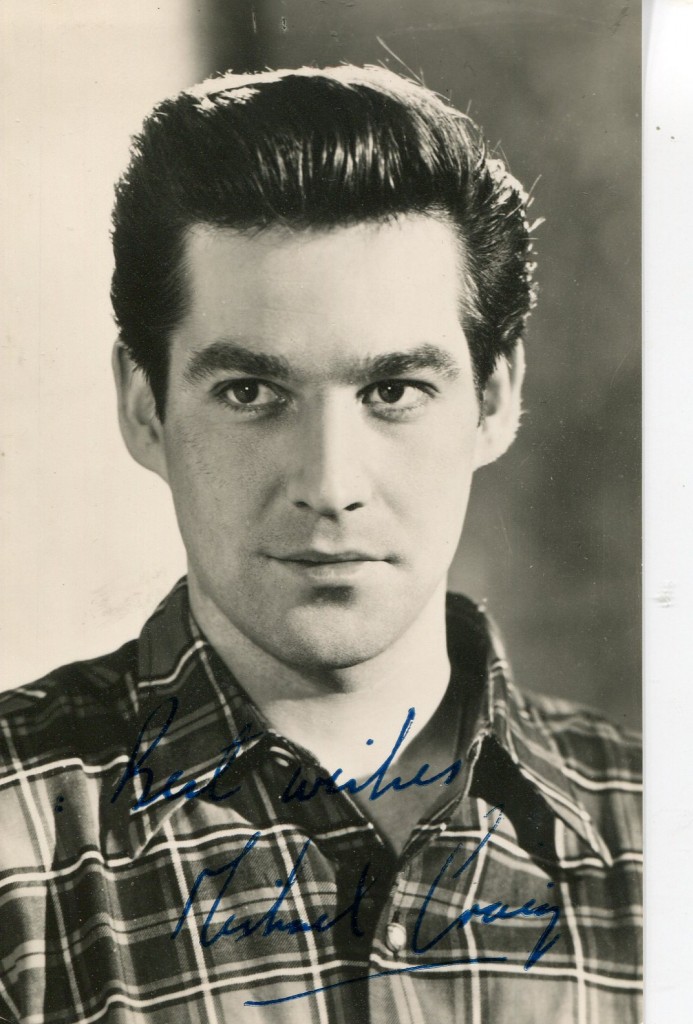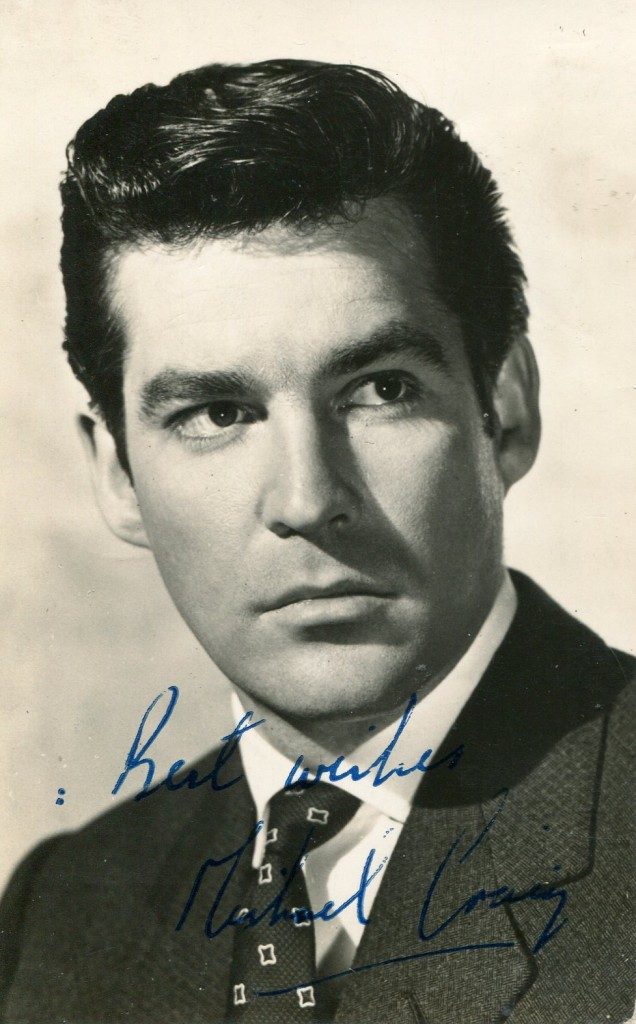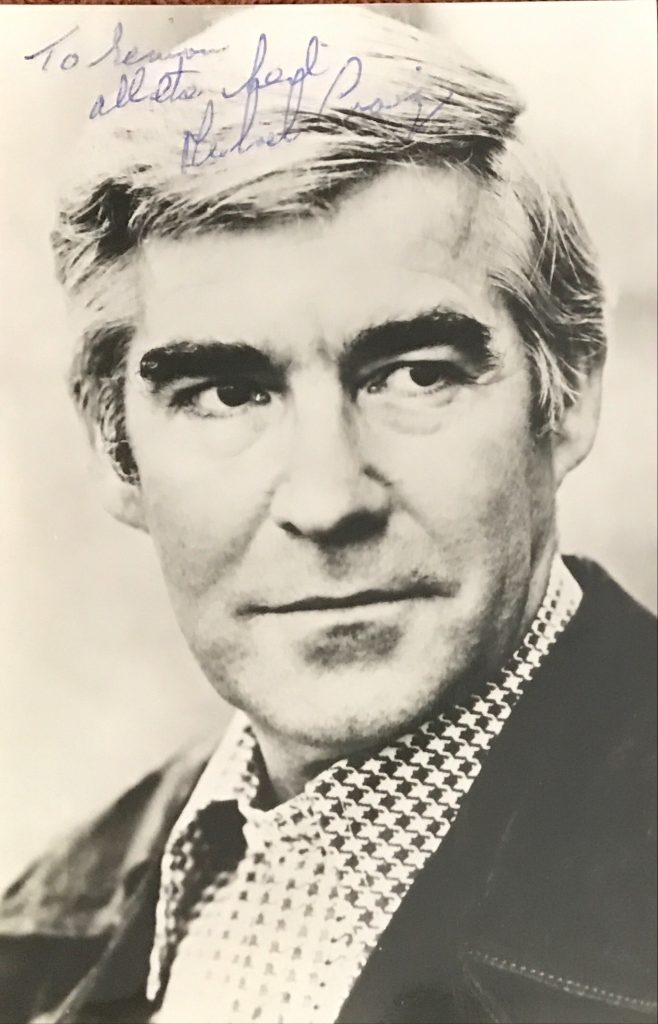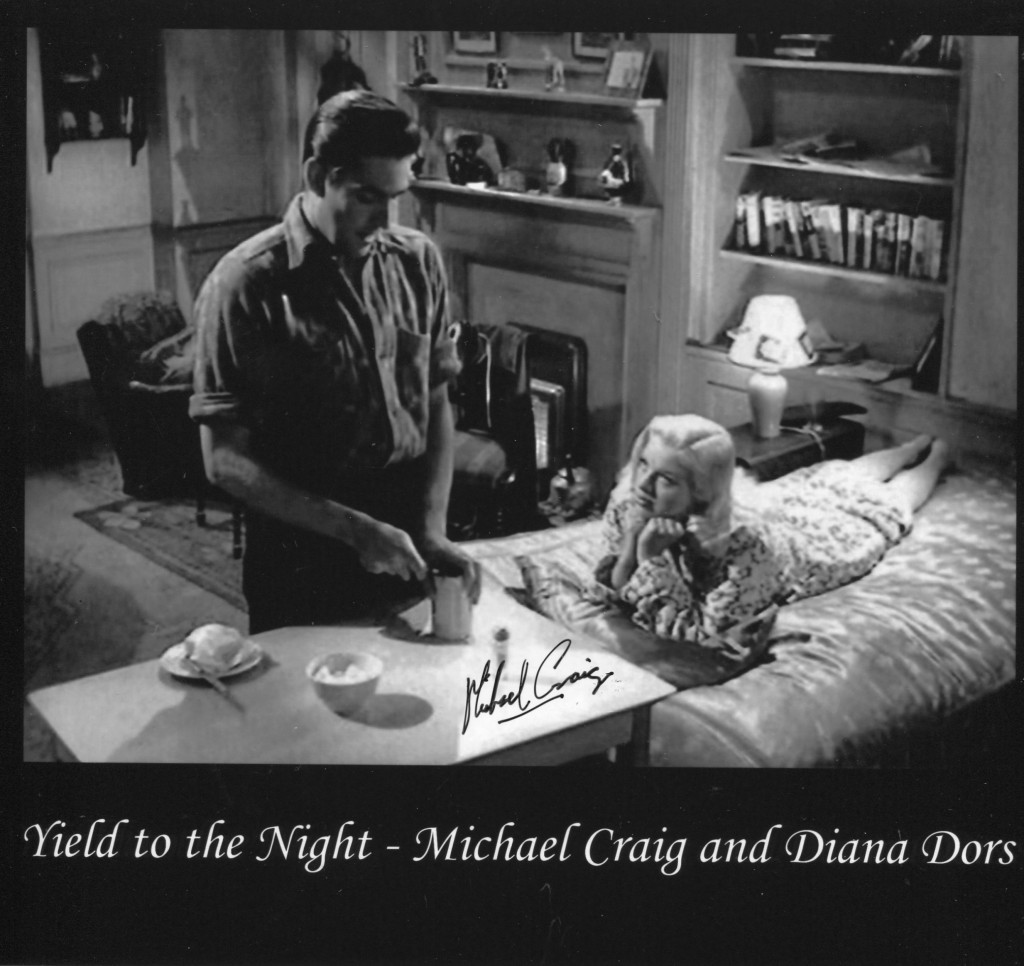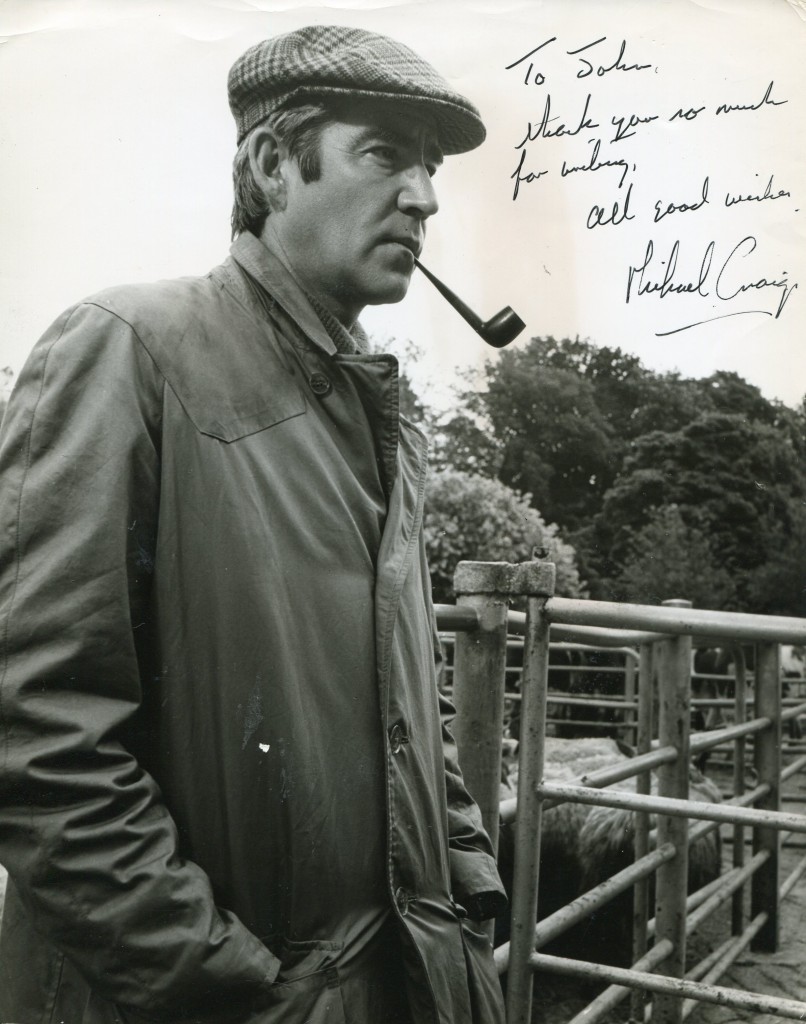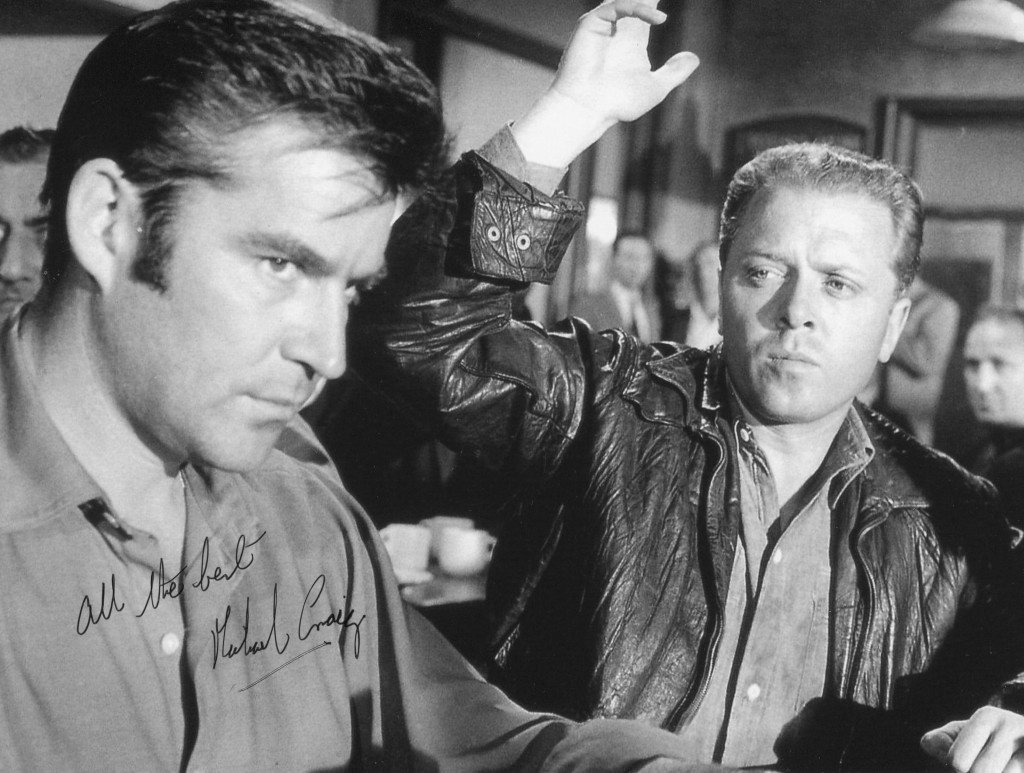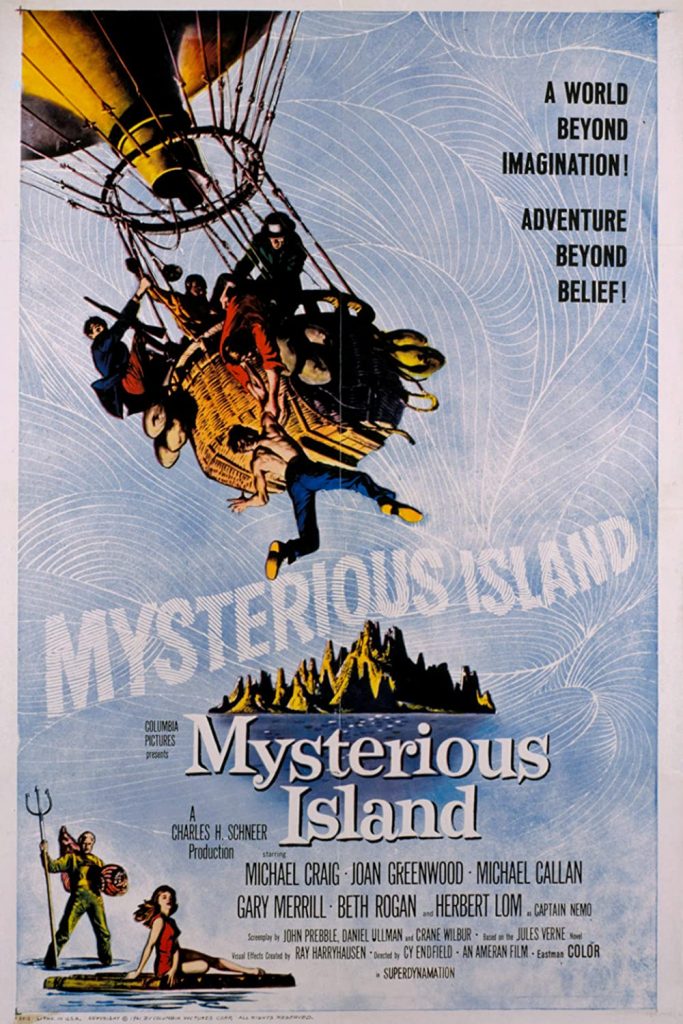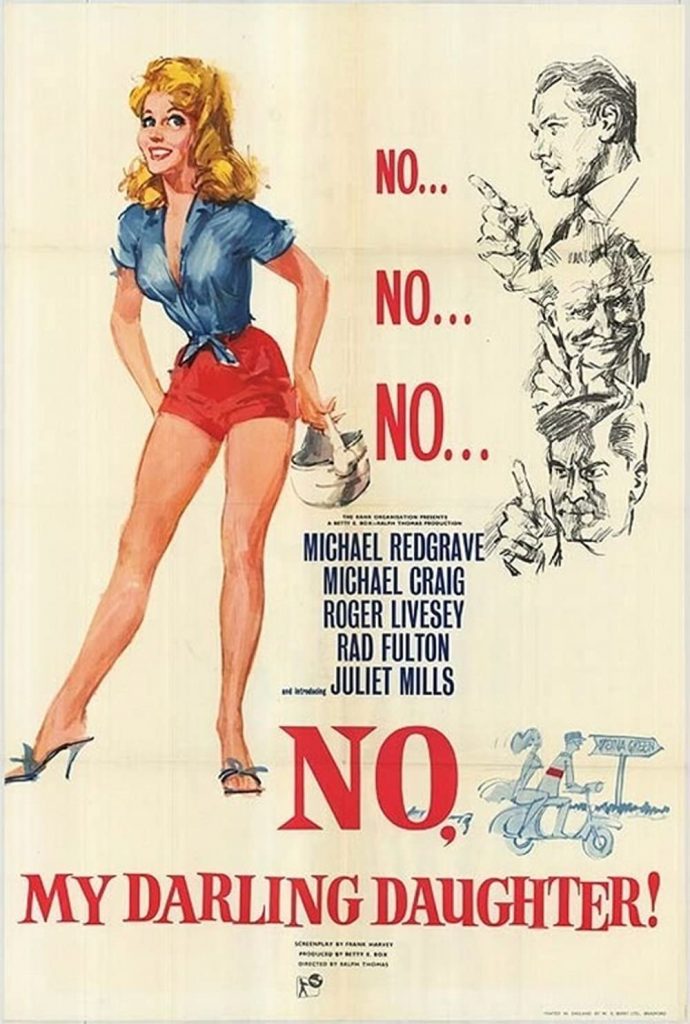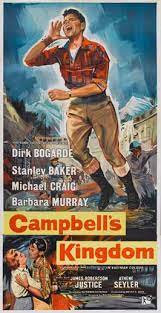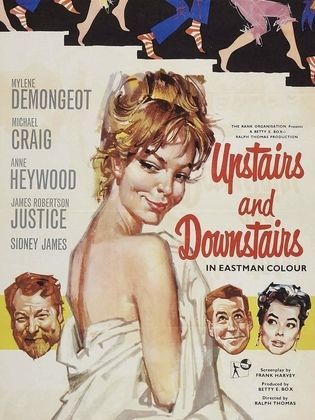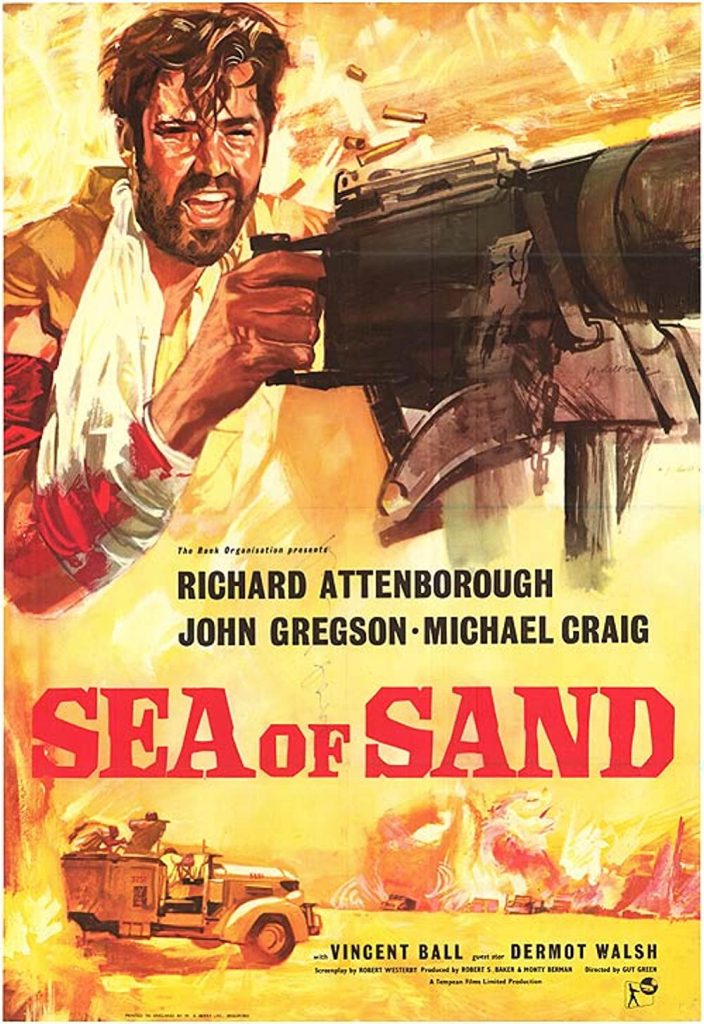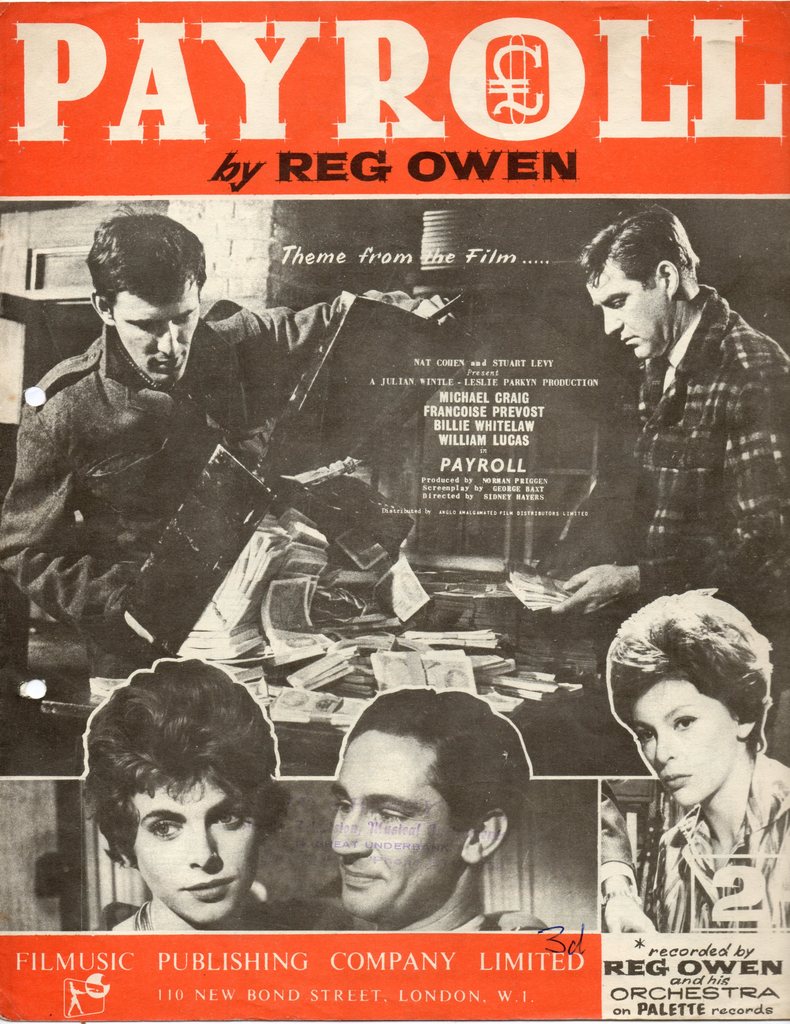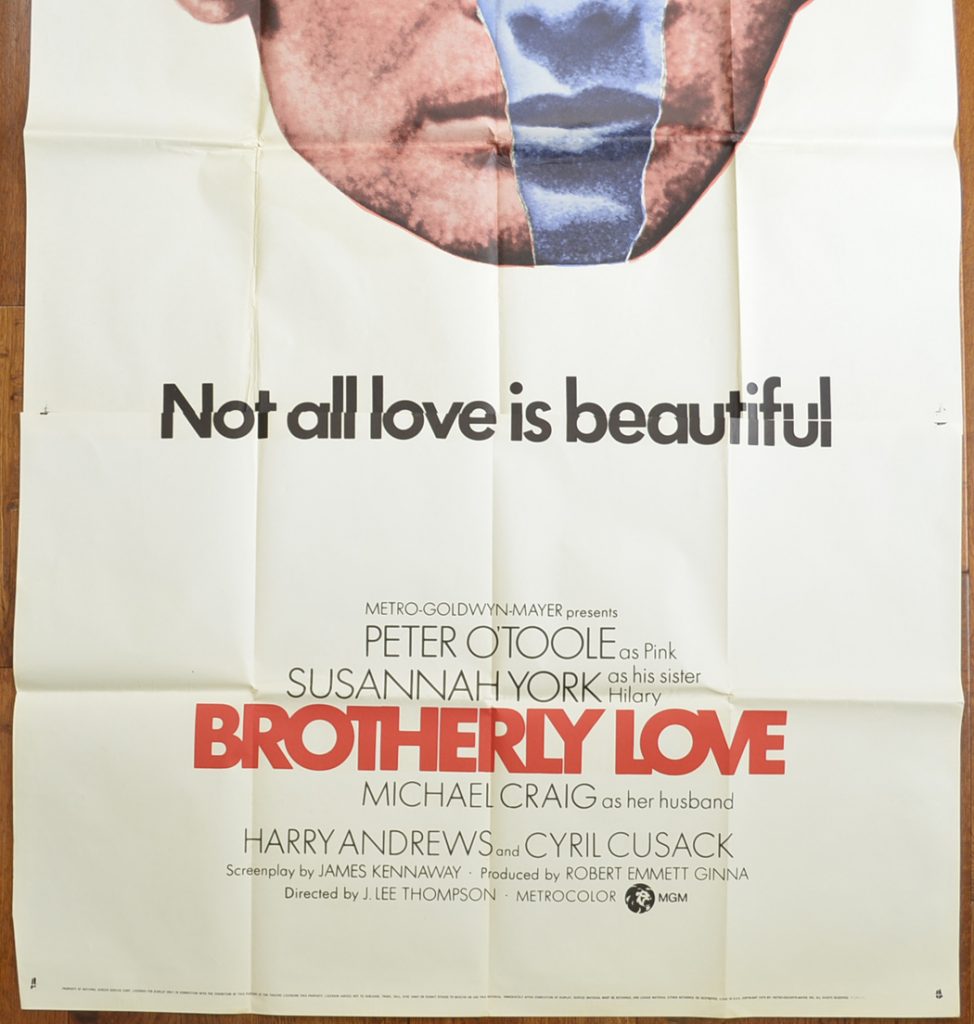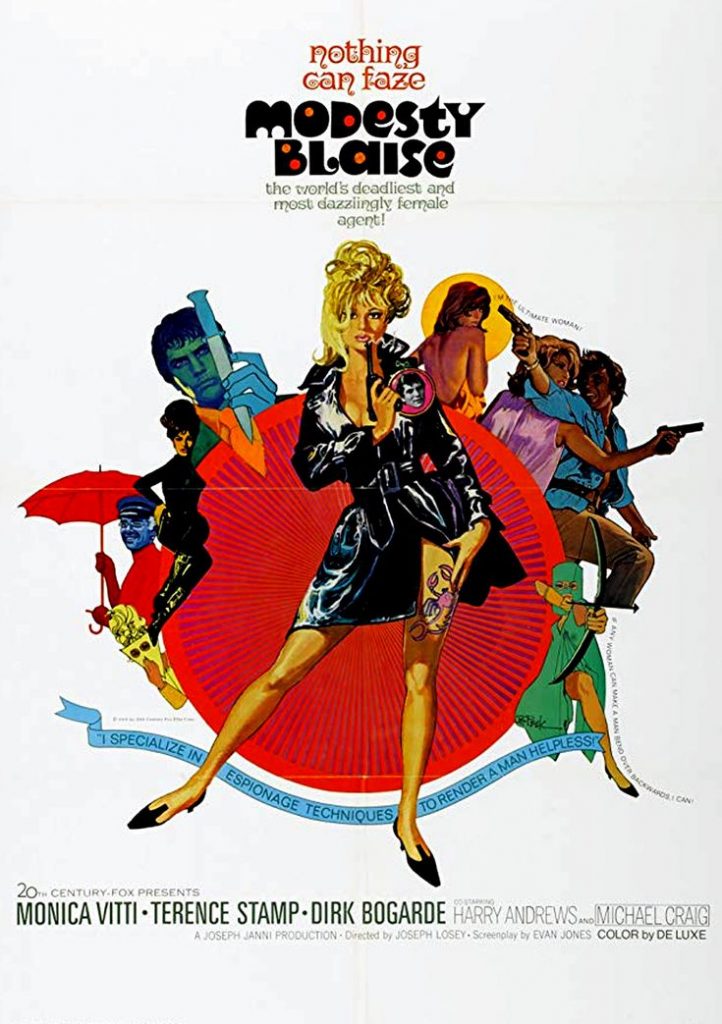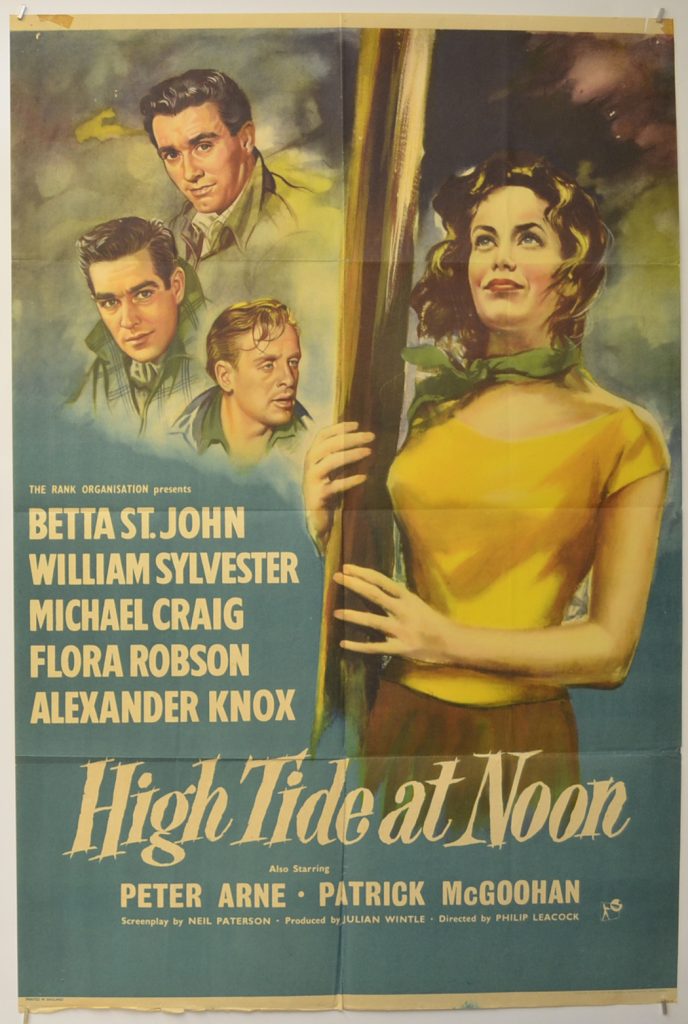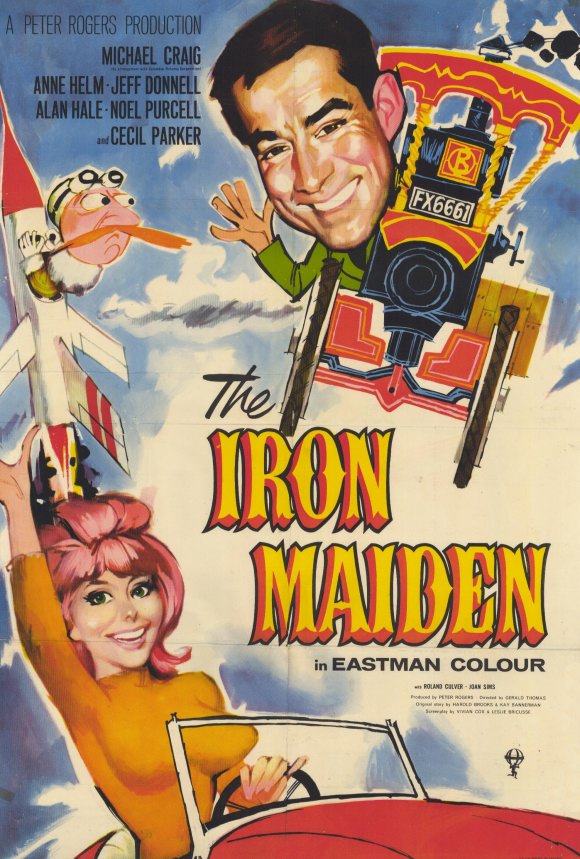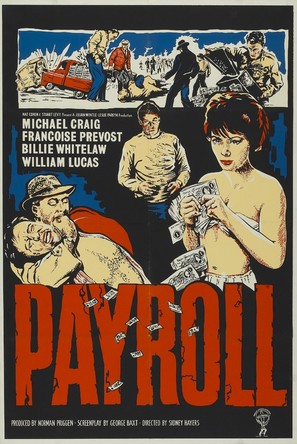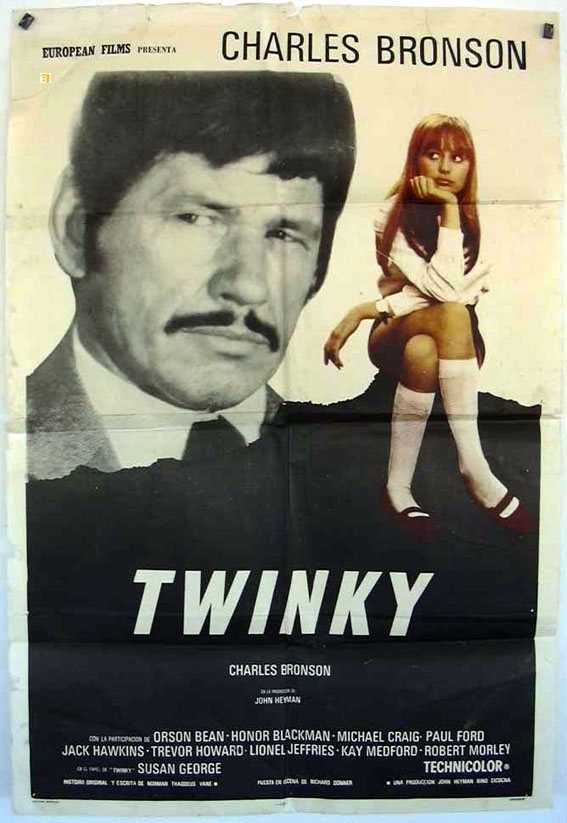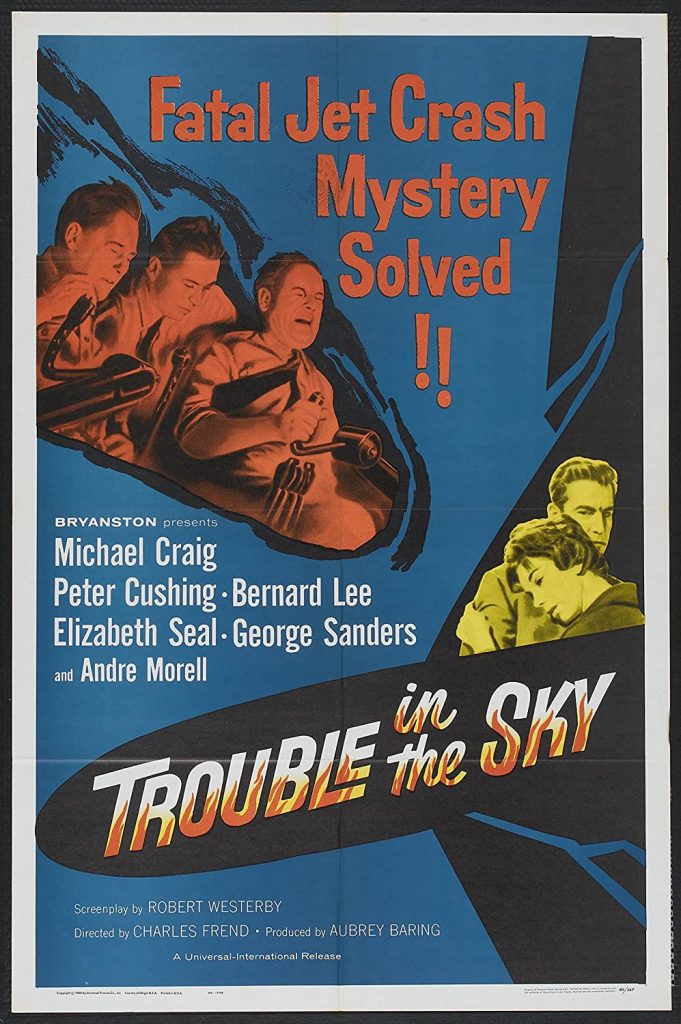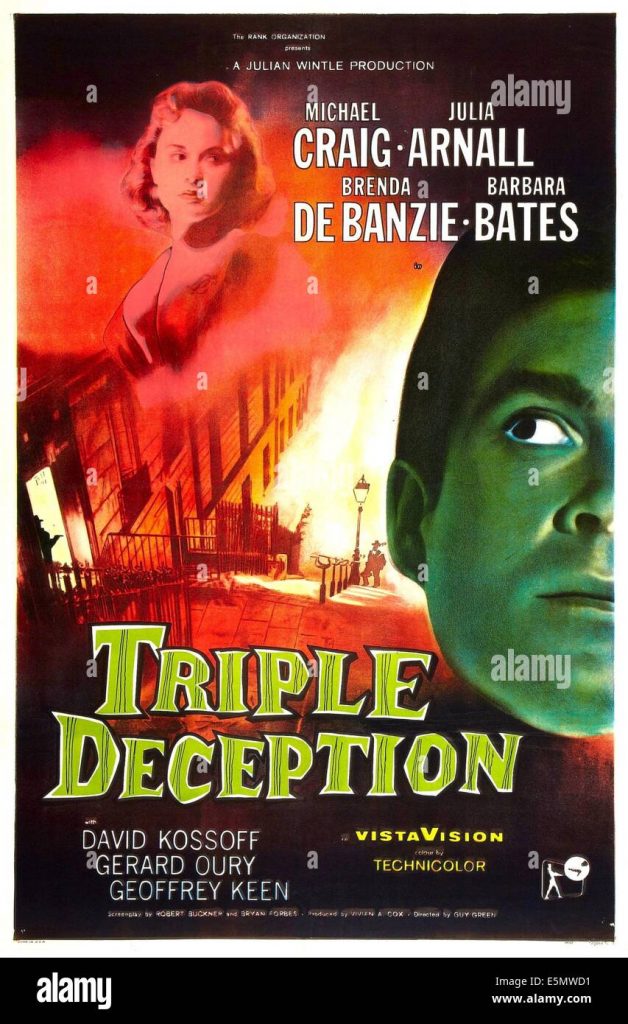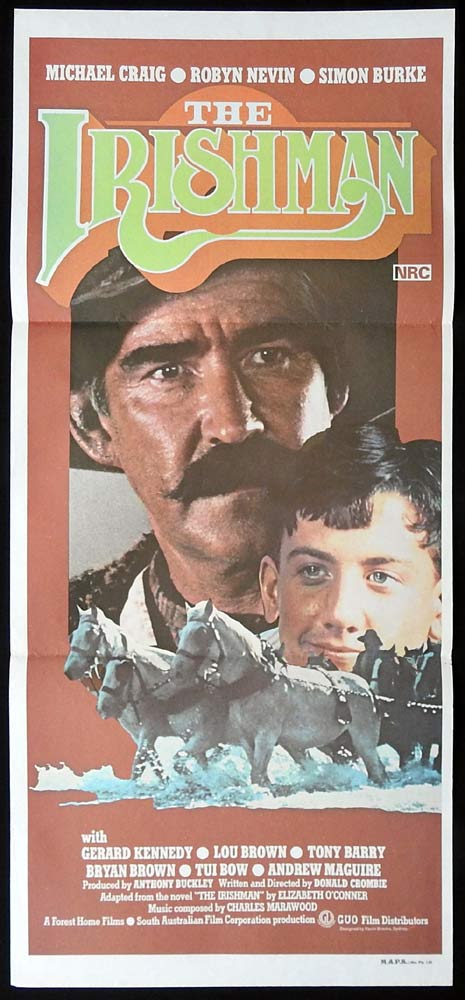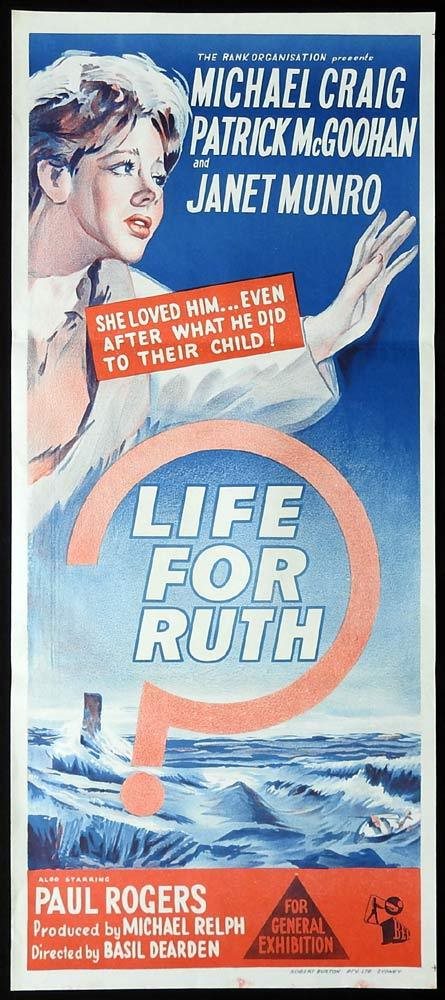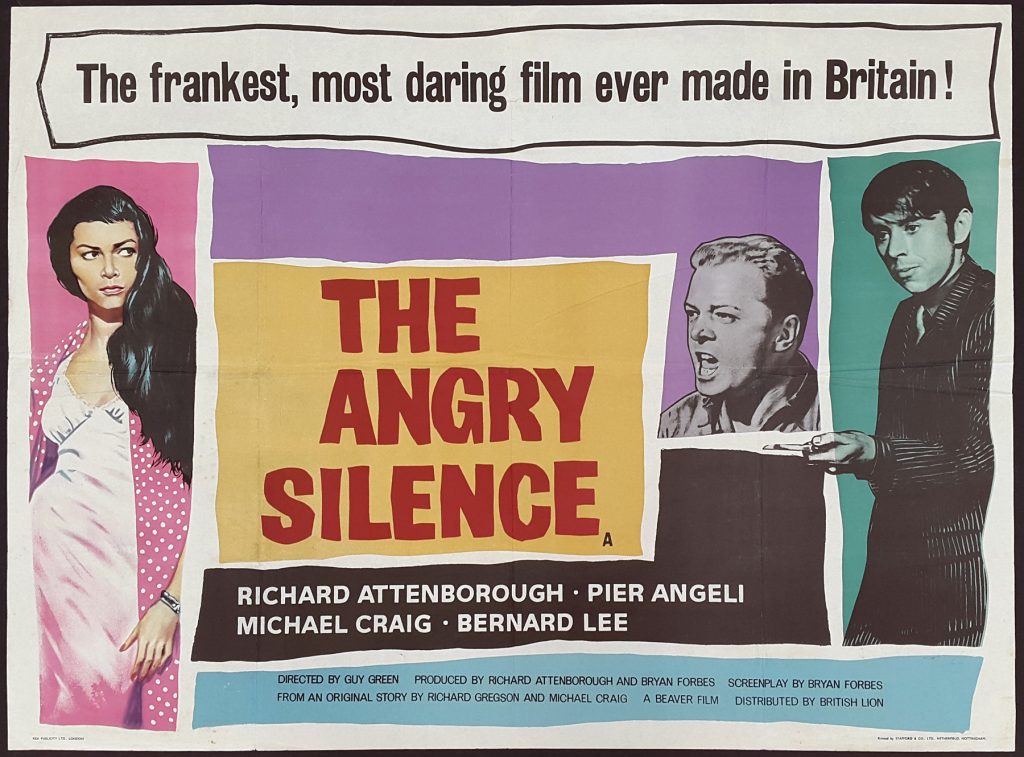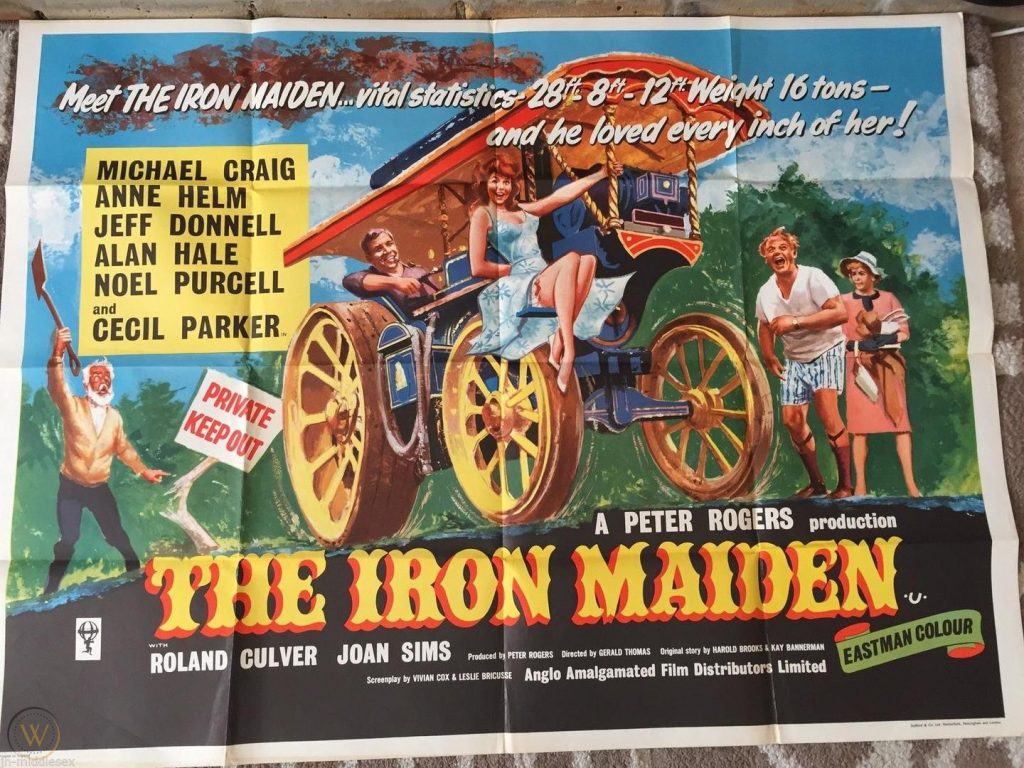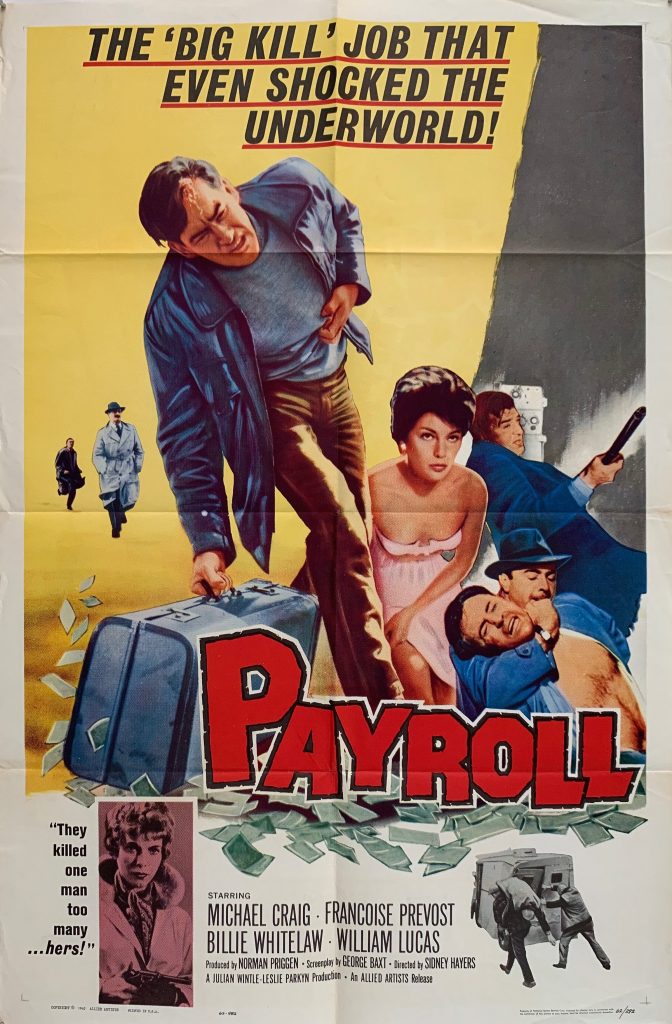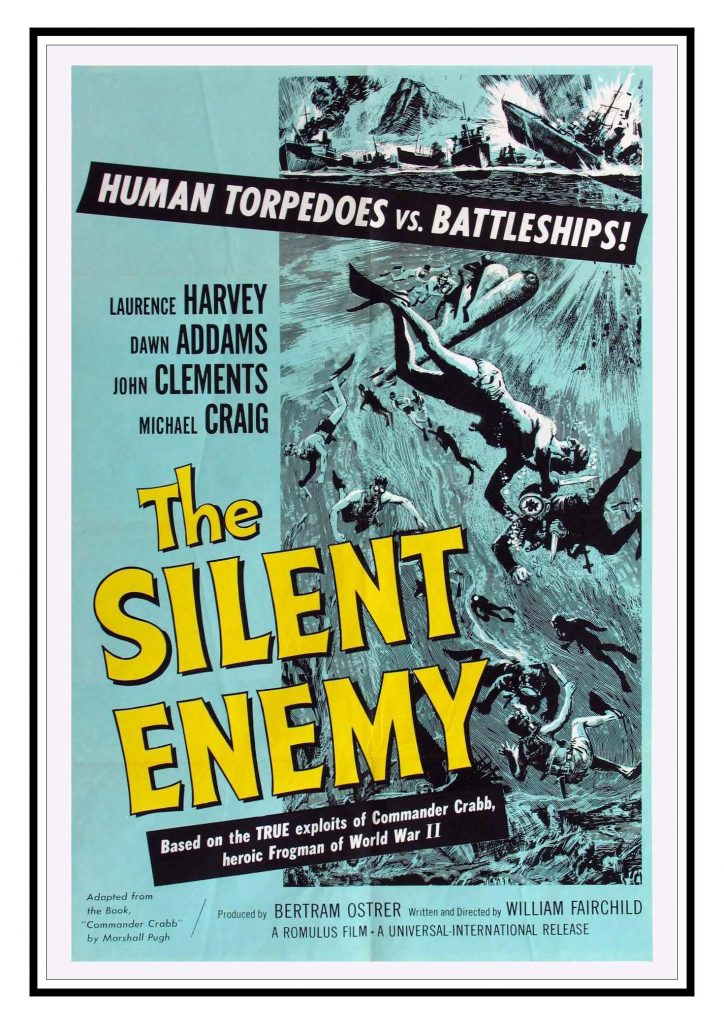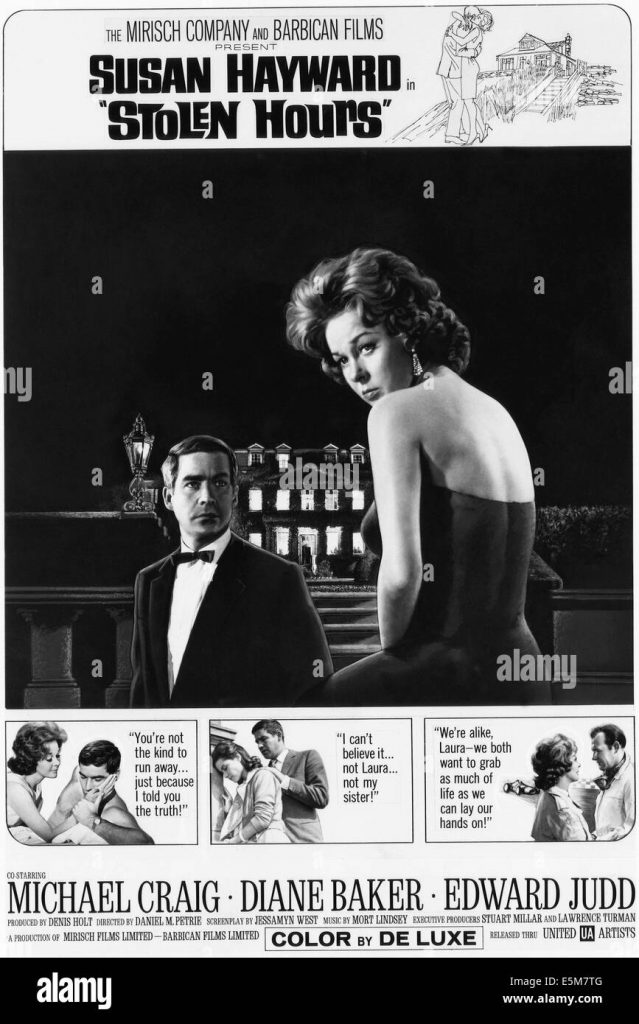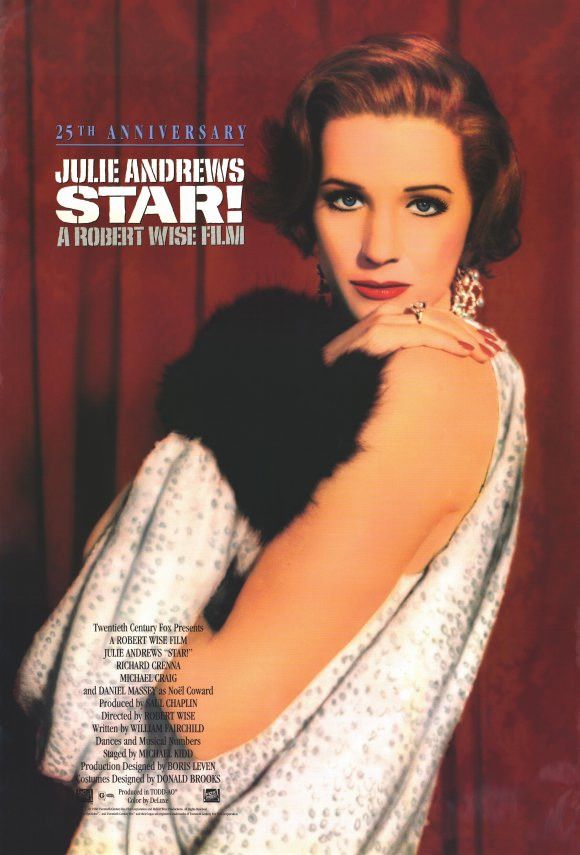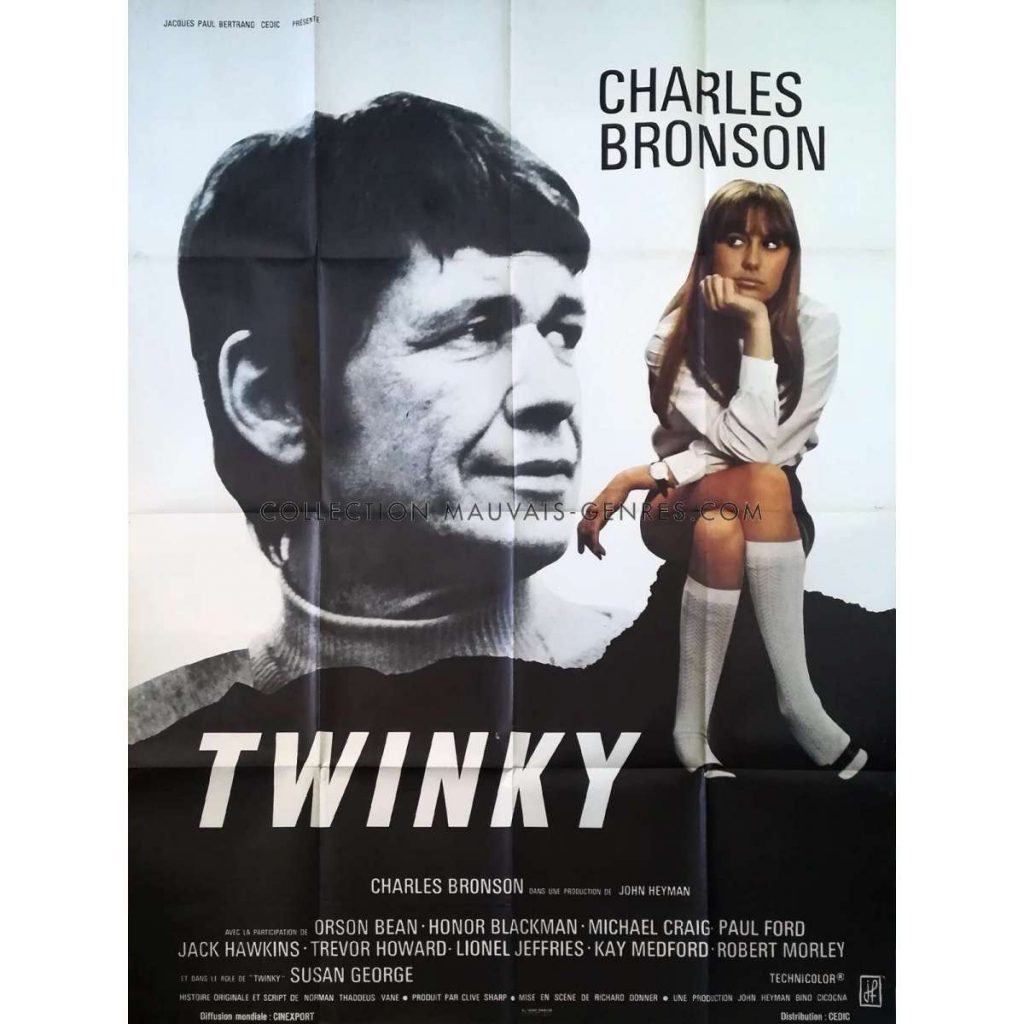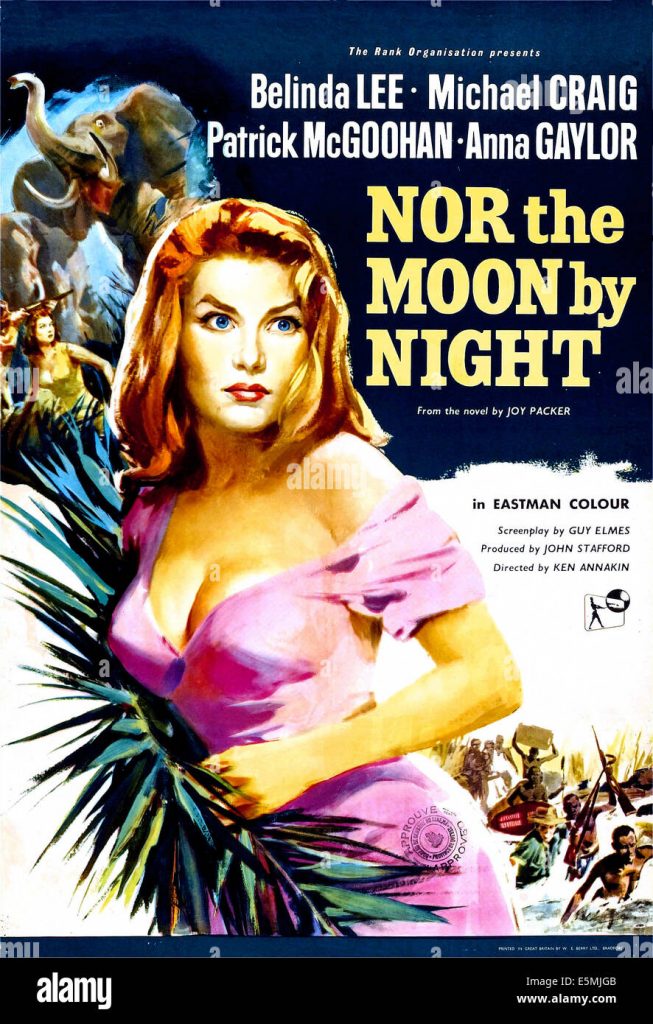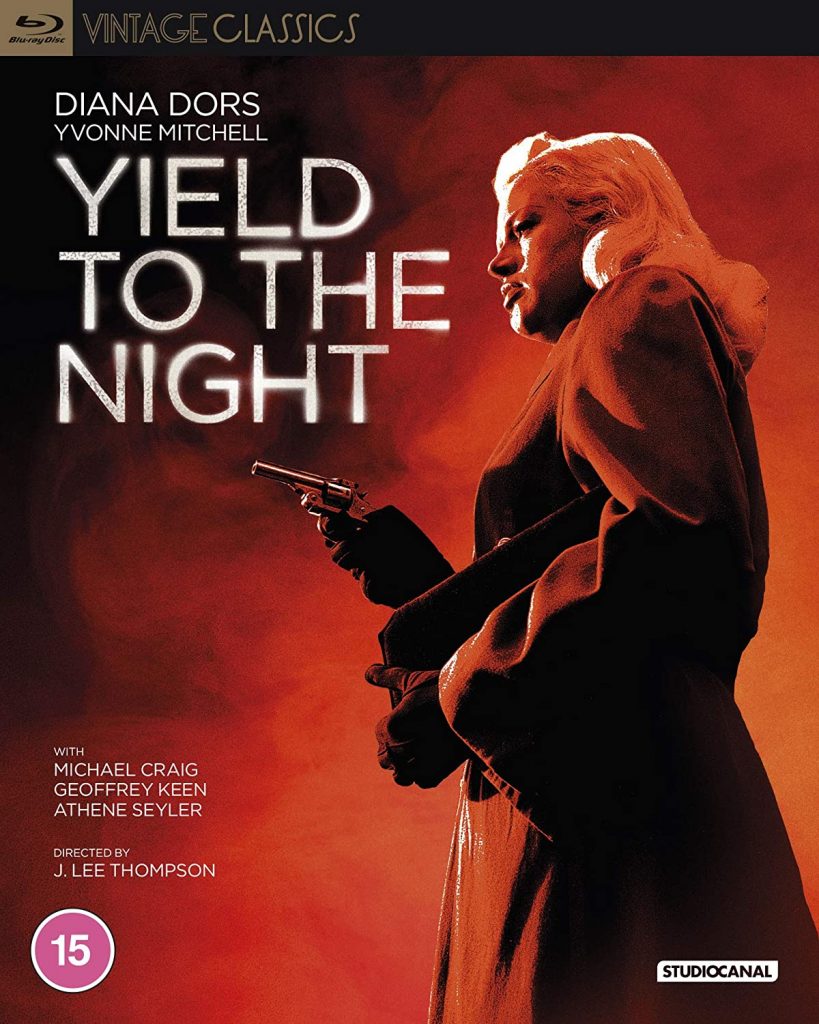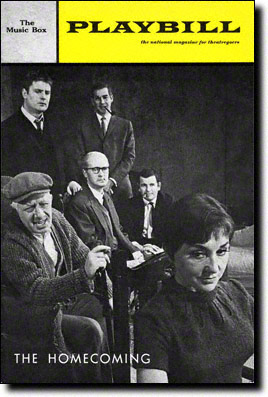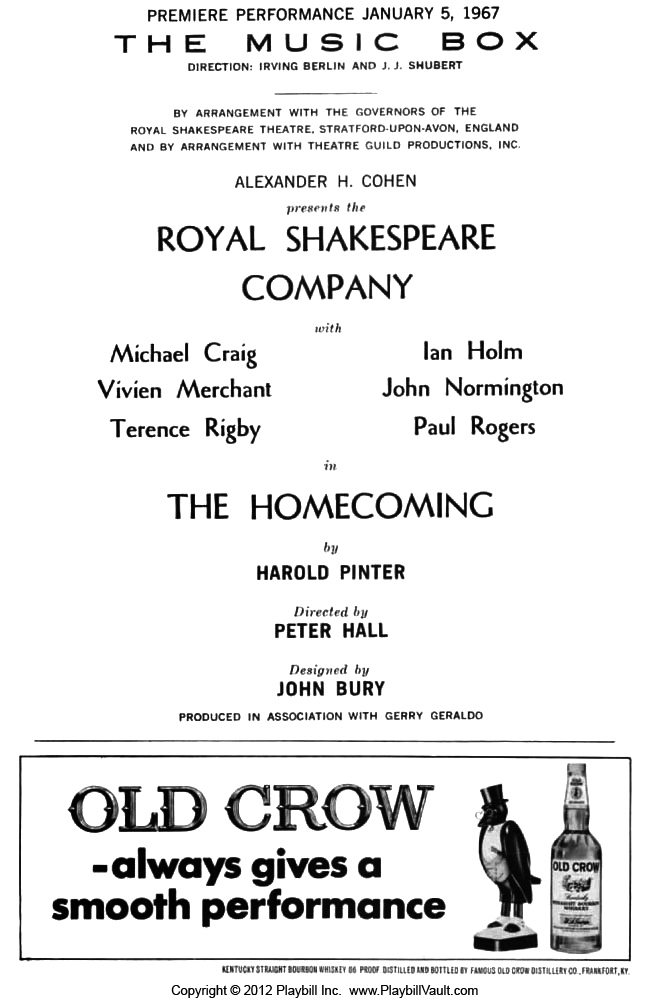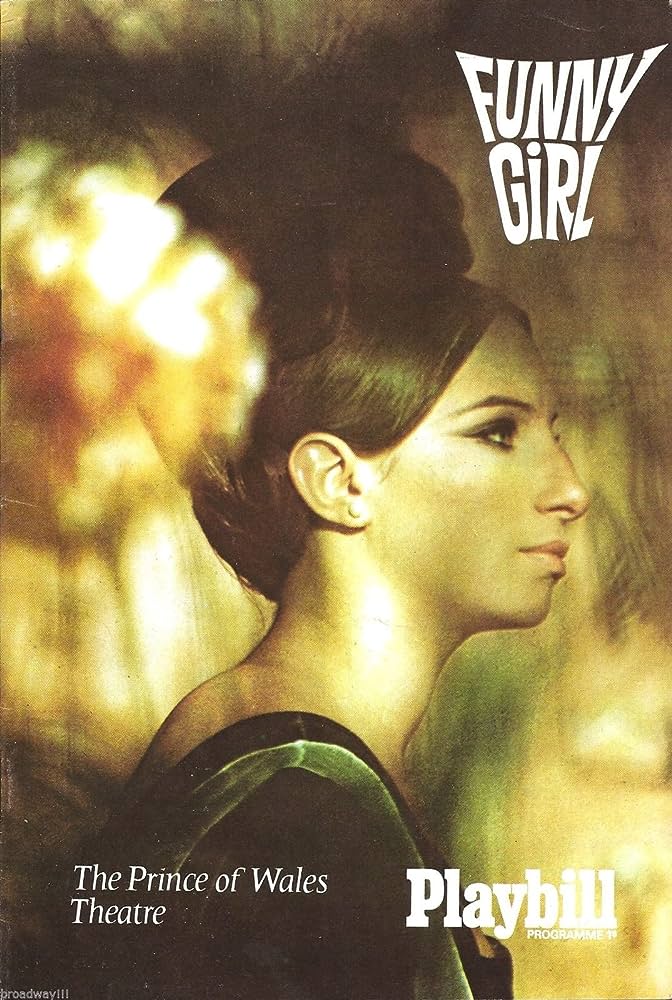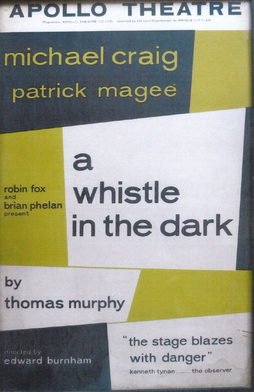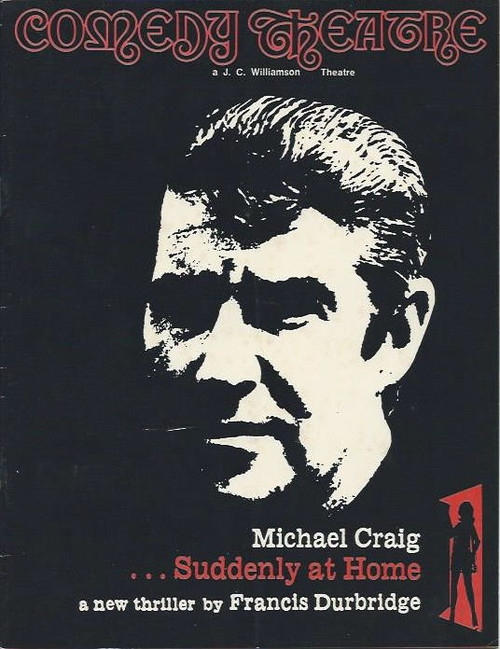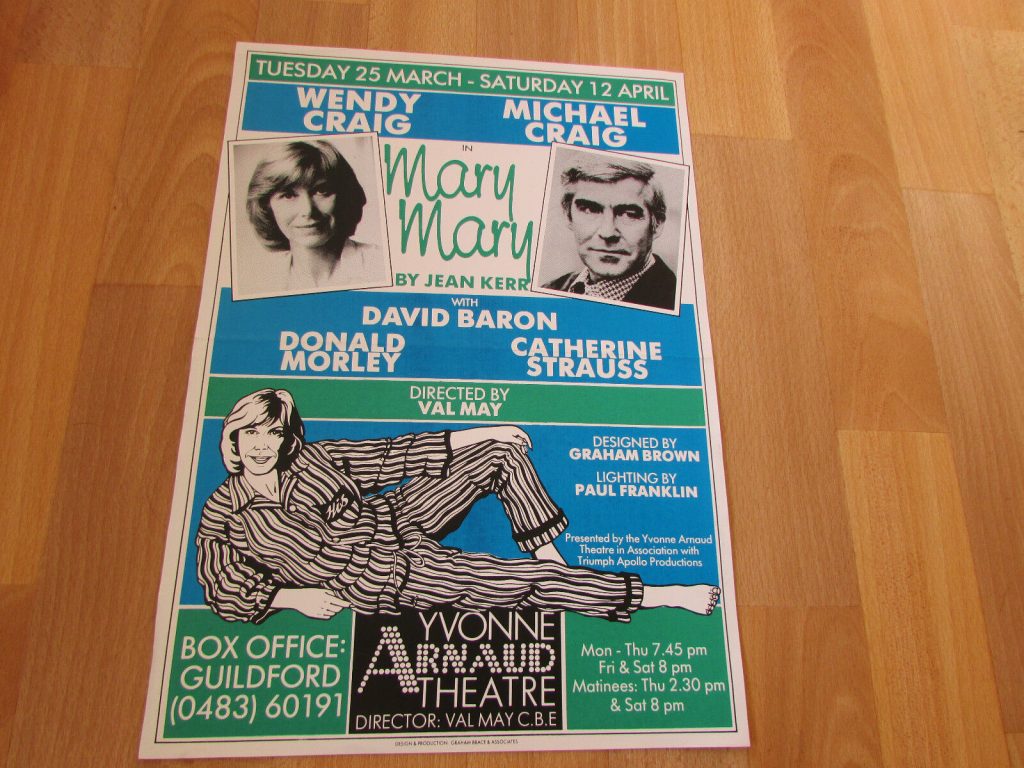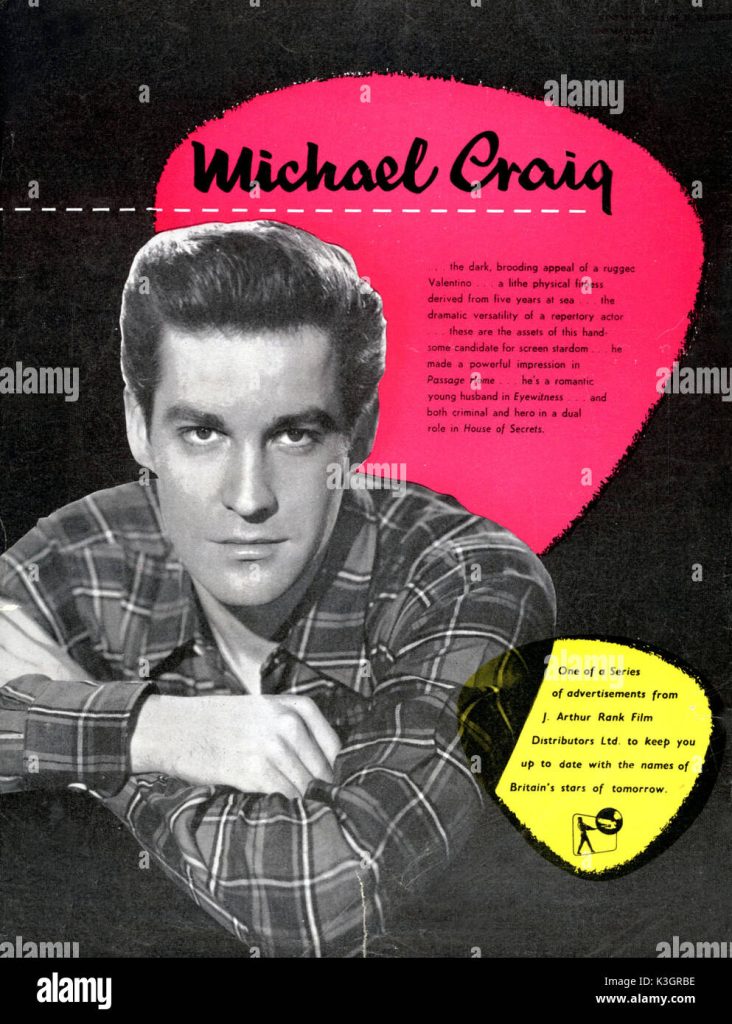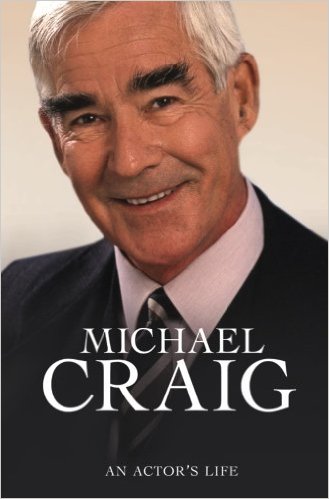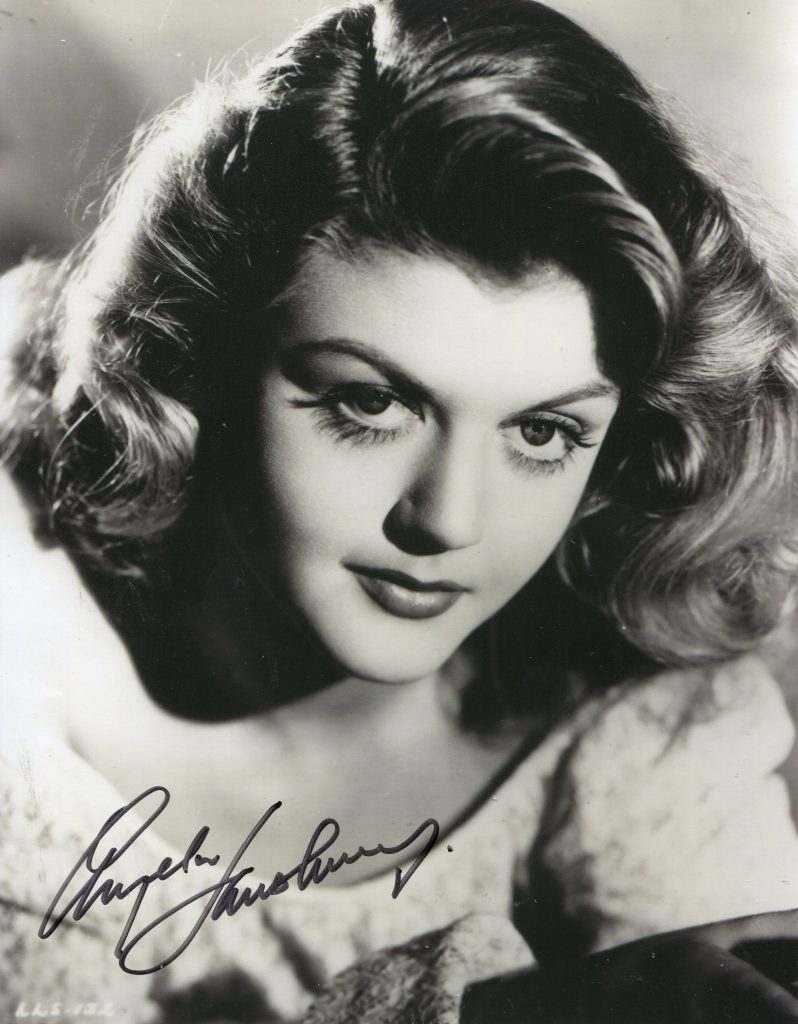
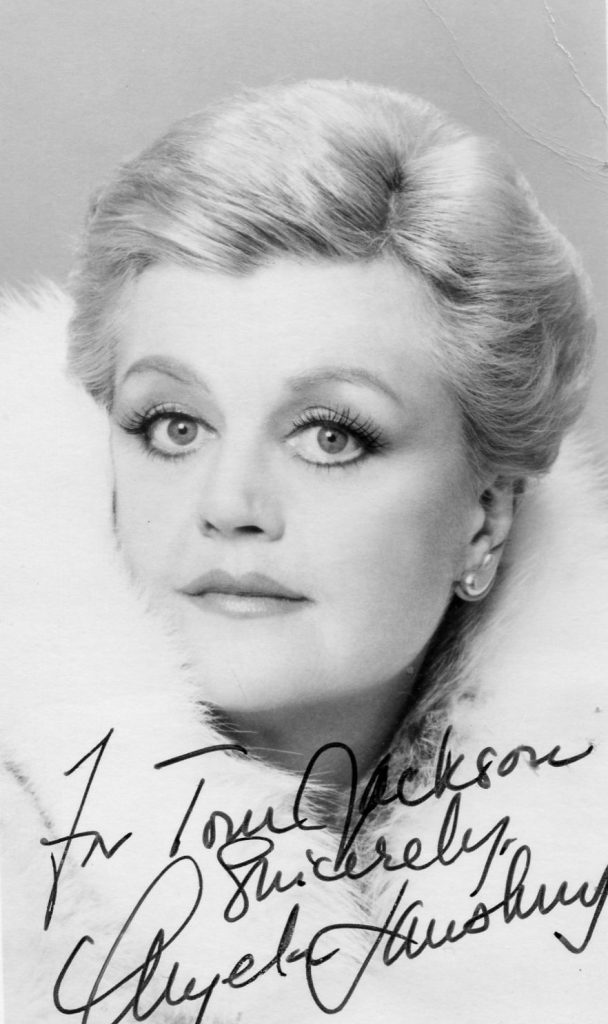
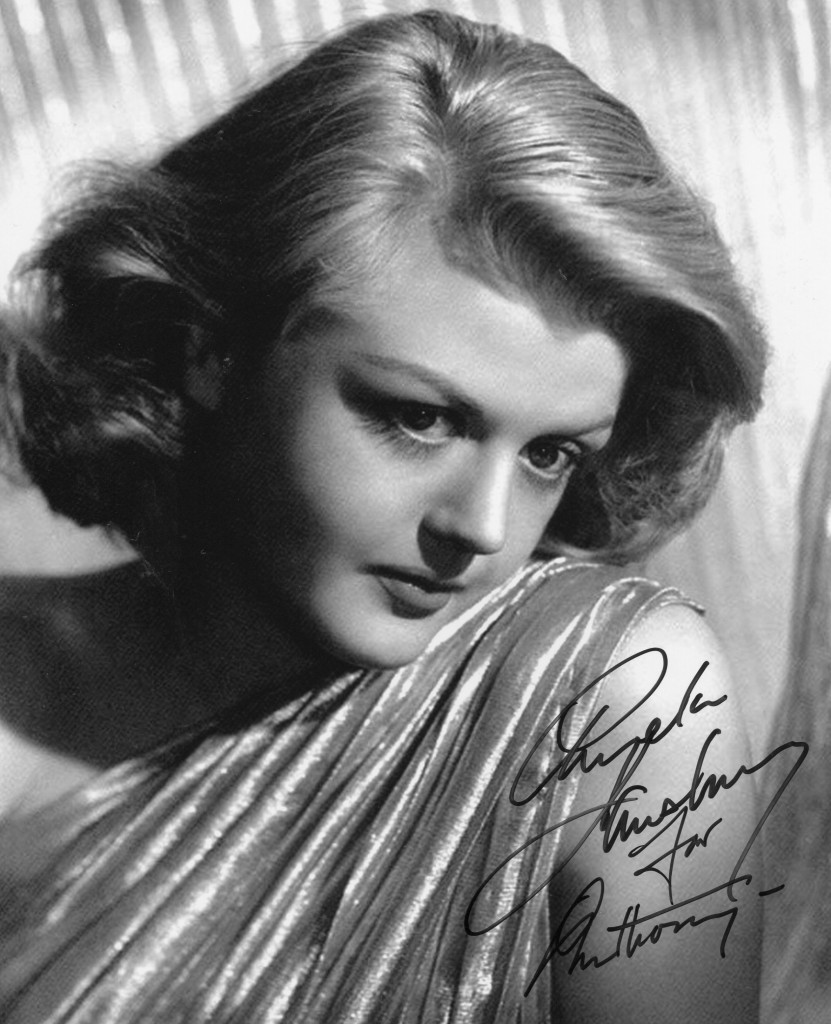
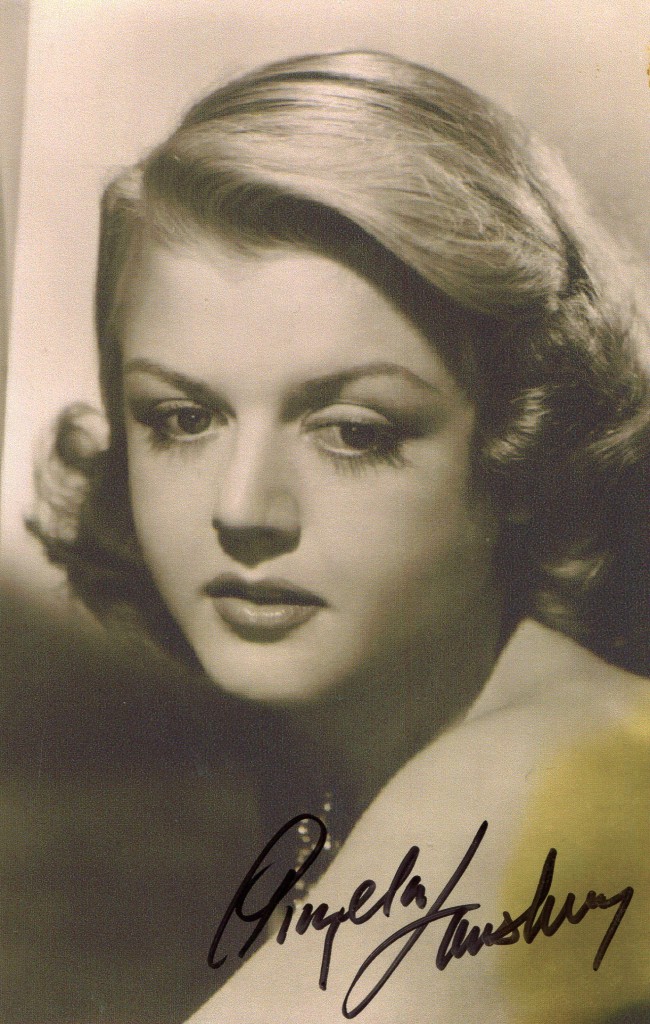
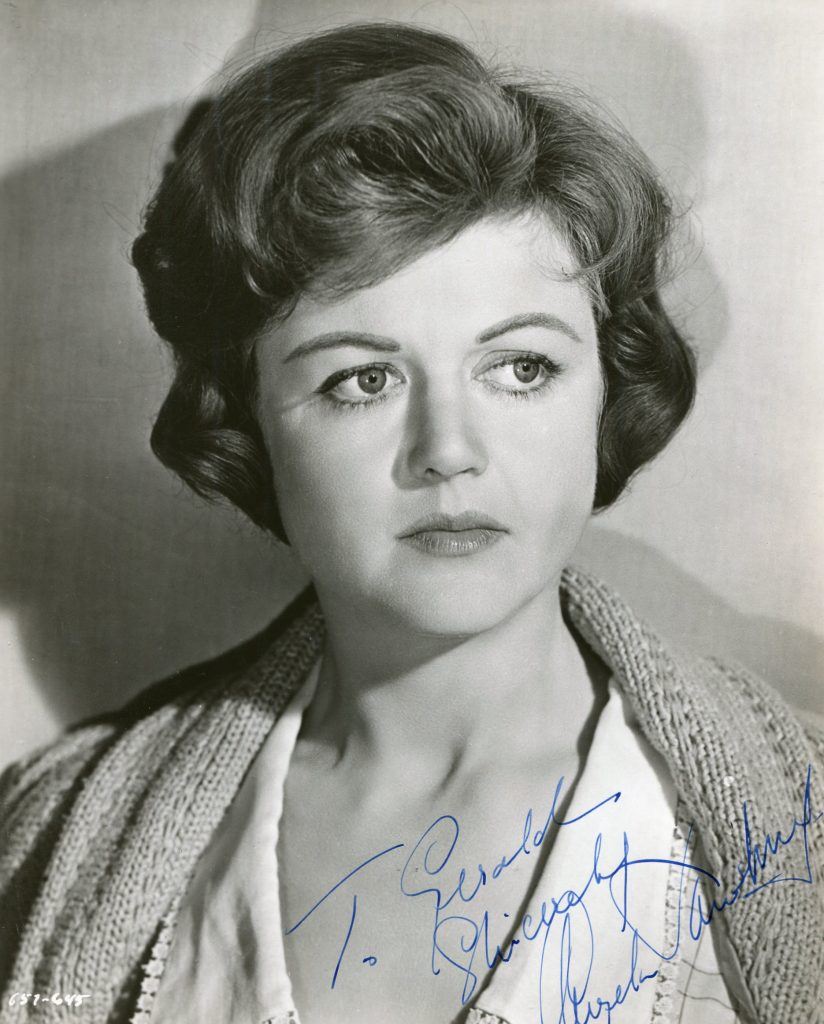
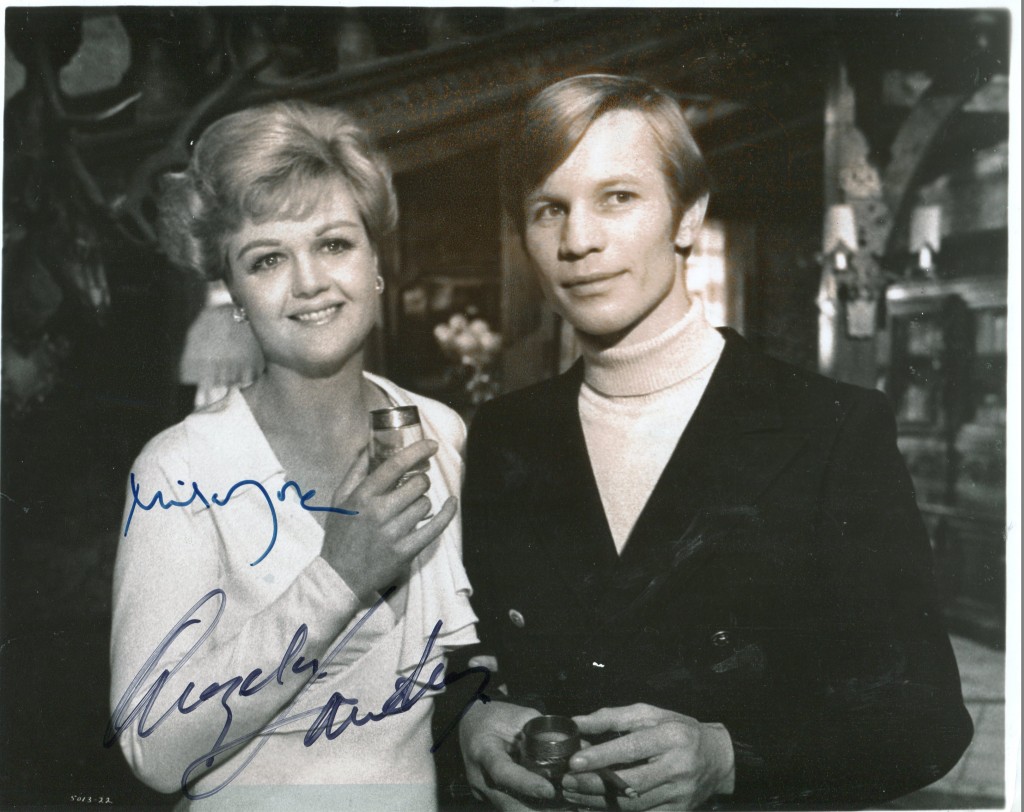
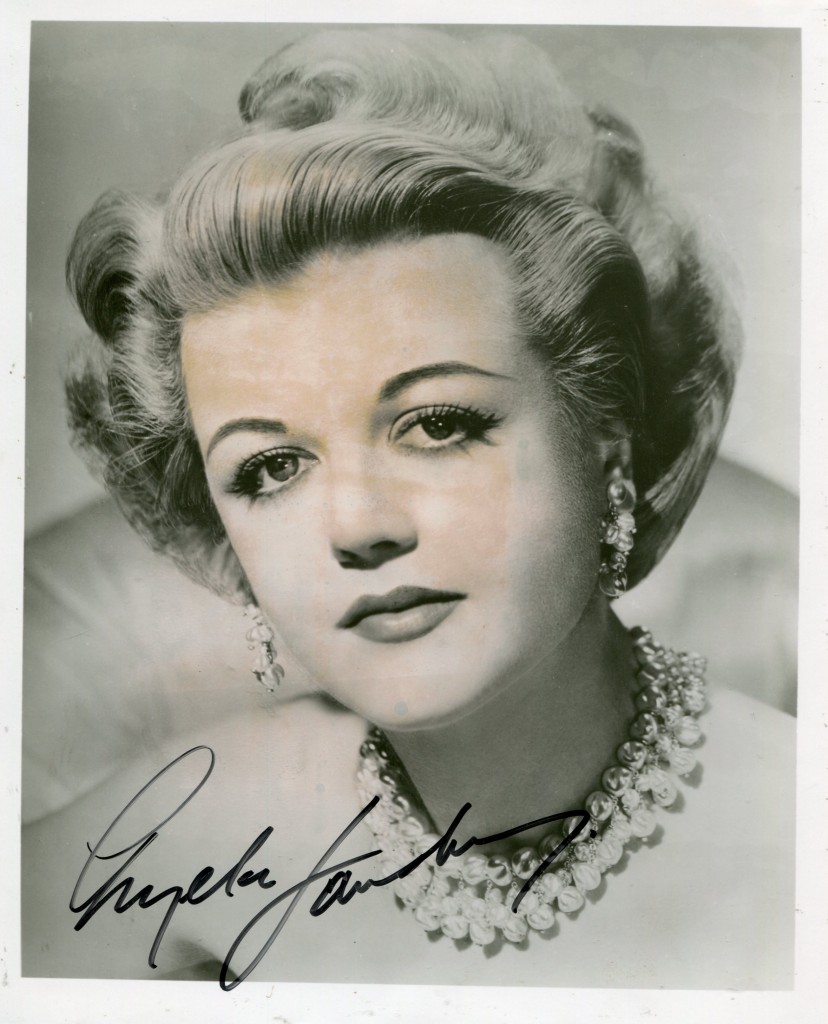
Angela Lansbury (Wikipedia)
Angela Lansbury was born in 1925 and is a British-American-Irish actress who has appeared in theatre, television, and film. Her career has spanned eight decades, much of it in the United States, and her work has attracted international acclaim.
Lansbury was born to Irish actress Moyna Macgill and English politician Edgar Lansbury, an upper-middle-class family in Regent’s Park, central London. To escape the Blitz, in 1940 she moved to the United States with her mother and two brothers, and studied acting in New York City. Proceeding to Hollywood in 1942, she signed with Metro-Goldwyn-Mayer and obtained her first film roles, in Gaslight (1944) and The Picture of Dorian Gray (1945), earning her two Oscar nominations and a Golden Globe Award. She appeared in eleven further films for MGM, mostly in supporting roles, and after her contract ended in 1952 she began supplementing her cinematic work with theatrical appearances. Although largely seen as a B-list star during this period, her appearance in the film The Manchurian Candidate (1962) received widespread acclaim and is cited as being one of her finest performances. Moving into musical theatre, Lansbury finally gained stardom for playing the leading role in the Broadway musical Mame (1966), which earned her a range of awards.
Amid difficulties in her personal life, Lansbury moved from California to County Cork, Ireland in 1970, and continued with a variety of theatrical and cinematic appearances throughout that decade. These included leading roles in the stage musicals Gypsy, originating the role of Mrs. Lovett in Sweeney Todd, and The King and I, as well as in the hit Disney film Bedknobs and Broomsticks (1971). Moving into television, she achieved worldwide fame as fictional writer and sleuth Jessica Fletcher in the American whodunitseries Murder, She Wrote, which ran for twelve seasons from 1984 until 1996, becoming one of the longest-running and most popular detective drama series in television history. Through Corymore Productions, a company that she co-owned with her husband Peter Shaw, Lansbury assumed ownership of the series and was its executive producer for the final four seasons. She also moved into voice work, thereby contributing to animated films such as Disney‘s Beauty and the Beast (1991). Since then, she has toured in a variety of international theatrical productions and continued to make occasional film appearances.
Lansbury has received an Honorary Oscar and a Lifetime Achievement Award from the British Academy of Film and Television Arts (BAFTA) and has won five Tony Awards, six Golden Globes, and an Olivier Award. She has also been nominated for numerous other industry awards, including the Academy Award for Best Supporting Actress on three occasions, and various Primetime Emmy Awards on eighteen occasions, as well as a Grammy award for her work on the Original Motion Picture Soundtrack for the 1991 Disney animated film Beauty and the Beast. In 2014, Lansbury was made a Dame Commander of the Order of the British Empire by Queen Elizabeth II. She has been the subject of three biographies.
Lansbury was born to an upper middle class family on October 16, 1925. Although her birthplace has often been given as Poplar, East London, she has rejected this, asserting that while she had ancestral connections to Poplar, she was born in Regent’s Park, Central London. Her mother was Belfast-born actress Moyna Macgill (born Charlotte Lillian McIldowie), who regularly appeared on stage in the West End and who had also starred in several films. Her father was the wealthy English timber merchant and politician Edgar Lansbury, a member of the Communist Party of Great Britain and former mayor of the Metropolitan Borough of Poplar. Her paternal grandfather was the Labour Party leader and anti-war activist George Lansbury, a man whom she felt “awed” by and considered “a giant in my youth.” Angela had an older half sister, Isolde, who was the daughter of Moyna’s previous marriage to writer and director Reginald Denham. In January 1930, when Angela was four, her mother gave birth to twin boys, Bruce and Edgar, leading the Lansburys to move from their Poplar flat to a house in Mill Hill, North London; on weekends they would vacate to a rural farm in Berrick Salome, near Wallingford, Oxfordshire.[9]“I’m eternally grateful for the Irish side of me. That’s where I got my sense of comedy and whimsy. As for the English half–that’s my reserved side … But put me onstage, and the Irish comes out. The combination makes a good mix for acting.”
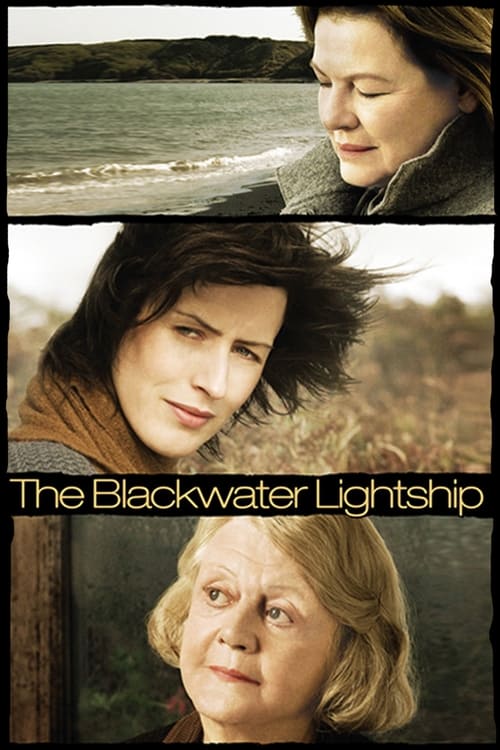
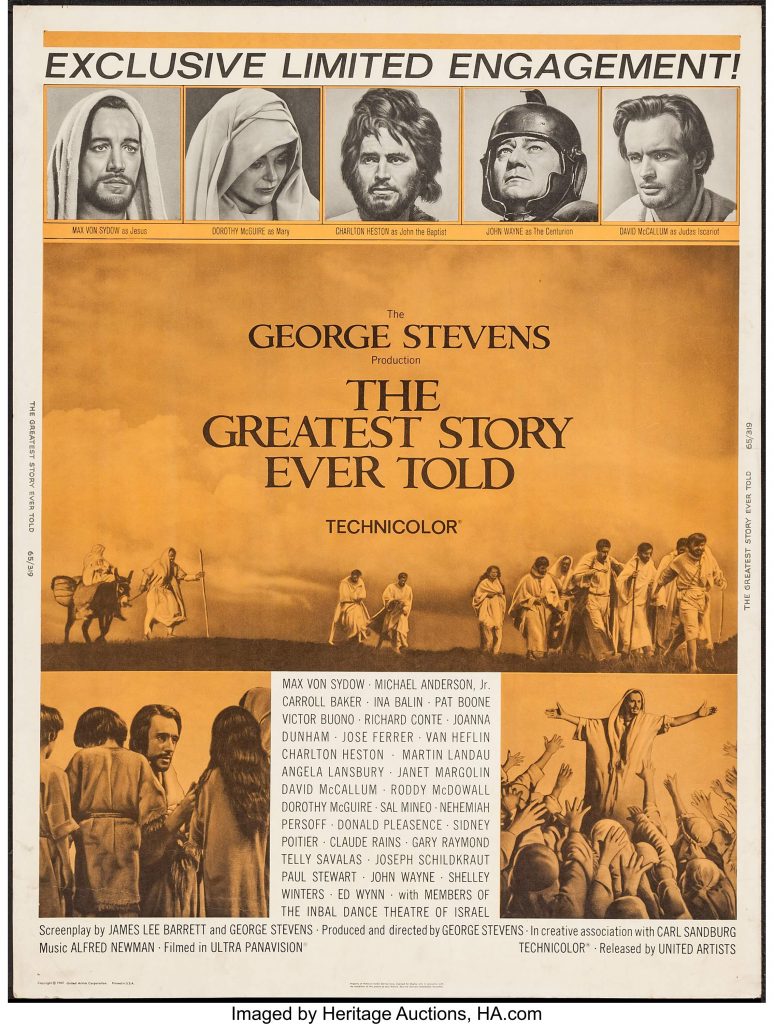
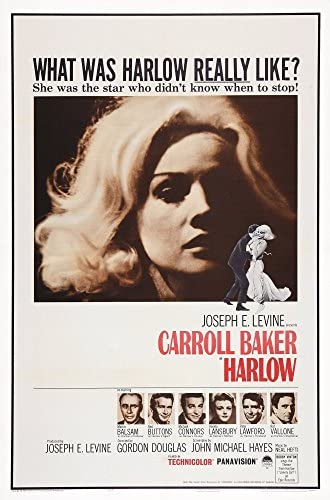
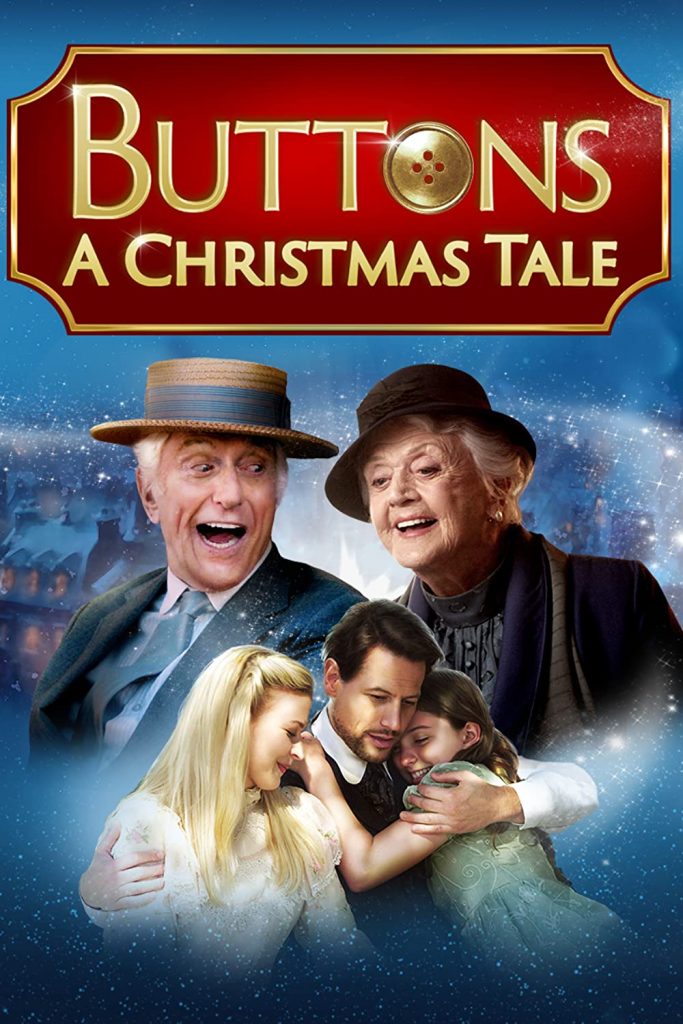
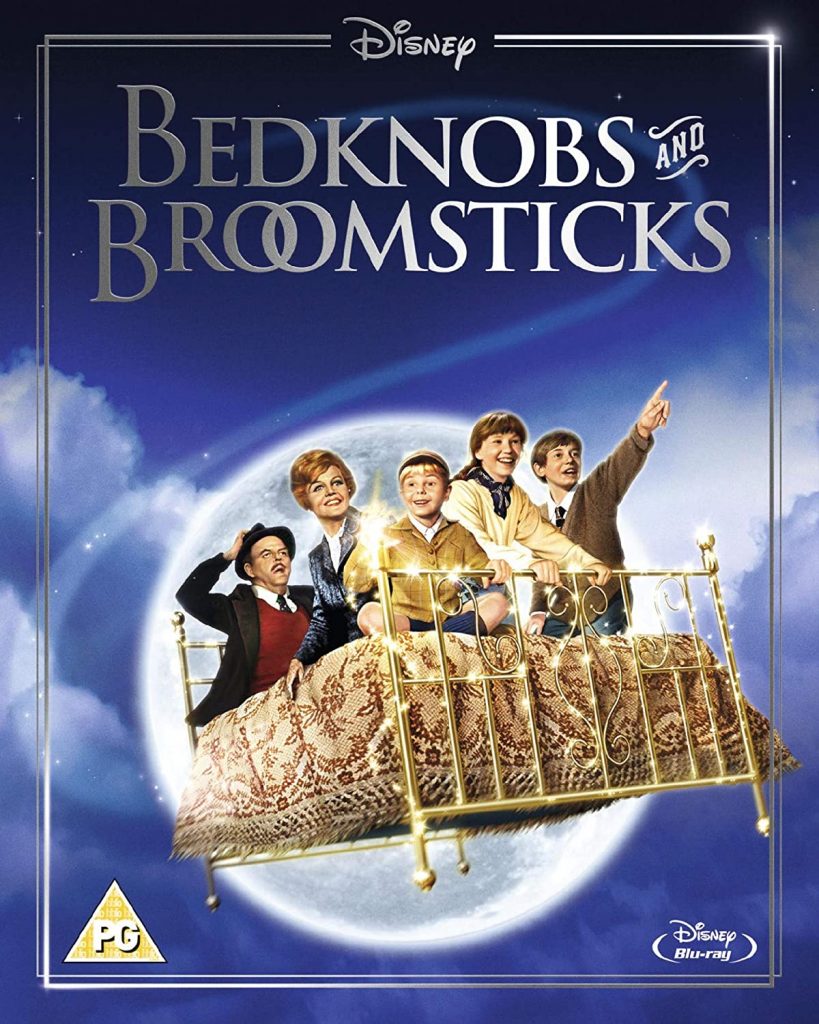
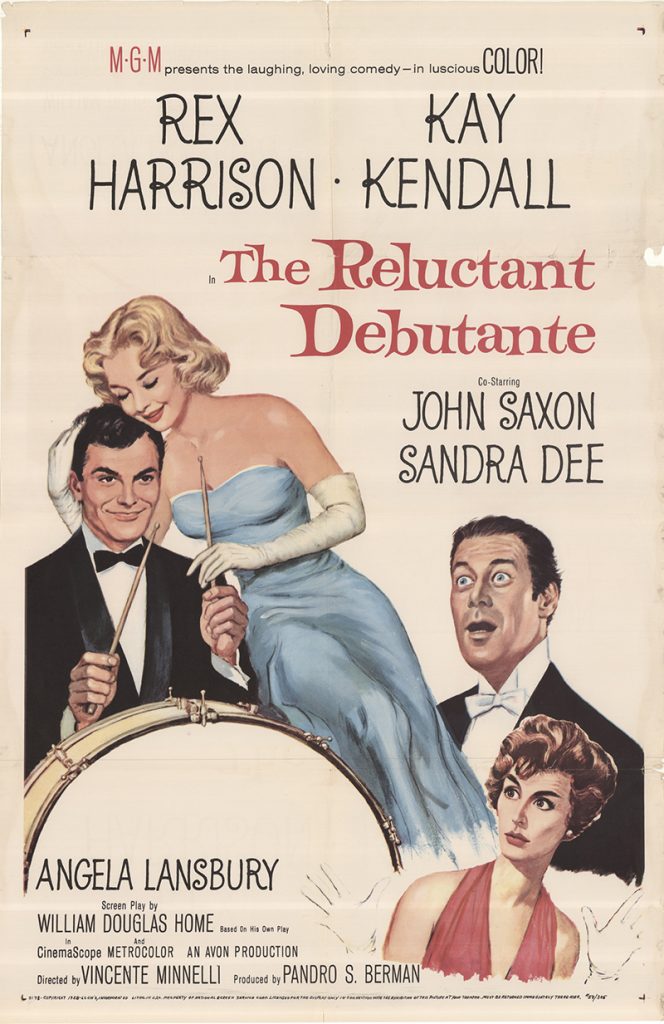
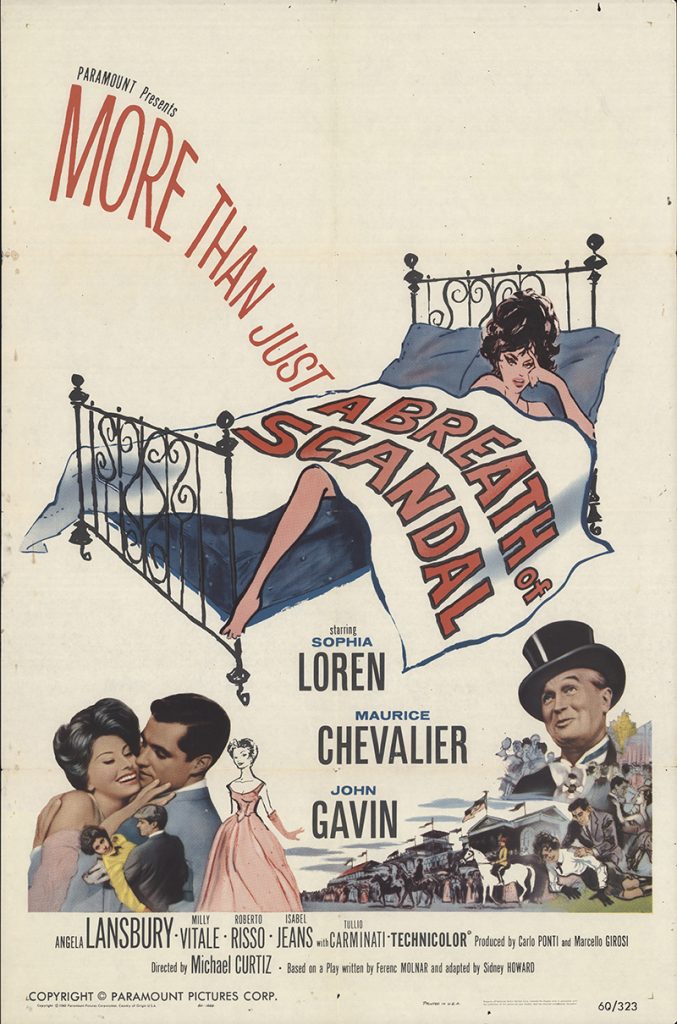
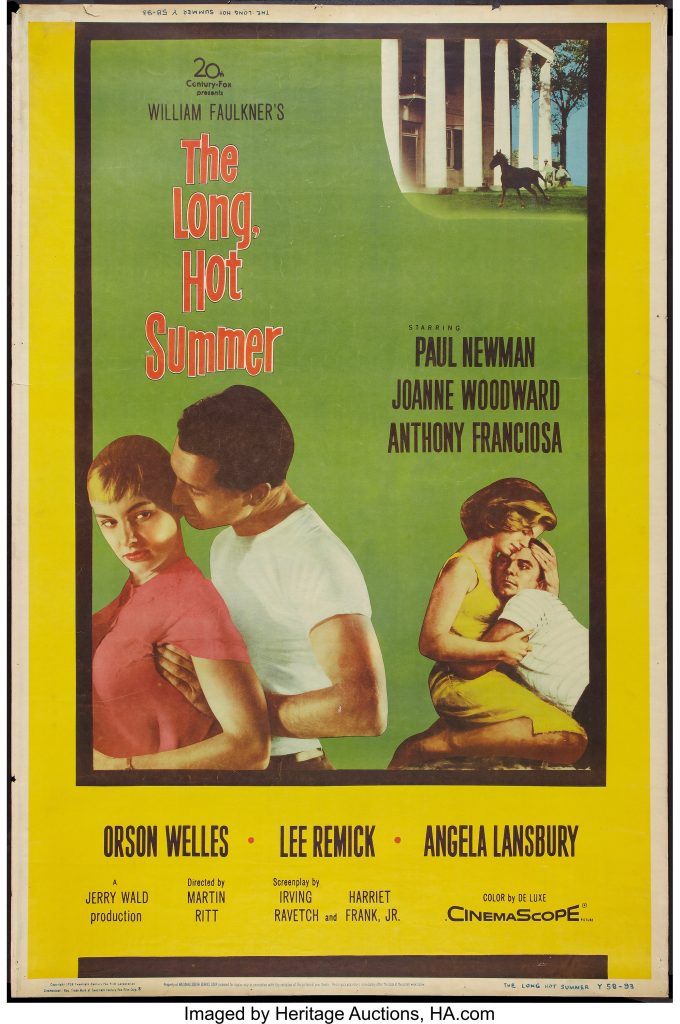
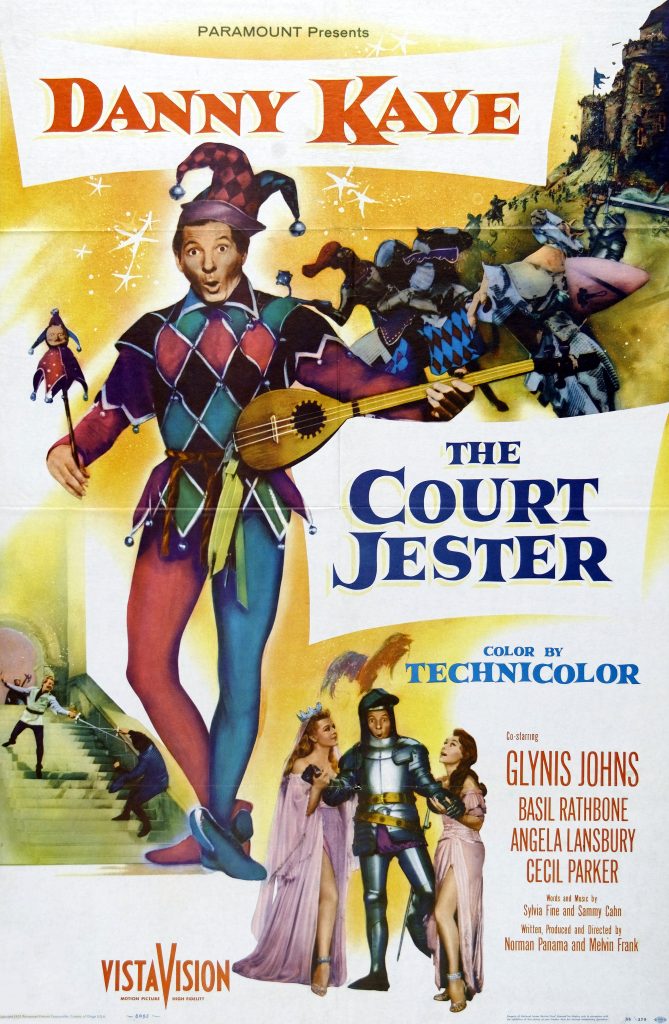
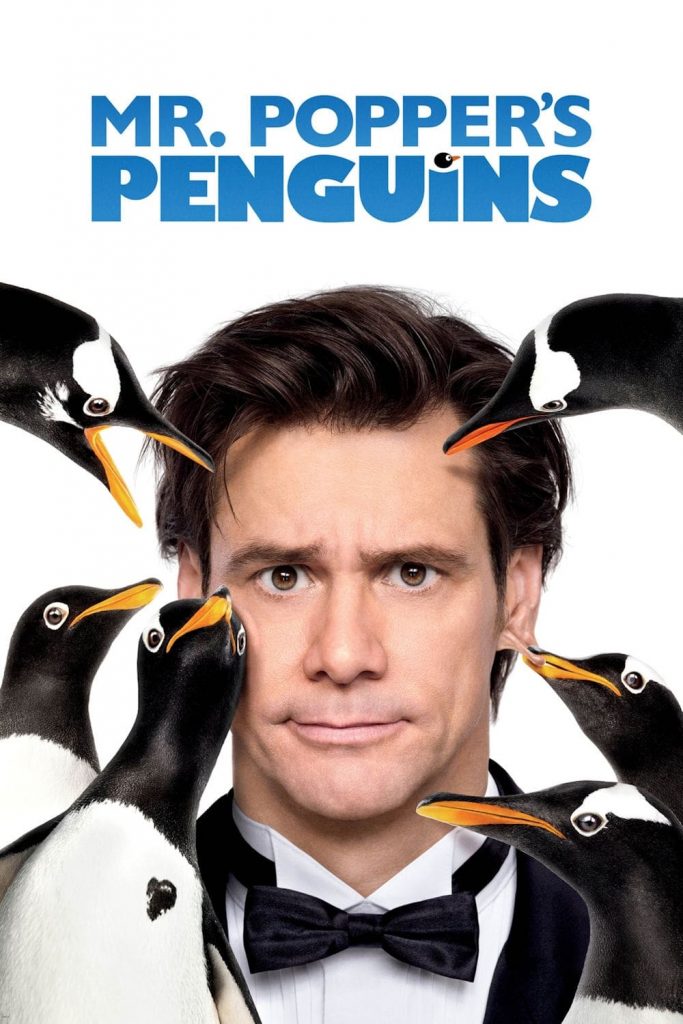
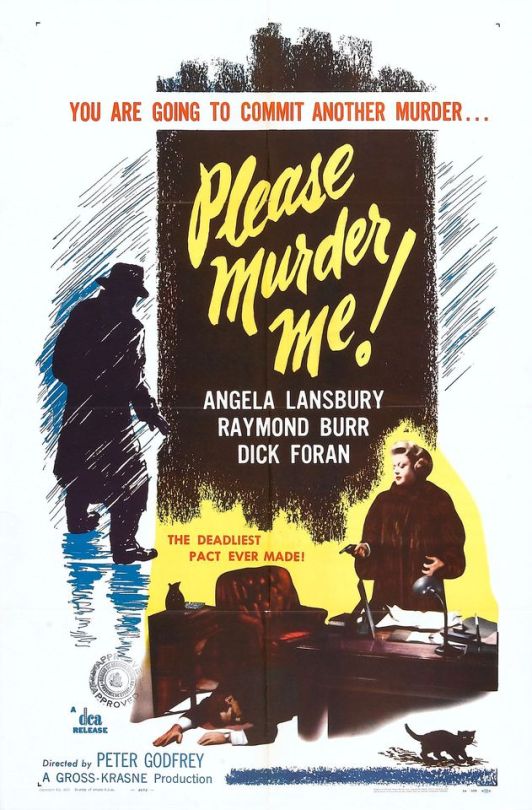
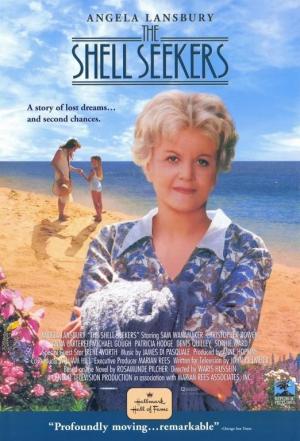
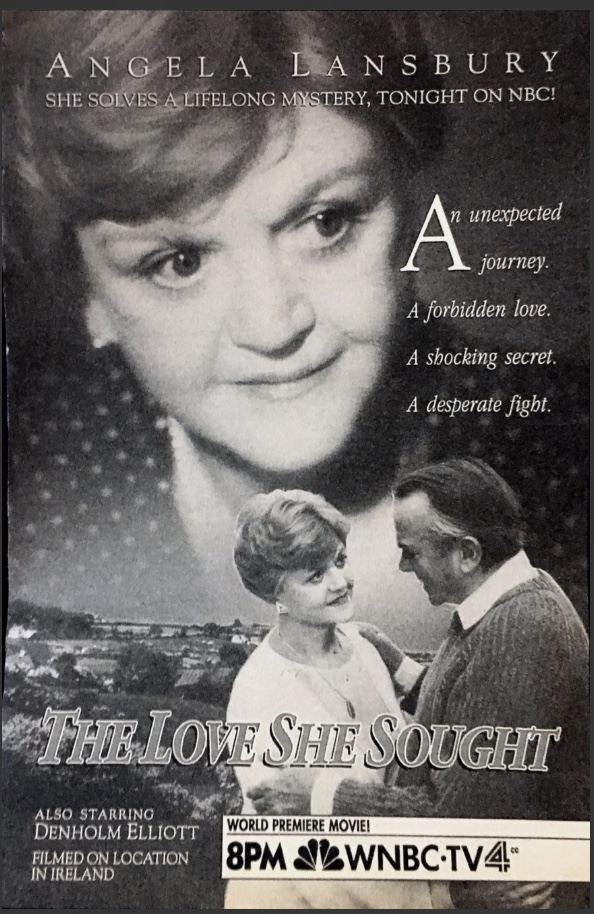
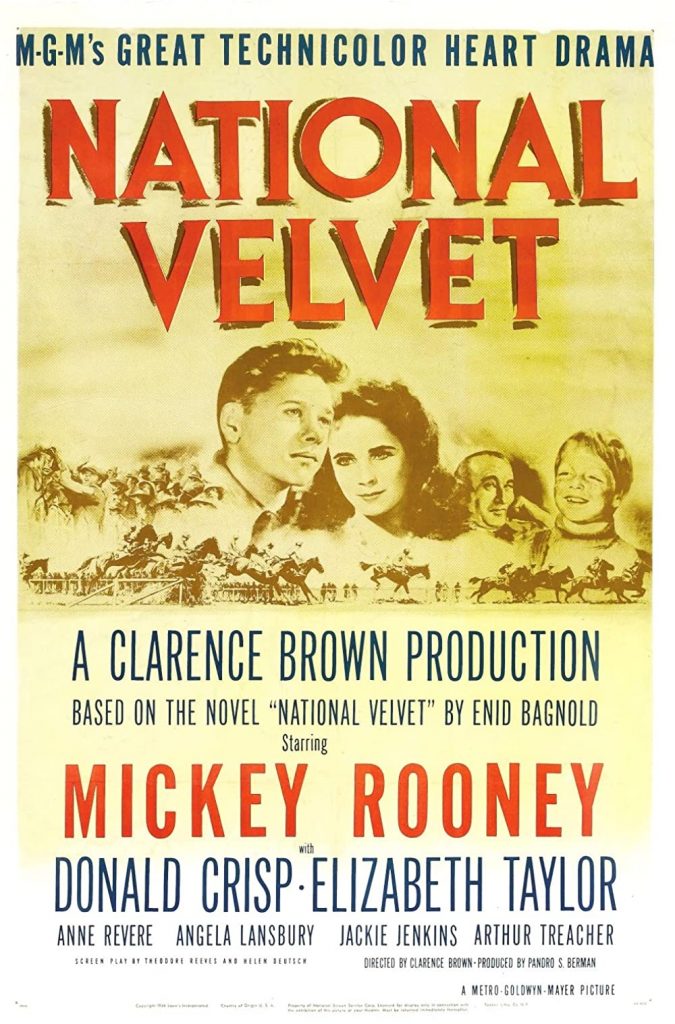
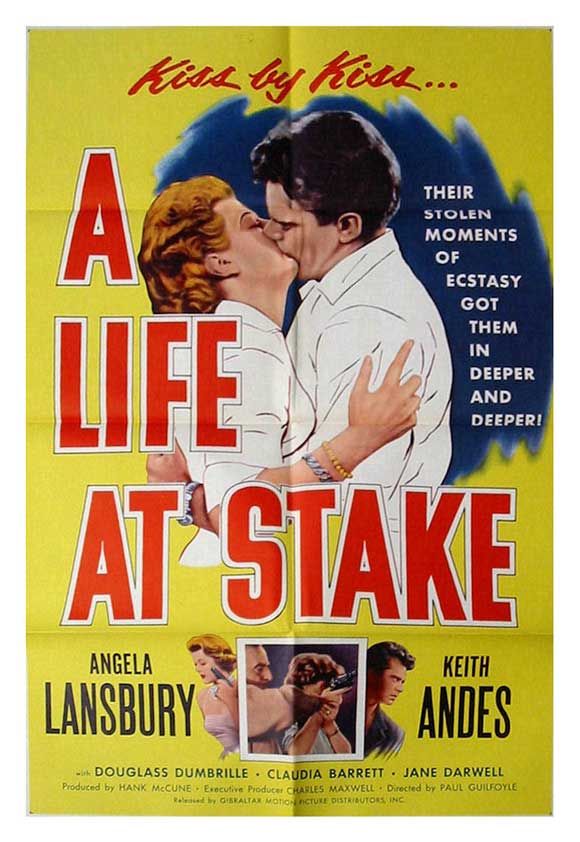
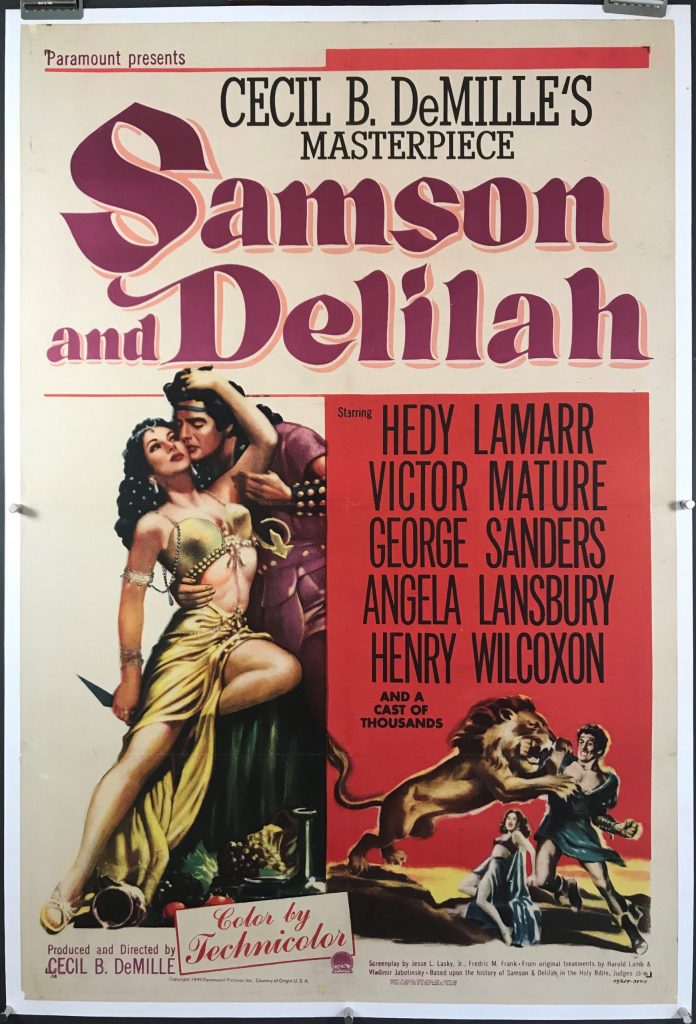
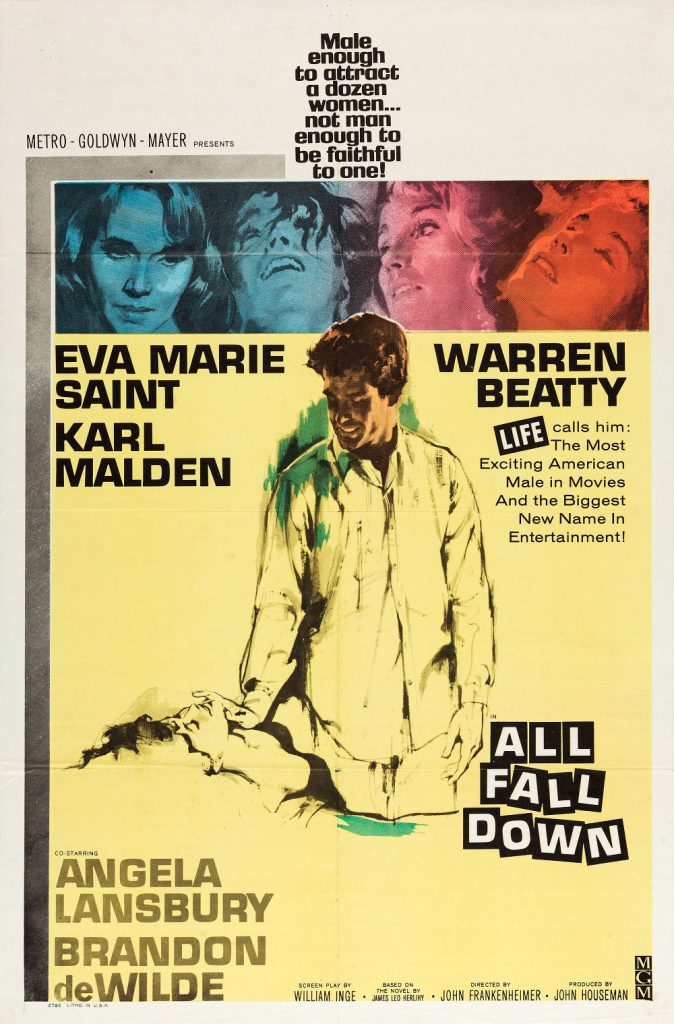
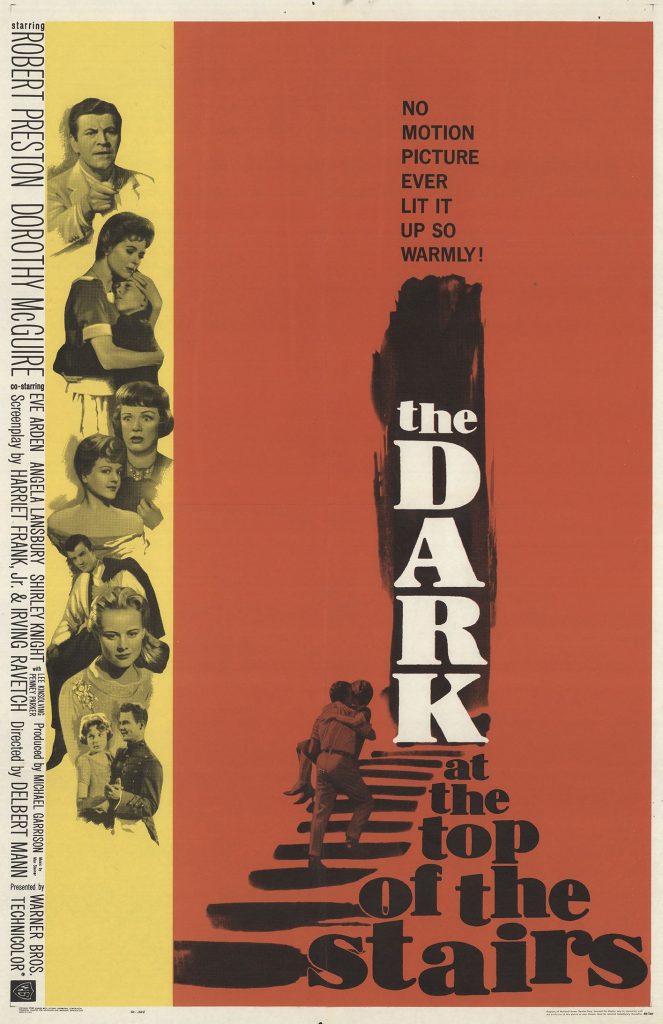
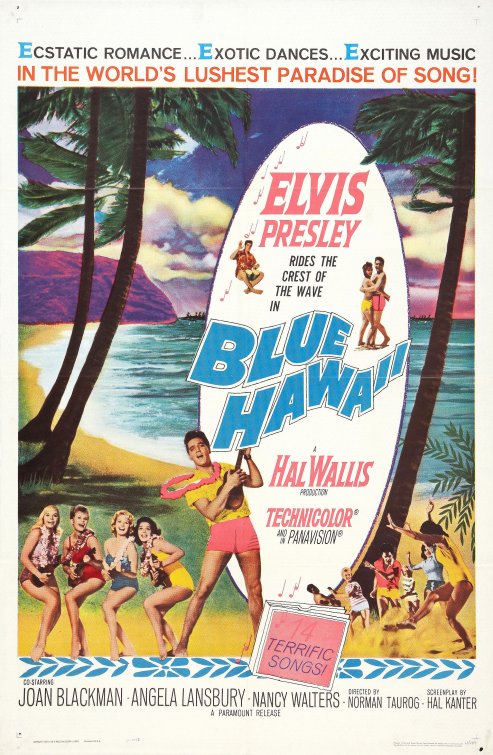
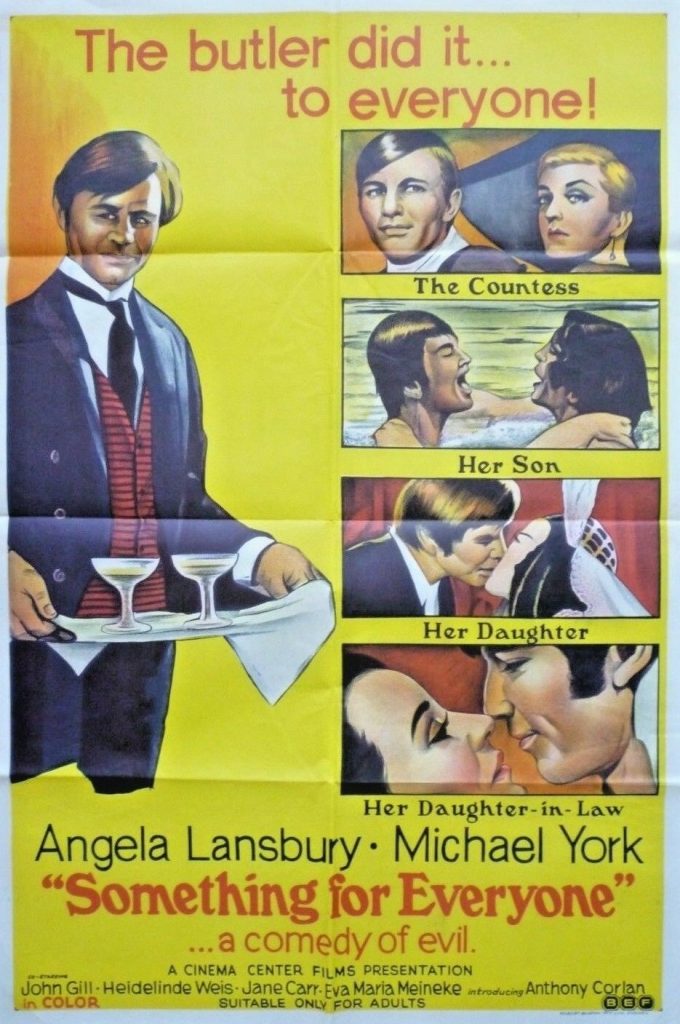
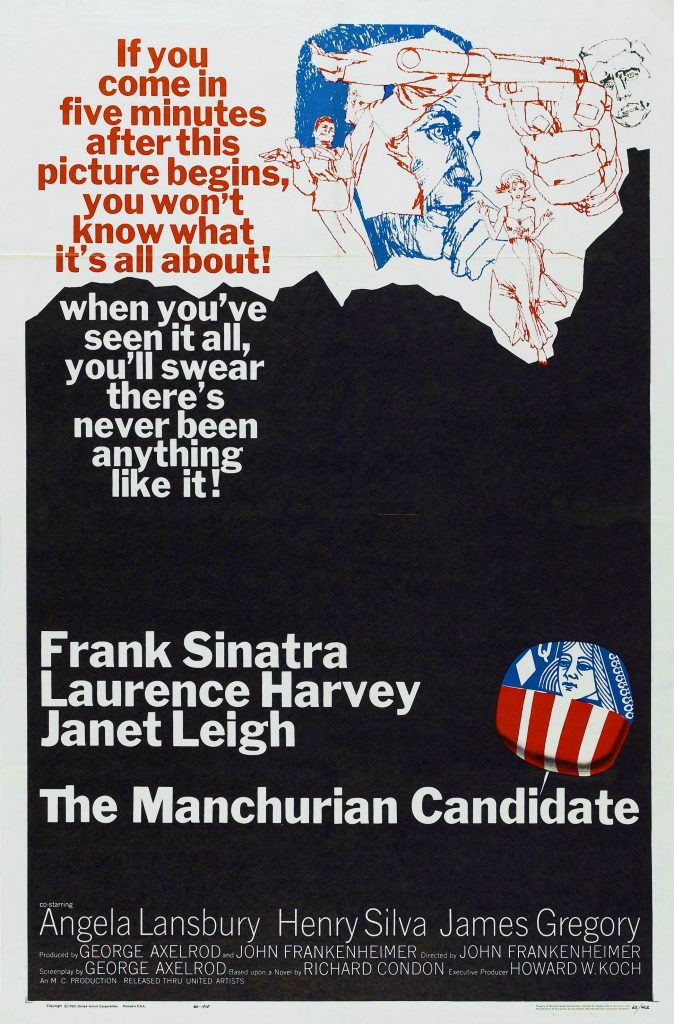
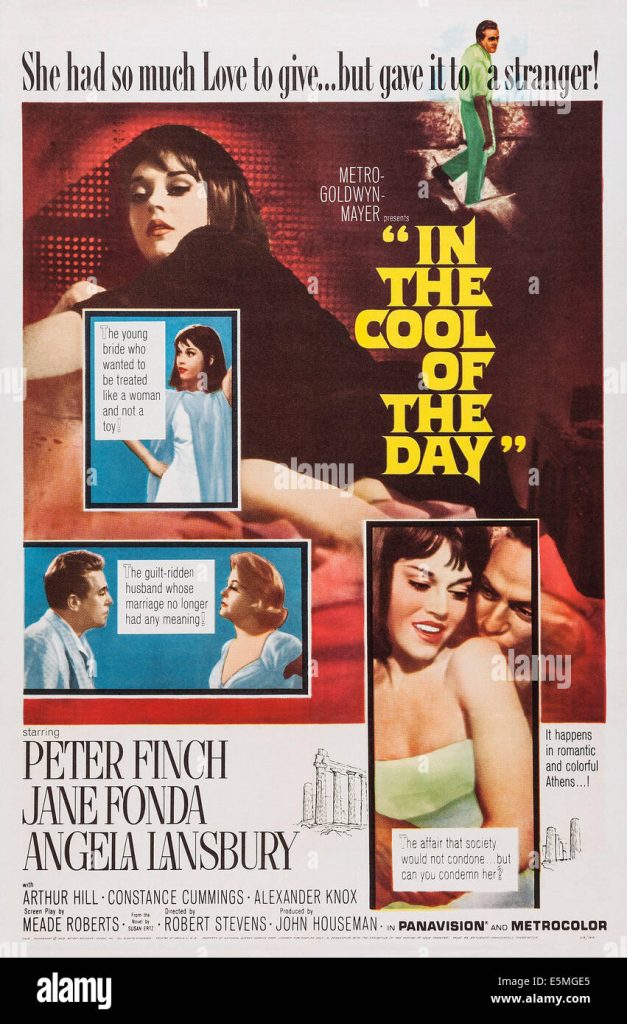
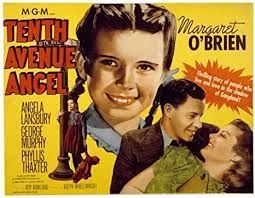
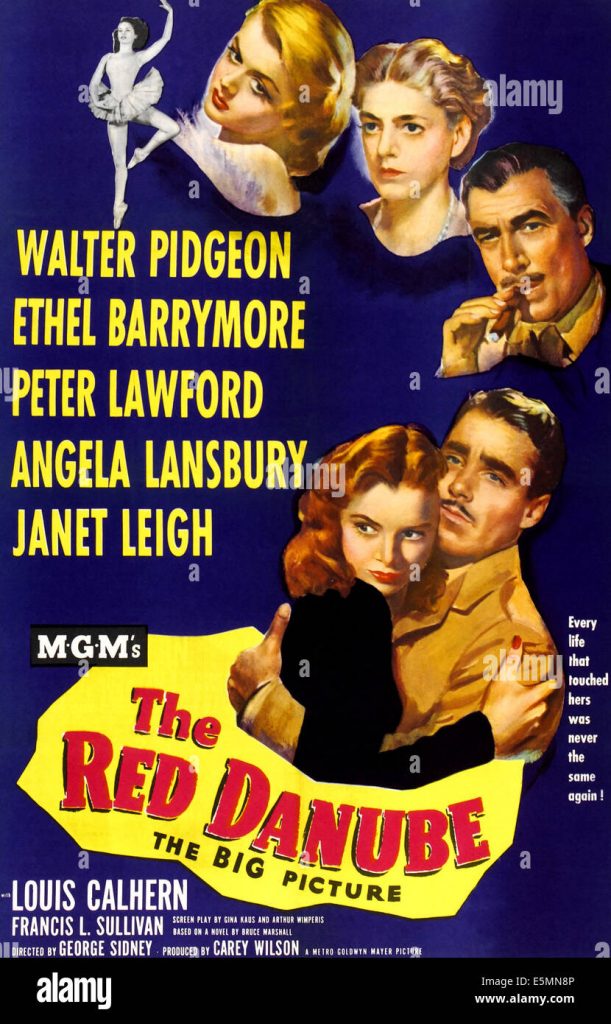
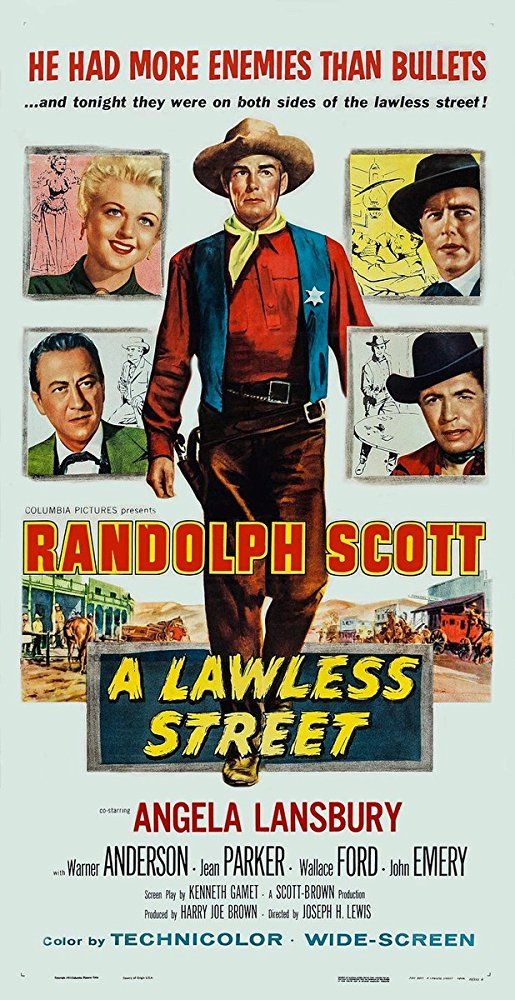
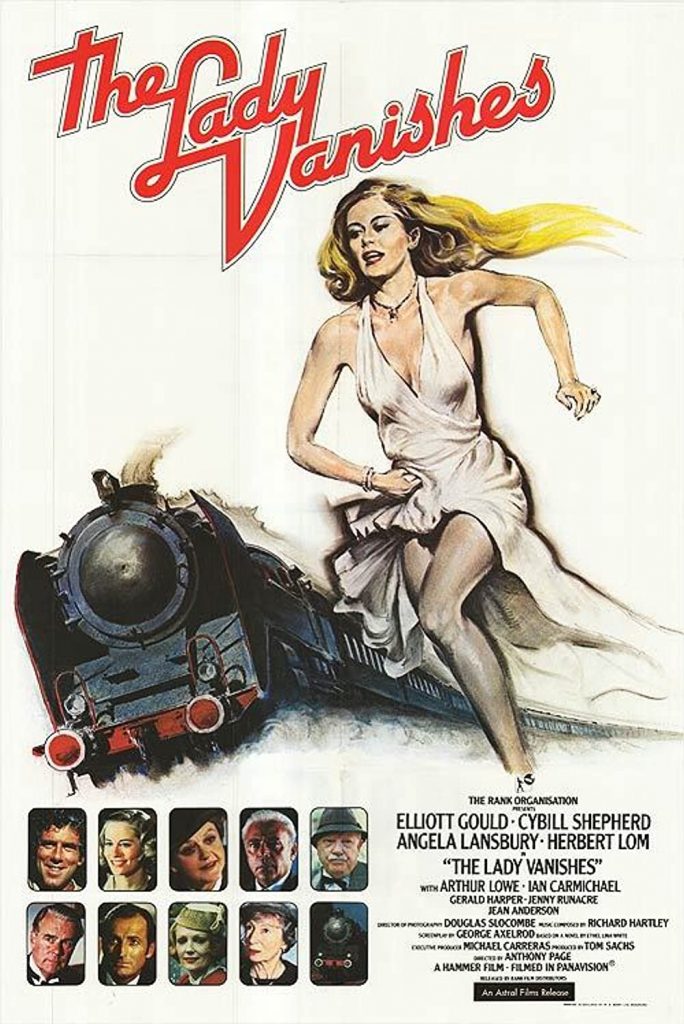
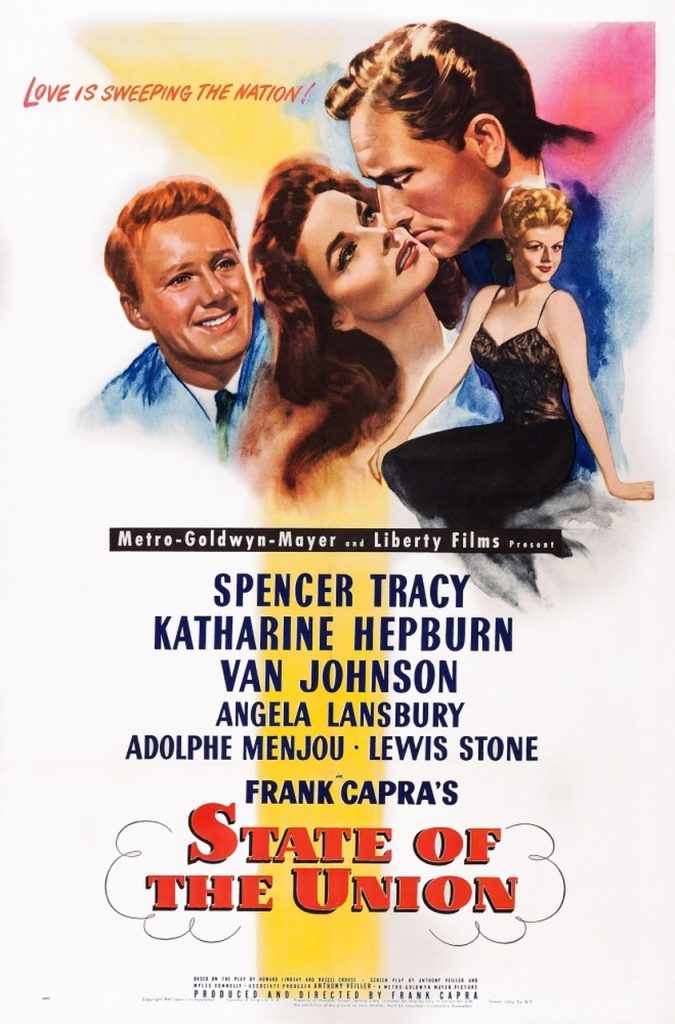
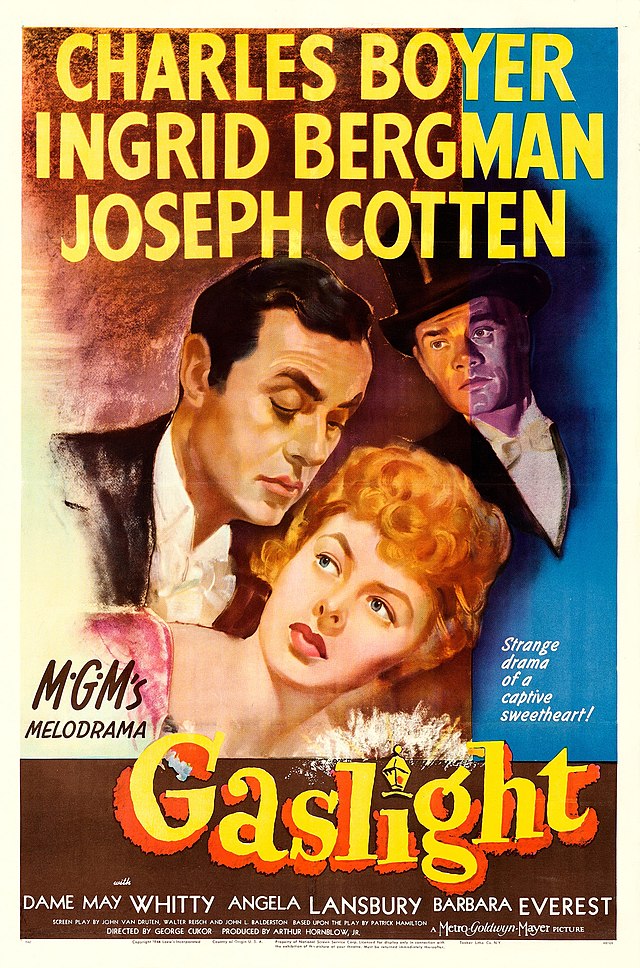
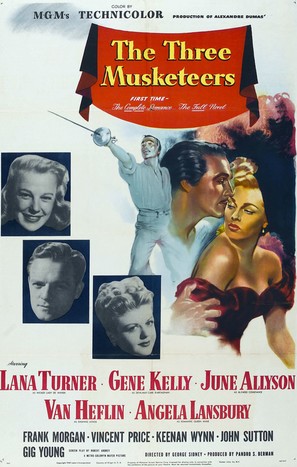
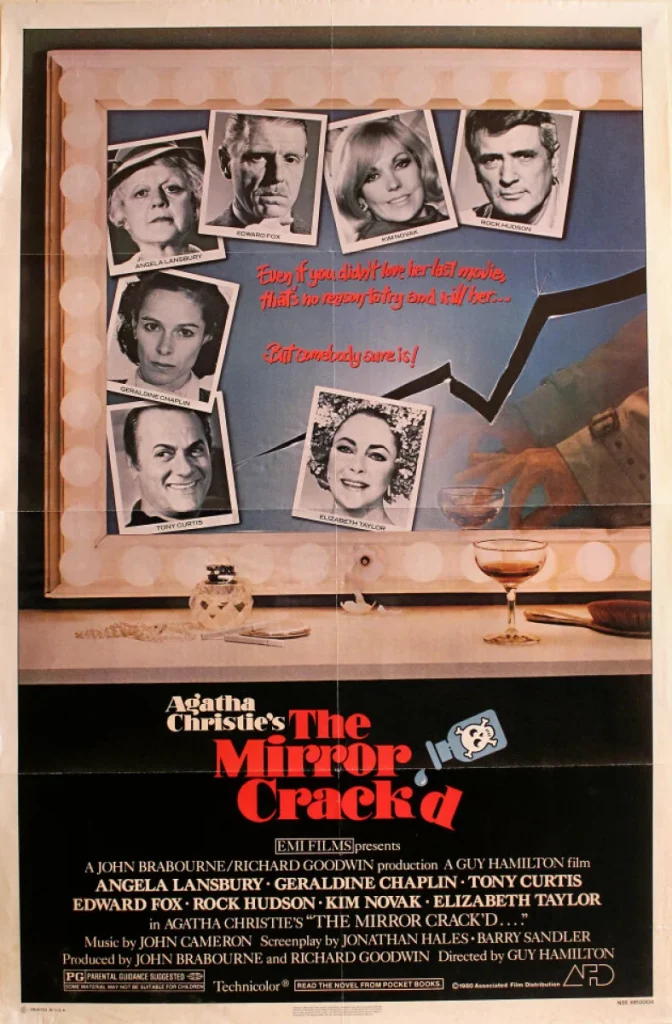
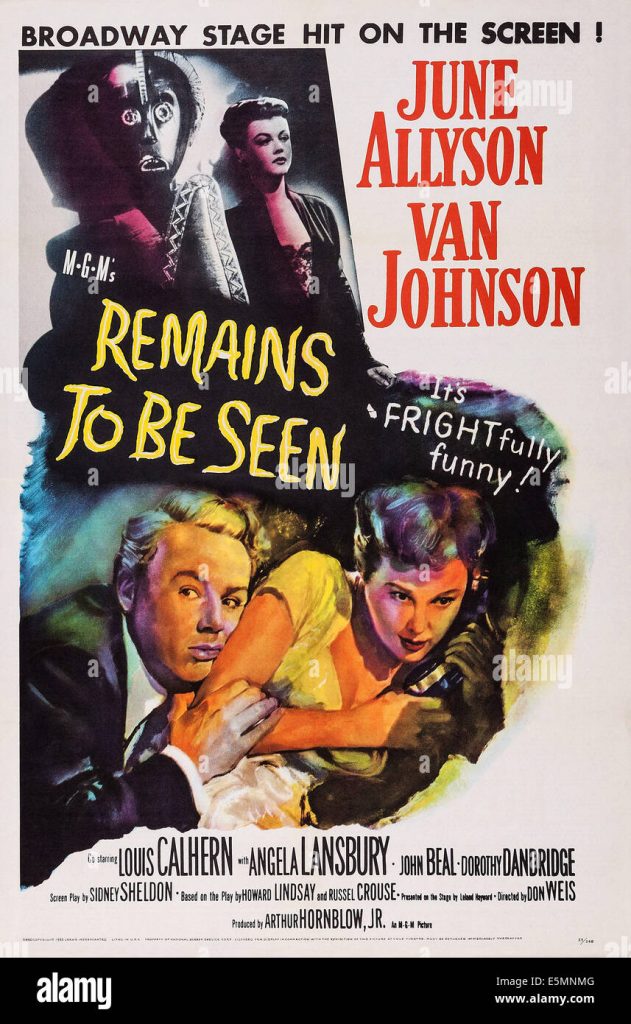
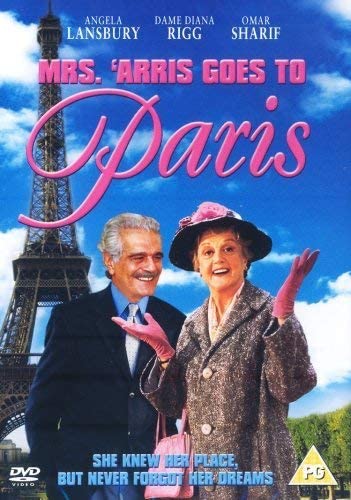
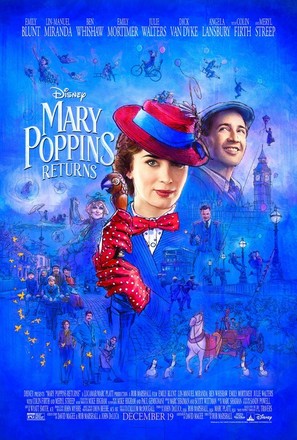
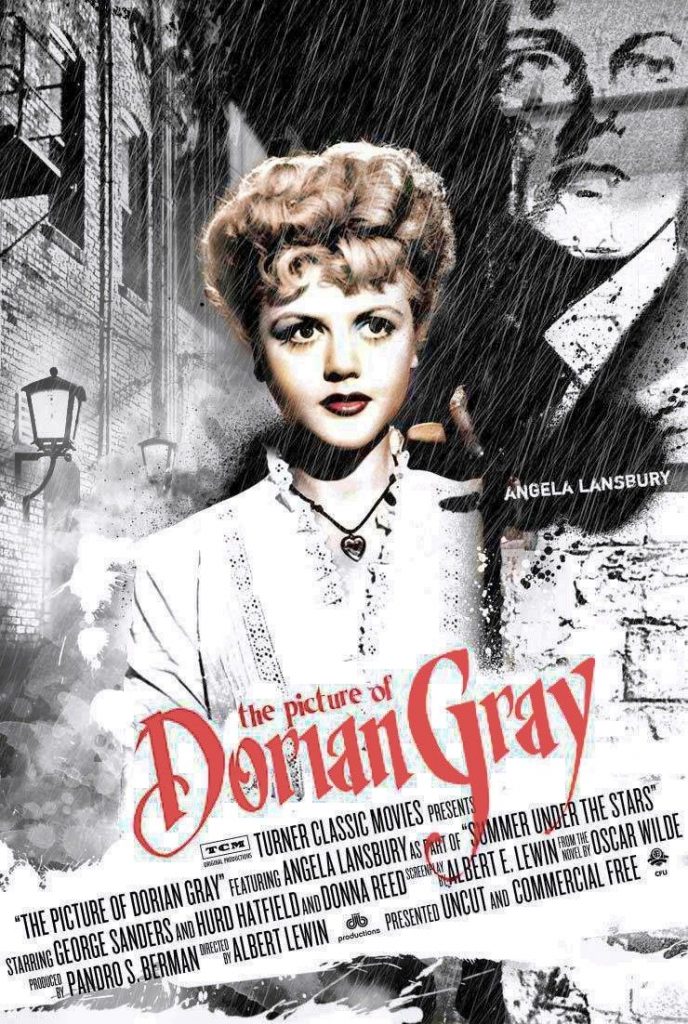
When Lansbury was nine, her father died from stomach cancer; she retreated into playing characters as a coping mechanism. In 2014, Lansbury described this event as “the defining moment of my life. Nothing before or since has affected me so deeply.” Facing financial difficulty, her mother became engaged to a Scottish colonel, Leckie Forbes, and moved into his house in Hampstead, with Lansbury receiving an education at South Hampstead High School from 1934 until 1939. She nevertheless considered herself largely self-educated, learning from books, theatre and cinema. She became a self-professed “complete movie maniac”, visiting the cinema regularly and imagining herself as certain characters. Keen on playing the piano, she briefly studied music at the Ritman School of Dancing, and in 1940 began studying acting at the Webber Douglas School of Singing and Dramatic Art in Kensington, West London, first appearing onstage as a lady-in-waiting in the school’s production of Maxwell Anderson‘s Mary of Scotland.
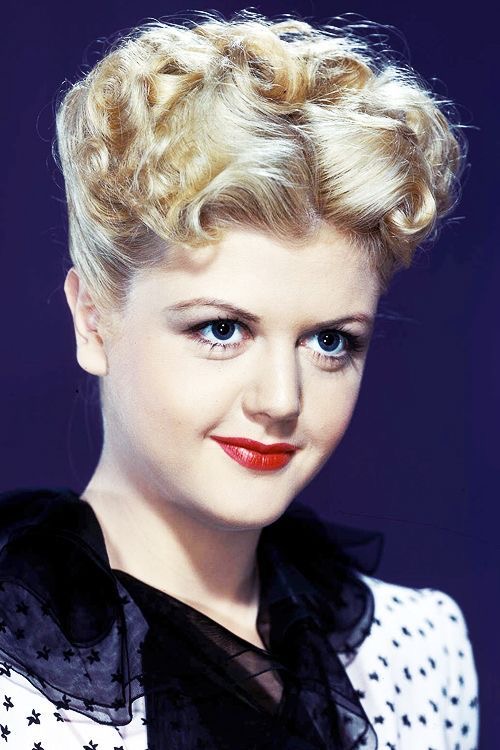
That year, Angela’s grandfather died, and with the onset of the Blitz, Macgill decided to take Angela, Bruce and Edgar to the United States; Isolde remained in Britain with her new husband, the actor Peter Ustinov. Macgill secured a job supervising sixty British children who were being evacuated to North America aboard the Duchess of Athol, arriving with them in Montreal, Quebec, Canada, in mid-August. From there, she proceeded by train to New York City, where she was financially sponsored by a Wall Street businessman, Charles T. Smith, moving in with his family at their home at Mahopac, New York. Lansbury gained a scholarship from the American Theatre Wing allowing her to study at the Feagin School of Drama and Radio, where she appeared in performances of William Congreve‘s The Way of the World and Oscar Wilde‘s Lady Windermere’s Fan. She graduated in March 1942, by which time the family had moved to a flat in Morton Street, Greenwich Village.
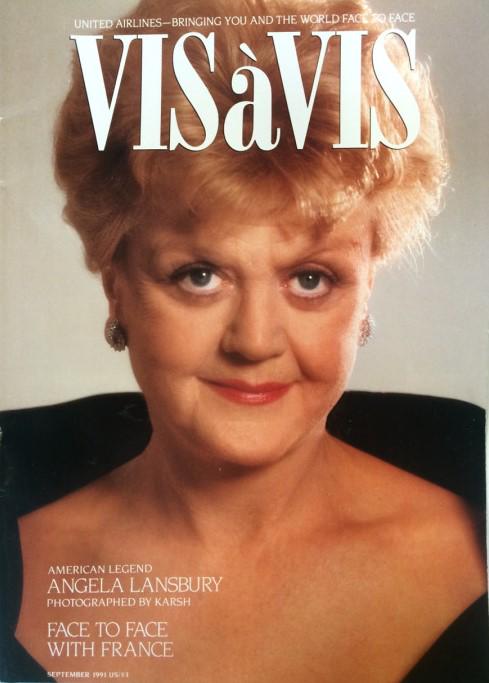
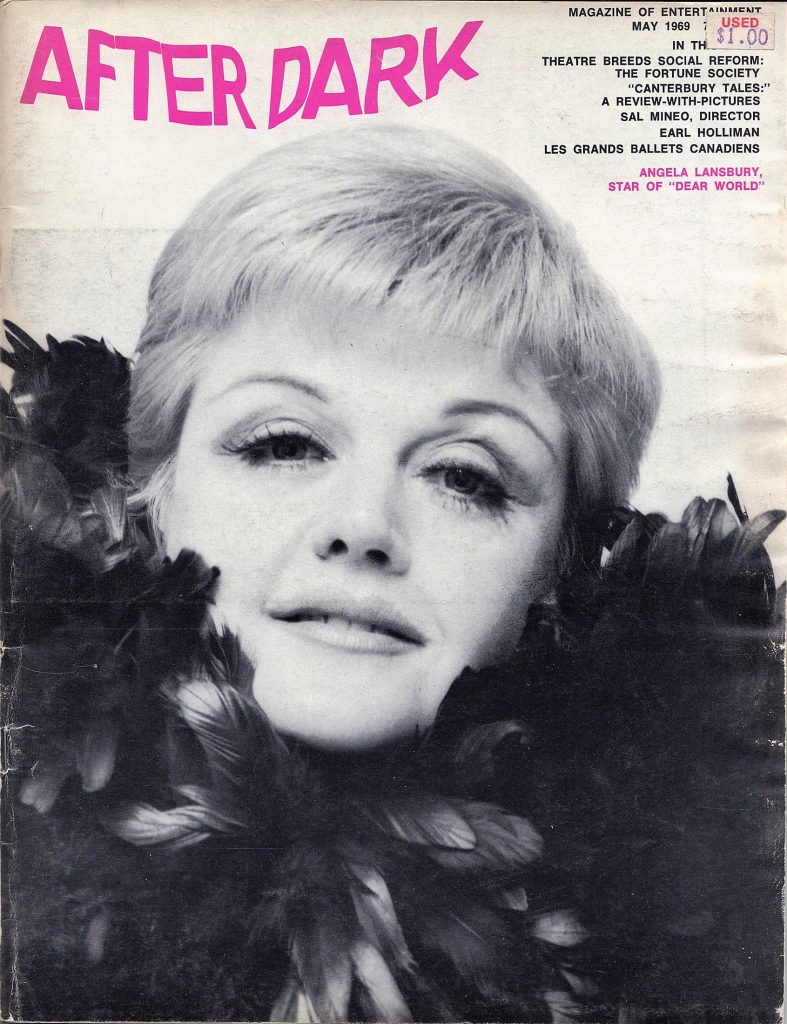
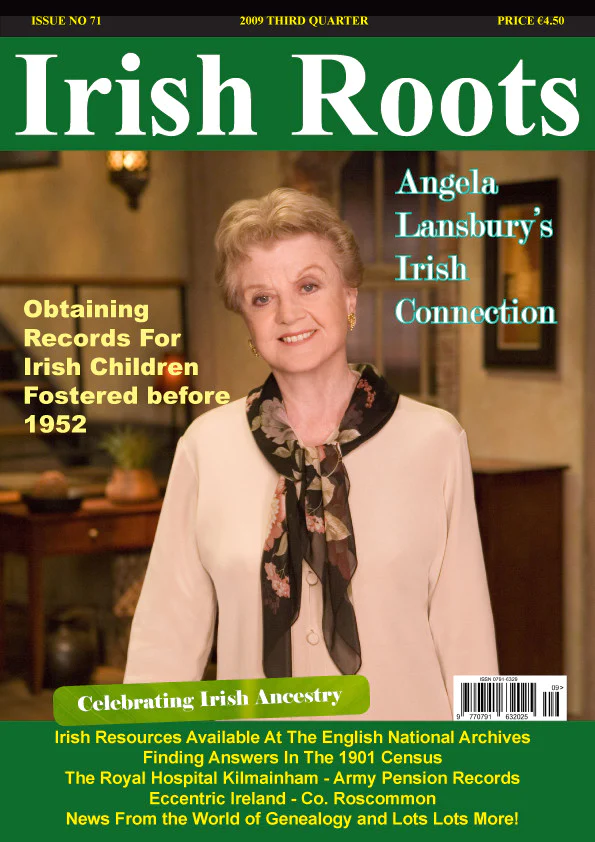
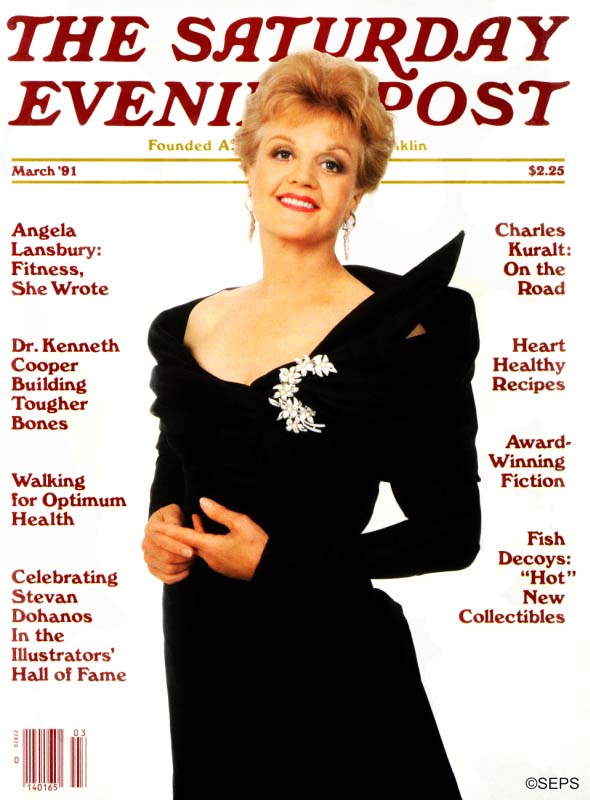
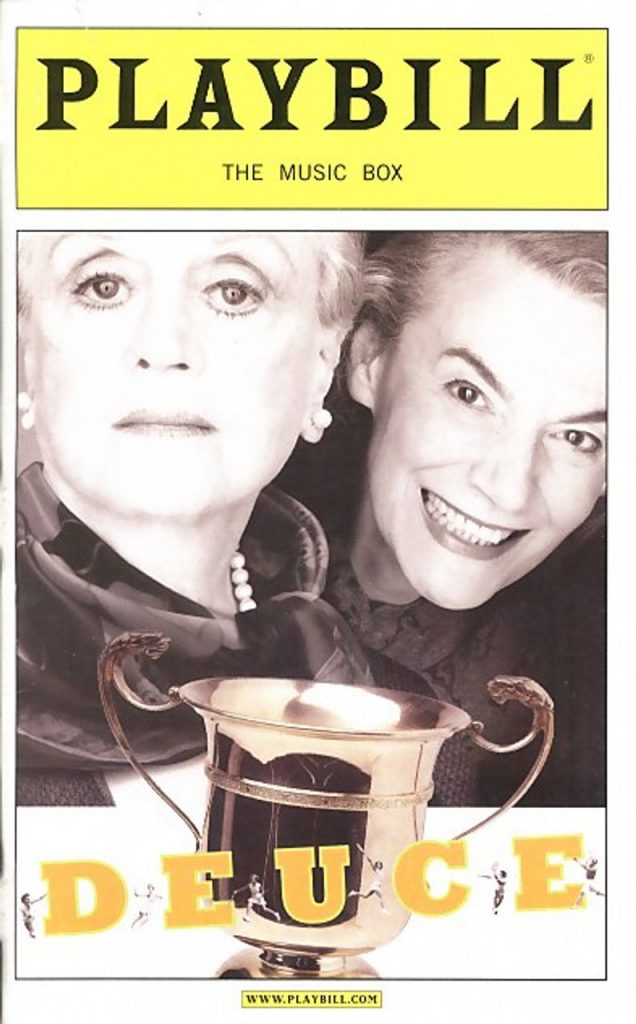
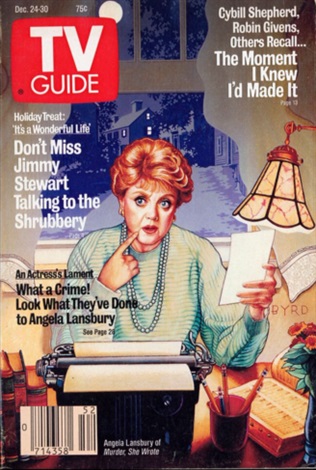
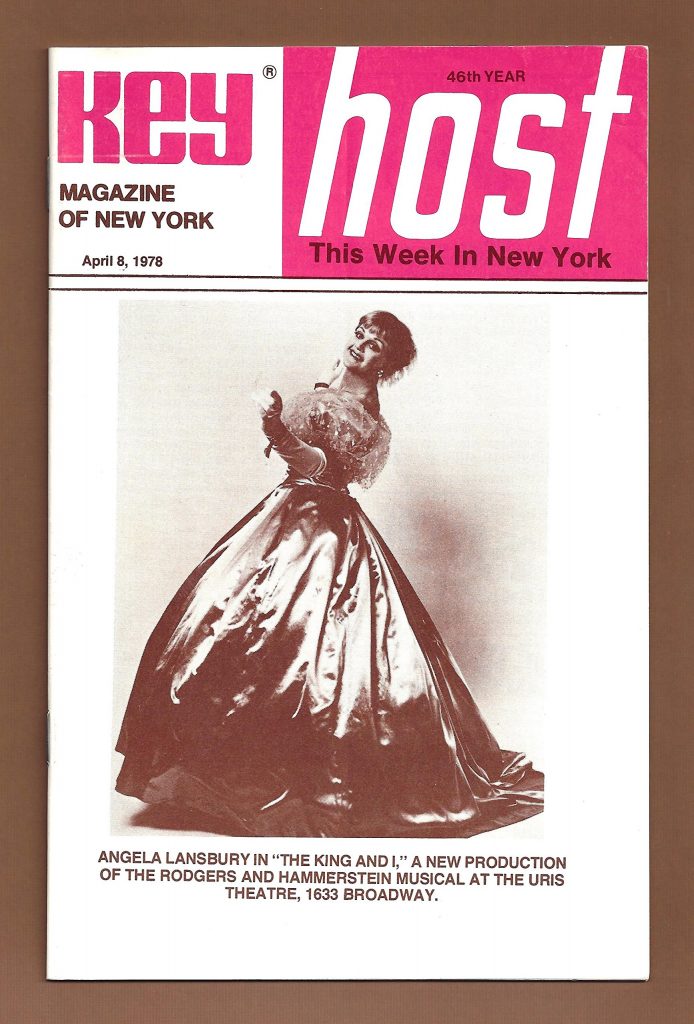
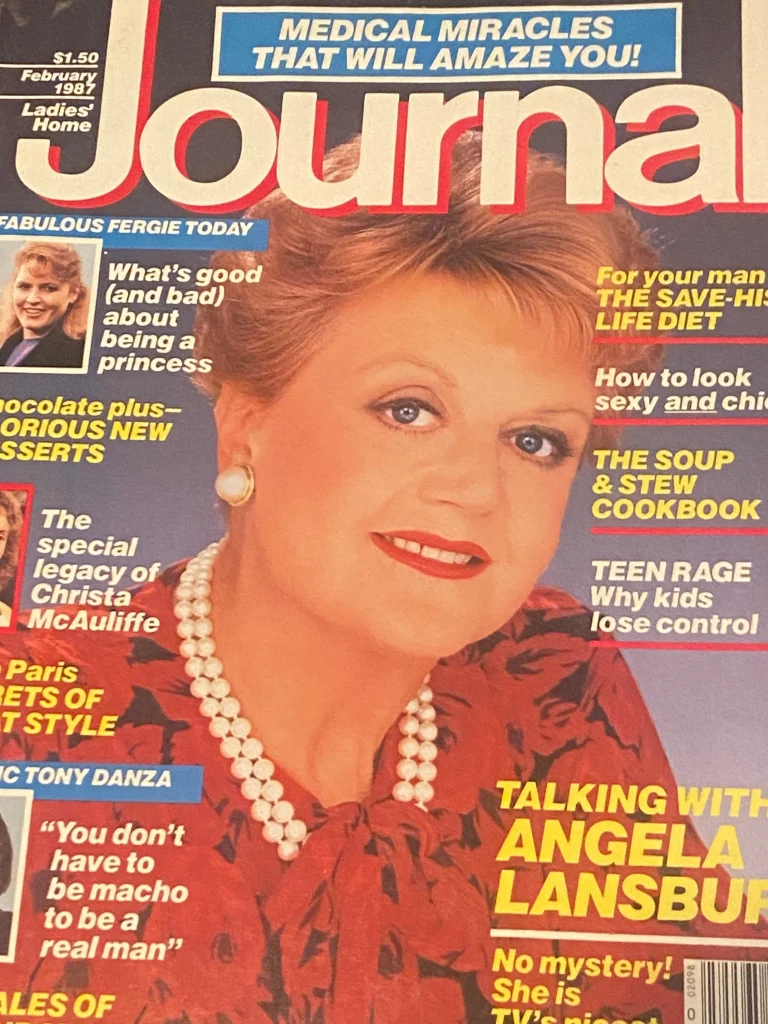
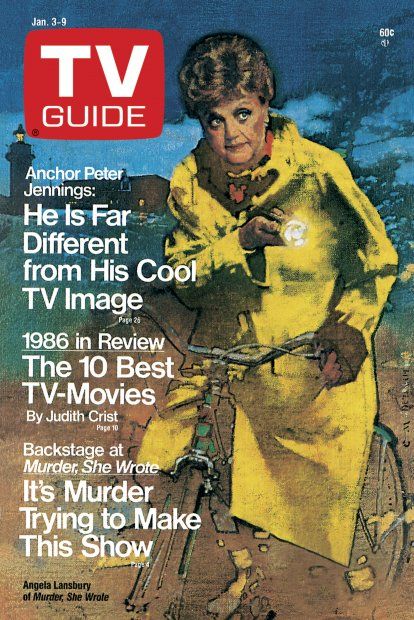
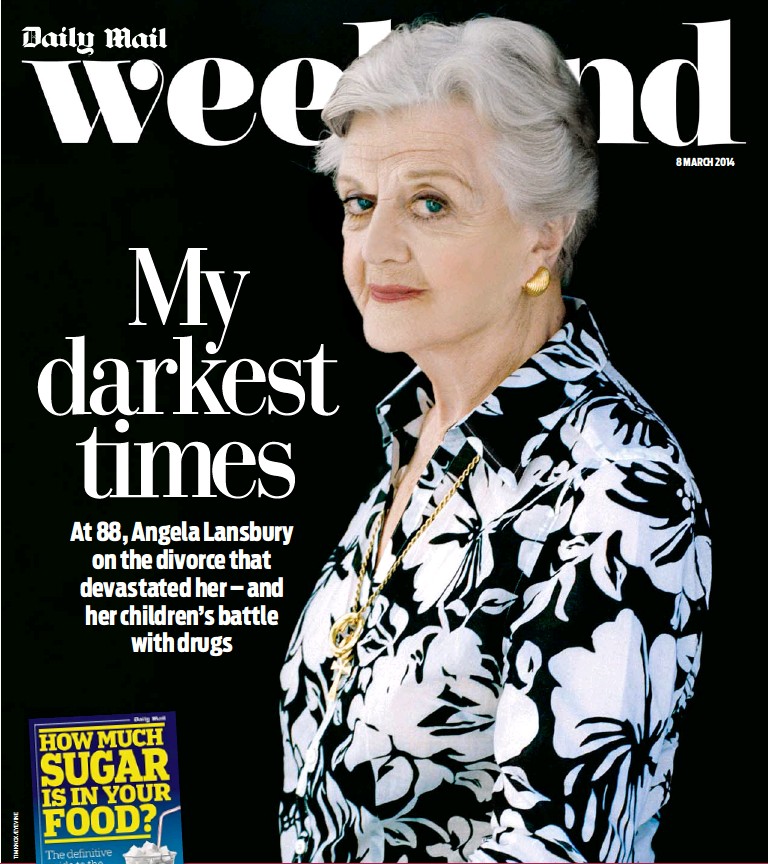
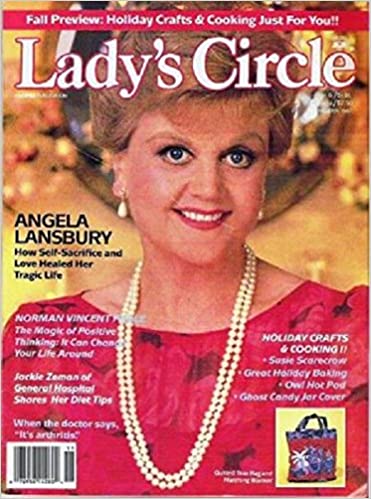
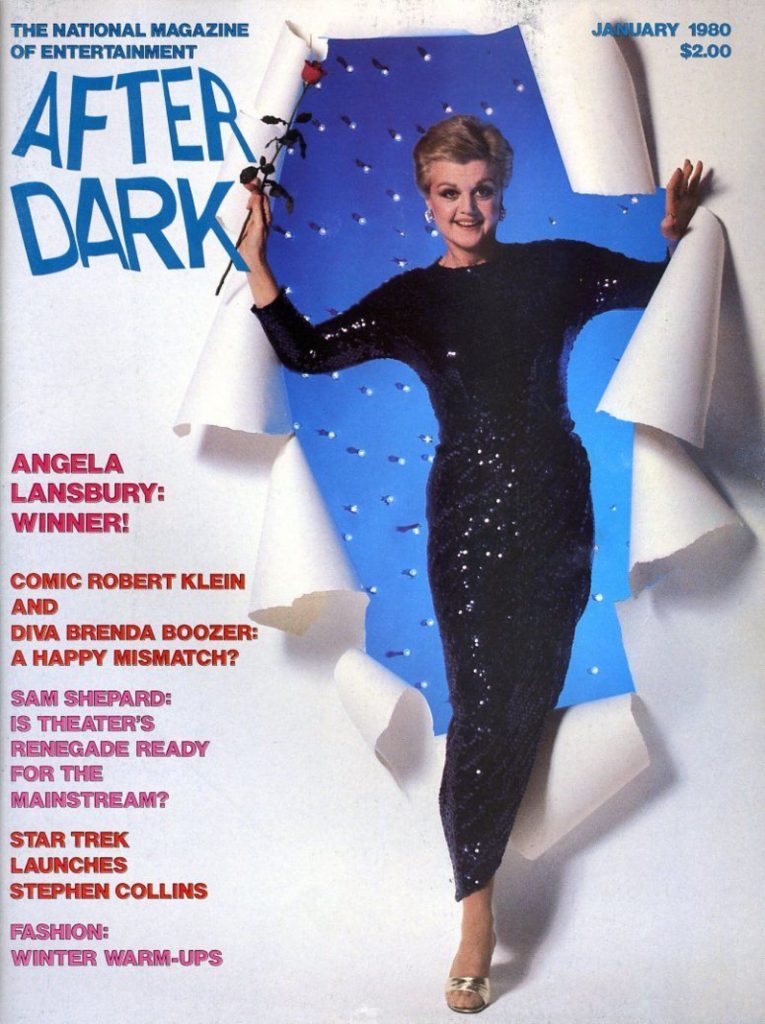
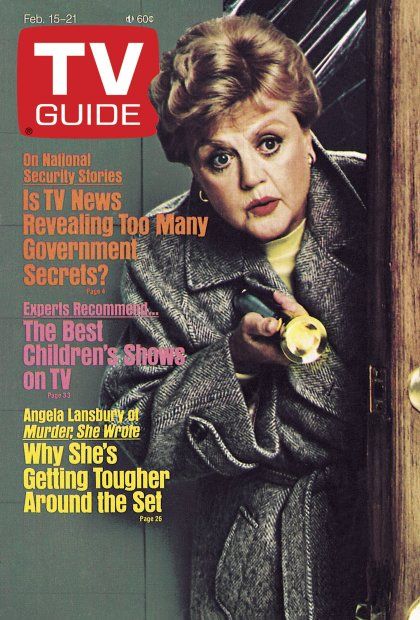
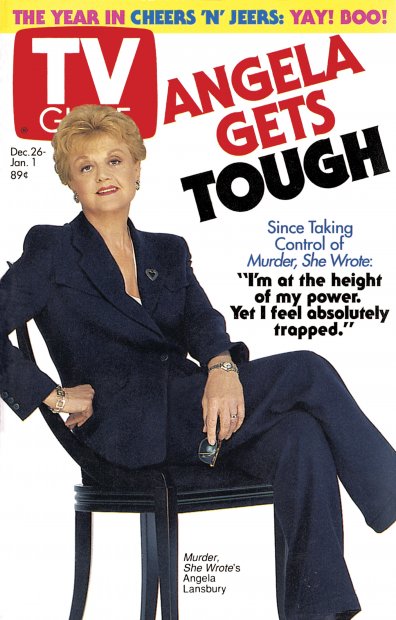
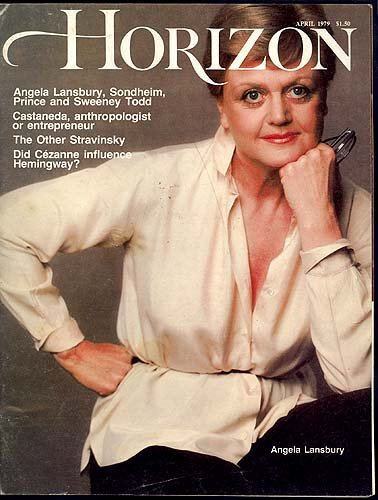
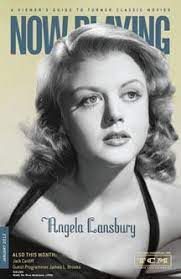
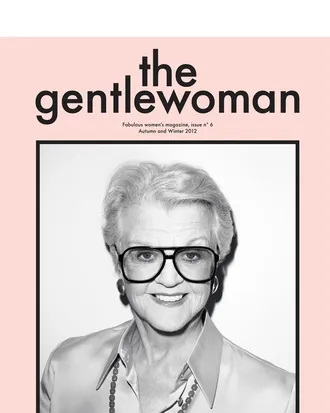
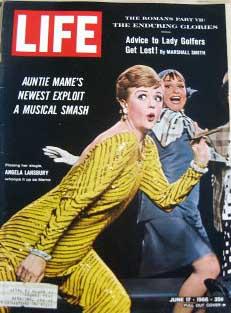
Macgill secured work in a Canadian touring production of Tonight at 8.30, and was joined in Canada by her daughter, who gained her first theatrical job as a nightclub act at the Samovar Club, Montreal. Having gained the job by claiming to be 19 when she was 16, her act consisted of her singing songs by Noël Coward, and earned her $60 a week. She returned to New York City in August 1942, but her mother had moved to Hollywood, Los Angeles, in order to resurrect her cinematic career; Lansbury and her brothers followed. Moving into a bungalow in Laurel Canyon, both Lansbury and her mother obtained Christmas jobs at the Bullocks Wilshire department store in Los Angeles; Moyna was sacked for incompetence, leaving the family to subsist on Lansbury’s wages of $28 a week. Befriending a group of gay men, Lansbury became privy to the city’s underground gay scene, and with her mother, attended lectures by the spiritual guru Jiddu Krishnamurti; at one of these, she met Aldous Huxley.
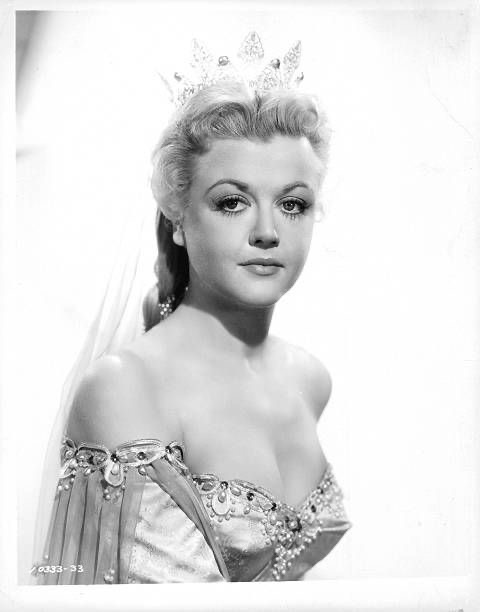
At a party hosted by her mother, Lansbury met John van Druten, who had recently co-authored a script for Gaslight (1944), a mystery-thriller based on Patrick Hamilton‘s 1938 play, Gaslight. Set in VictorianLondon, the film was being directed by George Cukor, and starred Ingrid Bergman in the lead role of Paula Alquist, a woman being psychologically tormented by her husband. Van Druten suggested that Lansbury would be perfect for the role of Nancy Oliver, a conniving cockney maid; she was accepted for the part, although, since she was only 17, a social worker had to accompany her on the set. Obtaining an agent, Earl Kramer, she was signed to a seven-year contract with MGM, earning $500 a week and using her real name as her professional name. Upon release, Gaslight received mixed critical reviews, although Lansbury’s role was widely praised; the film earned six Academy Award nominations, including one for Best Supporting Actress for Lansbury.
Her next film appearance was as Edwina Brown, the older sister of Velvet Brown in National Velvet (1944); the film proved to be a major commercial hit, with Lansbury developing a lifelong friendship with co-star Elizabeth Taylor. Lansbury next starred in The Picture of Dorian Gray (1945), a cinematic adaptation of Oscar Wilde‘s 1890 novel of the same name, which was again set in Victorian London. Directed by Albert Lewin, Lansbury was cast as Sibyl Vane, a working class music hall singer who falls in love with the protagonist, Dorian Gray (Hurd Hatfield). Although the film was not a financial success, Lansbury’s performance once more drew praise, earning her a Golden Globe Award, and she was again nominated for Best Supporting Actress at the Academy Awards, losing to Anne Revere, her co-star in National Velvet.
On September 27, 1945, Lansbury married Richard Cromwell, an artist and decorator whose acting career had come to a standstill. The marriage ended in less than a year when she filed for divorce on September 11, 1946, but they remained friends until his death. In December 1946, she was introduced to fellow English expatriate Peter Pullen Shaw at a party held by former co-star Hurd Hatfield in Ojai Valley. Shaw was an aspiring actor, also signed to MGM.
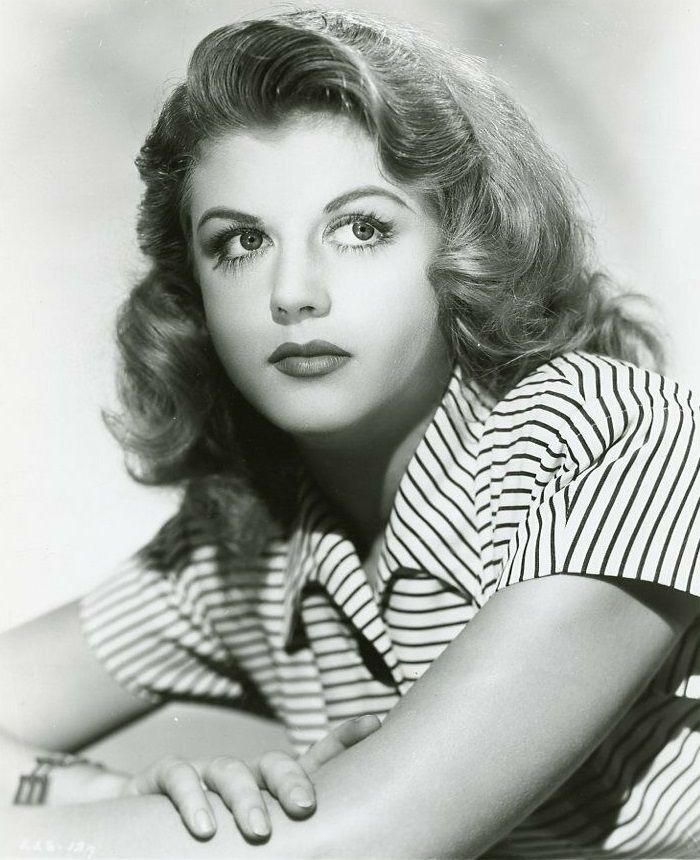
The couple were intent on getting married back in Britain, but the Church of England refused to marry two divorcees. Instead, they wed in a Church of Scotland ceremony at St. Columba’s Church in Knightsbridge, London, in August 1949, followed by a honeymoon in France. Returning to the U.S., where they settled into Lansbury’s home in Rustic Canyon, Malibu, in 1951 both became naturalised U.S. citizens, albeit retaining their British citizenship via dual nationality.
Following the success of Gaslight and The Picture of Dorian Gray, MGM cast Lansbury in eleven further films until her contract with the company ended in 1952. Keeping her among their B-list stars, MGM used her less than their similar-aged actresses; biographers Edelman and Kupferberg believed that the majority of these films were “mediocre”, doing little to further her career. This view was echoed by Cukor, who believed Lansbury had been “consistently miscast” by MGM. She was repeatedly made to portray older women, often villainous, and as a result became increasingly dissatisfied with working for MGM, commenting that “I kept wanting to play the Jean Arthur roles, and Mr Mayer kept casting me as a series of venal bitches.” The company themselves were suffering from the post-1948 slump in cinema sales, as a result slashing film budgets and cutting their number of staff.
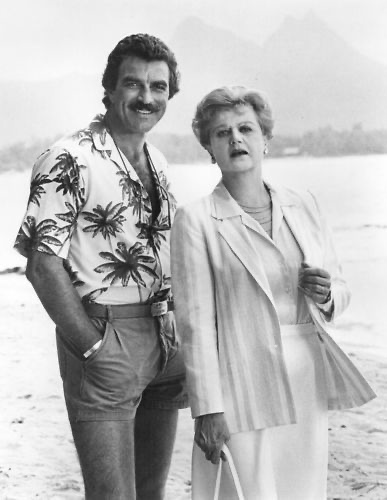
1946 saw Lansbury play her first American character as “Em,” a tough honky-tonk saloon singer who slaps Judy Garland’s character in the Oscar-winning Wild West musical The Harvey Girls. She appeared in The Hoodlum Saint (1946), Till the Clouds Roll By (1947), If Winter Comes (1947), Tenth Avenue Angel (1948), The Three Musketeers (1948), State of the Union (1948) and The Red Danube (1949). She was loaned by MGM first to United Artists for The Private Affairs of Bel Ami (1947), and then to Paramount for Samson and Delilah(1949). She appeared as a villainous maidservant in Kind Lady (1951) and a French adventuress in Mutiny (1952). Turning to radio, in 1948 she appeared in an audio adaptation of Somerset Maugham‘s Of Human Bondage for NBC University Theatre and the following year she starred in their adaptation of Jane Austen‘s Pride and Prejudice. Moving into television, she appeared in a 1950 episode of Robert Montgomery Presents adapted from A. J. Cronin‘s The Citadel.
In April 1953, her daughter Deirdre Angela Shaw was born. Shaw had a son by a previous marriage, David, and after gaining legal custody of the boy in 1953 he brought him to California to live with the family; with three children to raise, the Shaws moved to a larger house on San Vincente Boulevard in Santa Monica. However, Lansbury did not feel entirely comfortable in the Hollywood social scene, later asserting that as a result of her British roots, “in Hollywood, I always felt like a stranger in a strange land.” In 1959 the family moved to Malibu, settling into a house on the Pacific Coast Highway that had been designed by Aaron Green; there, she and Peter escaped the Hollywood scene, and were able to send their children to a local public school.
Unhappy with the roles she was being given by MGM, Lansbury instructed her manager, Harry Friedman of MCA Inc., to terminate her contract in 1952, in the same year that her son Anthony was born. Soon after the birth she joined the East Coast touring productions of two former-Broadway plays: Howard Lindsay and Russel Crouse‘s Remains to be Seen and Louis Verneuil‘s Affairs of State. Biographer Margaret Bonanno later stated that at this point, Lansbury’s career had “hit an all-time low,”
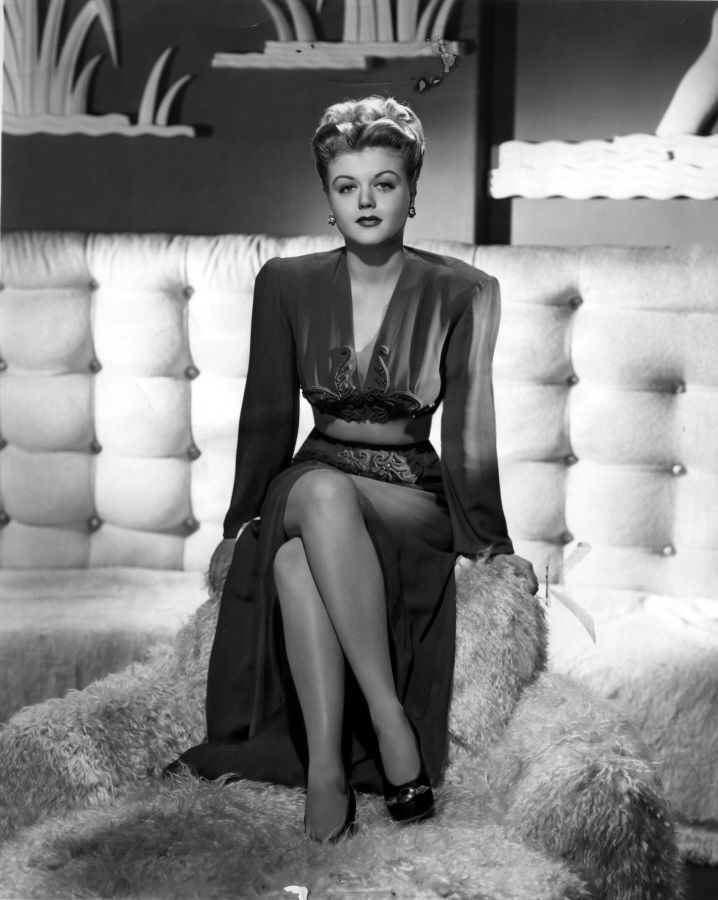
Returning to cinema as a freelance actress, Lansbury found herself typecast as women older (sometimes far older) than herself in many films in which she appeared during this period. As she later stated, “Hollywood made me old before my time,” noting that in her twenties she was receiving fan mail from people who believed her to be in her forties. She obtained roles in the films A Life at Stake (1954), A Lawless Street (1955) and The Purple Mask (1955), later describing the last as “the worst movie I ever made.” She played Princess Gwendolyn in the comedy film The Court Jester (1956), before taking on the role of a wife who kills her husband in Please Murder Me (1956). From there she appeared as Minnie Littlejohn in The Long Hot Summer (1958), and as Mabel Claremont in The Reluctant Debutante (1958), which she filmed in Paris. Biographer Martin Gottfried said that it was these latter two cinematic appearances which restored Lansbury’s status as an “A-picture actress”. Throughout this period, she continued making appearances on television, starring in episodes of Revlon Mirror Theatre, Ford Theatre and The George Gobel Show, and became a regular on game show Pantomime Quiz.
In April 1957 she debuted on Broadway at the Henry Miller Theatre in Hotel Paradiso, a French burlesque set in Paris, directed by Peter Glenville. The play only ran for 15 weeks, although she earned good reviews for her role as “Marcel Cat”. She later stated that had she not appeared in the play, her “whole career would have fizzled out.” She followed this with an appearance in 1960s Broadway performance of A Taste of Honey at the Lyceum Theatre, directed by Tony Richardson and George Devine. Lansbury played Helen, the boorish, verbally abusive, otherwise absentee mother of Josephine (played by Joan Plowright, only four years Lansbury’s junior), remarking that she gained “a great deal of satisfaction” from the role. During the show’s run, Lansbury developed a friendship with Plowright, as well as with Plowright’s future husband, Laurence Olivier.
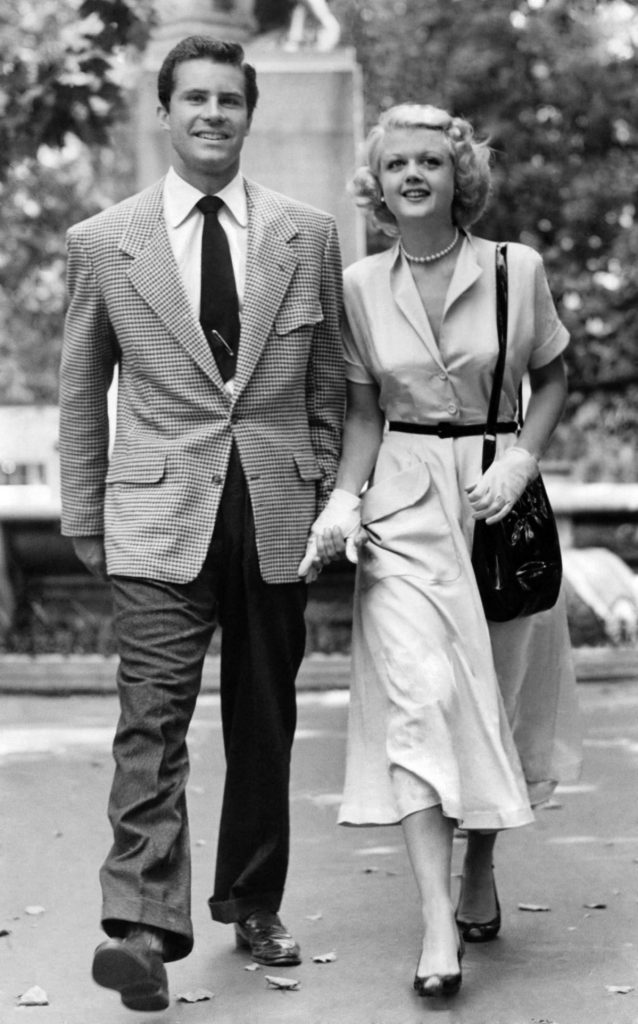
Lansbury first appeared in musical theatre in 1964 at the Majestic Theatre on Broadway.
After a well-reviewed appearance in Summer of the Seventeenth Doll (1959) – for which she had filmed in Sydney, Australia – and a minor role in A Breath of Scandal (1960), she appeared in 1961’s Blue Hawaii as an overbearing mother, whose son was played by Elvis Presley.
Her rare sympathetic role as Mavis in The Dark at the Top of the Stairs (1960) drew critical acclaim, as did her performances as sinister characters in All Fall Down (1962), as a manipulative, destructive mother, and the Cold War thriller The Manchurian Candidate (1962) as the scheming ideologue Mrs. Iselin. In the latter, she was cast for the role by John Frankenheimer based on her performance in All Fall Down. Lansbury was only three years older than actor Laurence Harvey who played her son in the film. She had agreed to appear in the film after reading the original novel, describing it as “one of the most exciting political books I ever read.” Biographers Edelman and Kupferberg considered this role “her enduring cinematic triumph,” while Gottfried stated that it was “the strongest, the most memorable and the best picture she ever made … she gives her finest film performance in it.” Lansbury received her third Best Supporting Actress Academy Award nomination for the film, and was bothered by the fact that she lost.
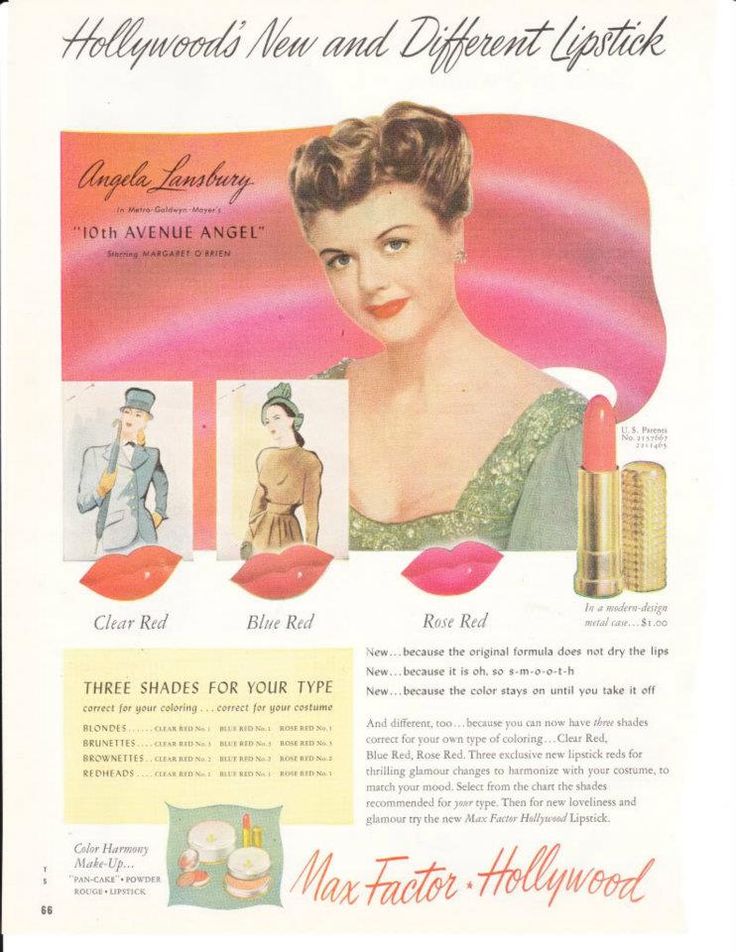
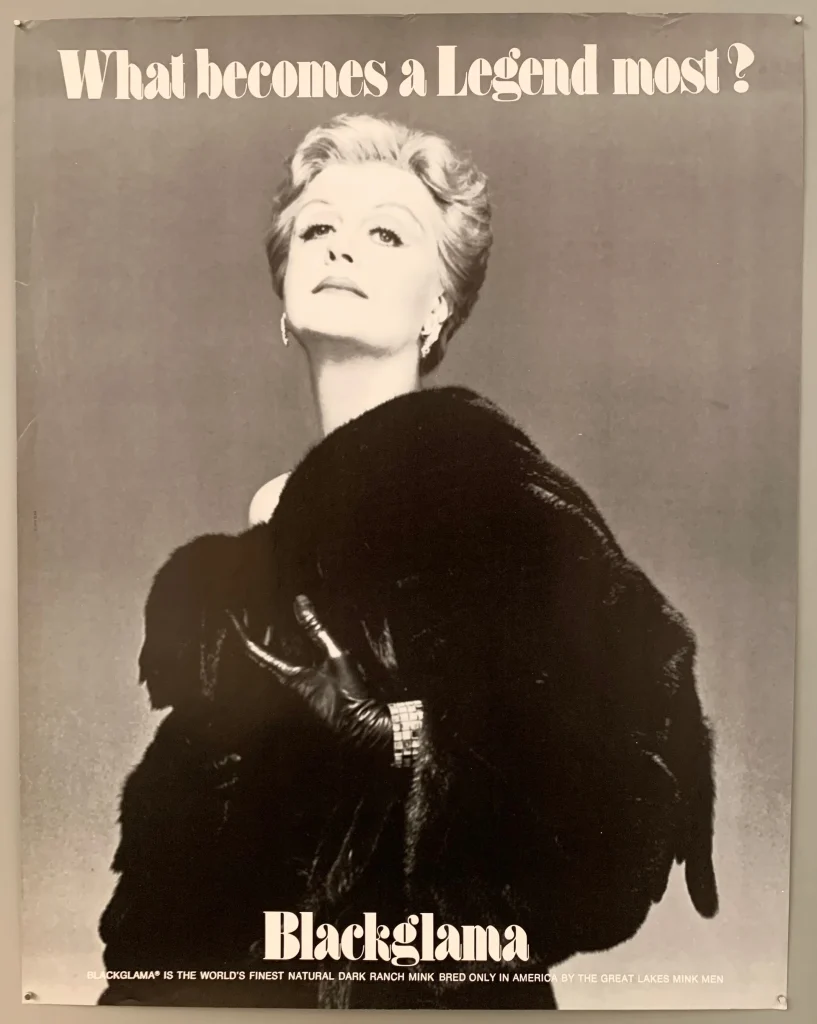
She followed this with a performance as Sybil Logan in In the Cool of the Day (1963) before appearing as wealthy Isabel Boyd in The World of Henry Orient (1964) and the widow Phyllis in Dear Heart (1964). Her first appearance in a theatrical musical was the short-lived Anyone Can Whistle, written by Arthur Laurents and Stephen Sondheim. An experimental work, it opened at the Majestic Theatre on Broadway in April 1964, but was critically panned and closed after nine performances. Lansbury had played the role of crooked mayoress Cora Hoover Hooper, and although she loved Sondheim’s score she faced personal differences with Laurents and was glad when the show closed. She appeared in The Greatest Story Ever Told (1965), a cinematic biopic of Jesus, but was cut almost entirely from the final edit. She followed this with an appearance as Mama Jean Bello in Harlow (1965), as Lady Blystone in The Amorous Adventures of Moll Flanders (1965), and as Gloria in Mister Buddwing (1966). Despite her well-received performances in a number of films, “celluloid superstardom” evaded her, and she became increasingly dissatisfied with these minor roles, feeling that none allowed her to explore her potential as an actress.
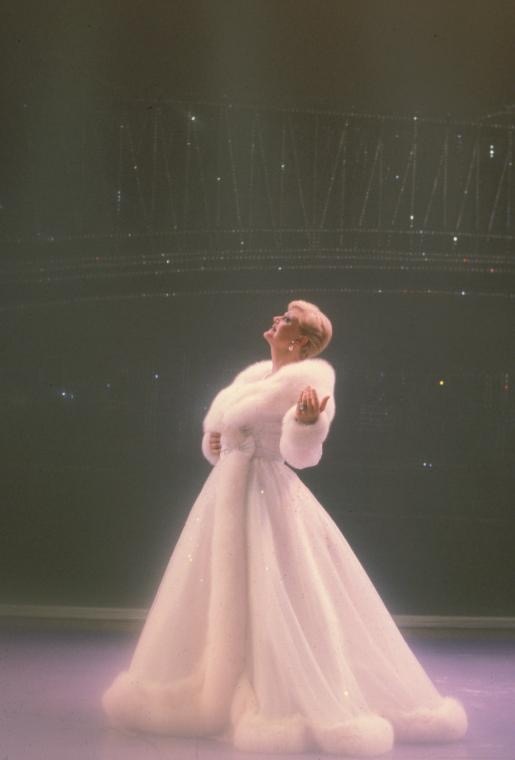
In 1966, Lansbury took on the title role of Mame Dennis in the musical Mame, Jerry Herman‘s musical adaptation of the novel Auntie Mame. The director’s first choice for the role had been Rosalind Russell, who played Mame in the non-musical film adaptation Auntie Mame, but she had declined. Lansbury actively sought the role in the hope that it would mark a change in her career. When she was chosen, it came as a surprise to theatre critics, who believed that it would go to a better-known actress; Lansbury was forty-one years old, and it was her first starring role. Mame Dennis was a glamorous character, with over twenty costume changes throughout the play, and Lansbury’s role involved ten songs and dance routines which she trained extensively for. First appearing in Philadelphia and then Boston, Mame opened at the Winter Garden Theatre on Broadway in May 1966. Auntie Mame was already popular among the gay community, and Mame gained Lansbury a cult gay following, something that she later attributed to the fact that Mame Dennis was “every gay person’s idea of glamour … Everything about Mame coincided with every young man’s idea of beauty and glory and it was lovely.”I was a wife and a mother, and I was completely fulfilled. But my husband recognised the signals in me which said ‘I’ve been doing enough gardening, I’ve cooked enough good dinners, I’ve sat around the house and mooned about what more interior decoration I can get my fingers into.’ It’s a curious thing with actors and actresses, but suddenly the alarm goes off. My husband is a very sensitive person to my moods and he recognised the fact that I had to get on with something. Mame came along out of the blue just at this time. Now isn’t that a miracle?”
Reviews of Lansbury’s performance were overwhelmingly positive. In The New York Times, Stanley Kauffmann wrote: “Miss Lansbury is a singing-dancing actress, not a singer or dancer who also acts … In this marathon role she has wit, poise, warmth and a very taking coolth.” The role resulted in Lansbury receiving her first Tony Award for Best Leading Actress in a Musical. Lansbury’s later biographer Margaret Bonanno claimed that Mame made Lansbury a “superstar”, with the actress herself commenting on her success by stating that “Everyone loves you, everyone loves the success, and enjoys it as much as you do. And it lasts as long as you are on that stage and as long as you keep coming out of that stage door.”
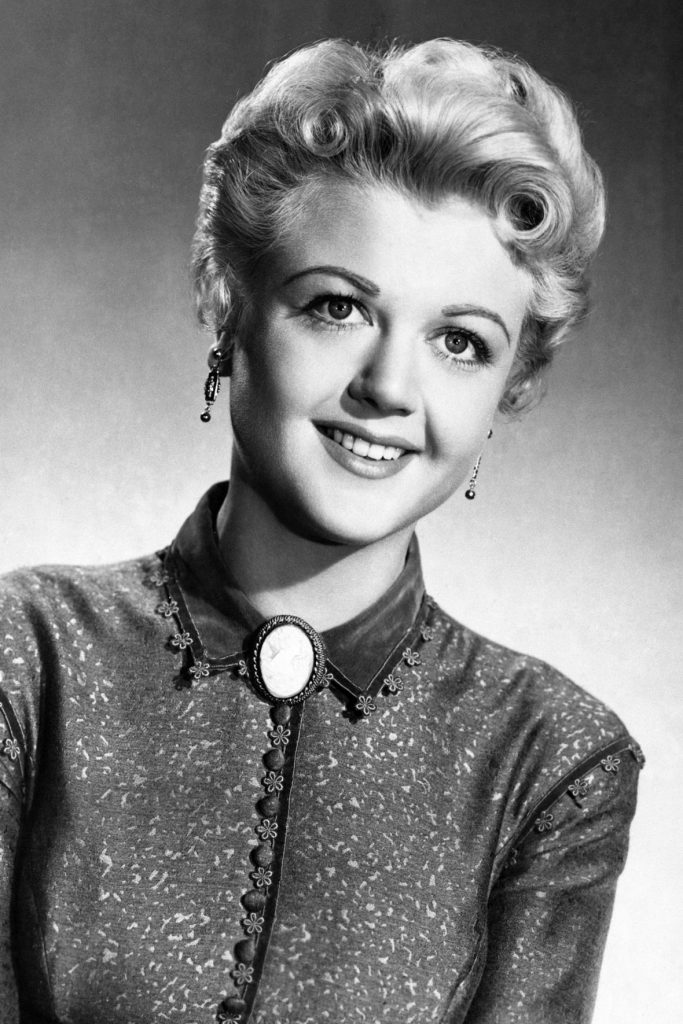
The stardom achieved through Mame allowed Lansbury to make further appearances on television, such as on Perry Como‘s Thanksgiving Special in November 1966. Her fame also allowed her to engage in a variety of high-profile charitable endeavors, for instance appearing as the guest of honor at the 1967 March of Dimes annual benefit luncheon. She was invited to star in a musical performance for the 1968 Academy Awards ceremony, and co-hosted that year’s Tony Awards with former brother-in-law Peter Ustinov.[82] That year, Harvard University‘s Hasty Pudding Club elected her “Woman of the Year”. When the film adaptation of Mame was put into production, Lansbury hoped to be offered the part, but it instead went to Lucille Ball, an established box-office success. Lansbury considered this to be “one of my bitterest disappointments”.
Lansbury followed the success of Mame with a performance as Countess Aurelia, the 75-year-old Parisian eccentric in Dear World, a musical adaptation of Jean Giraudoux‘s The Madwoman of Chaillot. The show opened at Broadway’s Mark Hellinger Theatre in February 1969, but Lansbury found it a “pretty depressing” experience. Reviews of her performance were positive, and she was awarded her second Tony Award on the basis of it. Reviews of the show more generally were critical, however, and it ended after 132 performances. She followed this with an appearance in the title role of the musical Prettybelle, which was based upon Jean Arnold’s The Rape of Prettybelle. Set in the Deep South, it dealt with issues of racism, with Lansbury as a town mayor. A controversial play, it opened in Boston but received poor reviews, being cancelled before it reached Broadway.
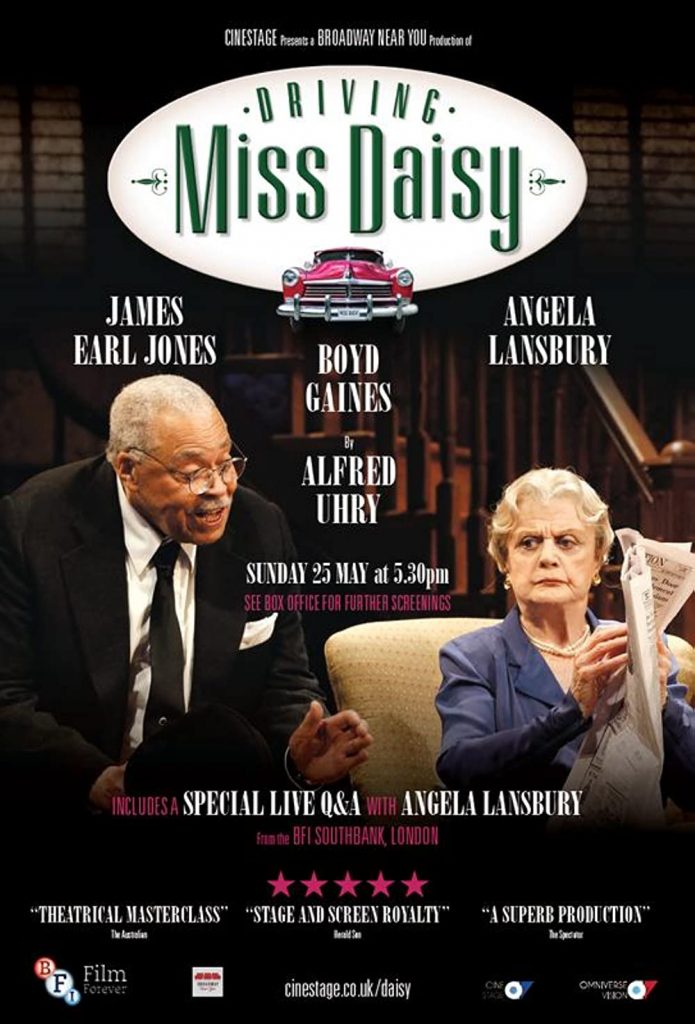
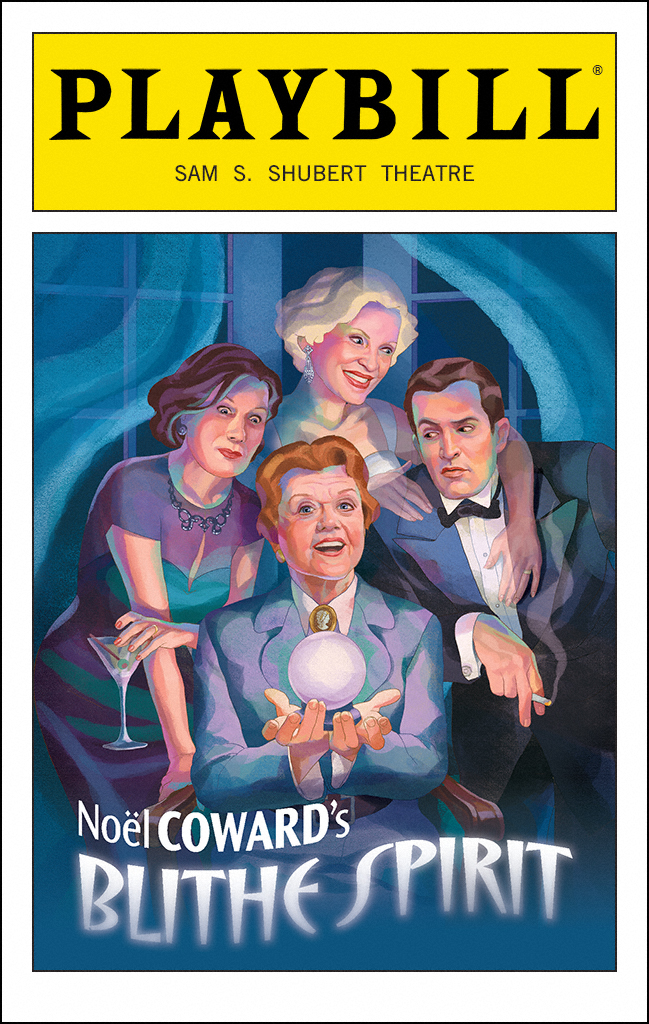
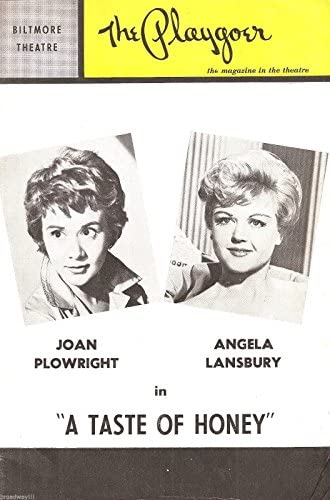
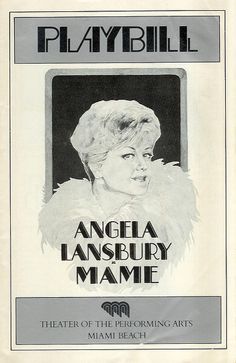
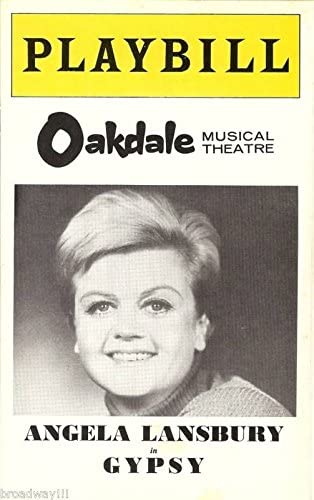
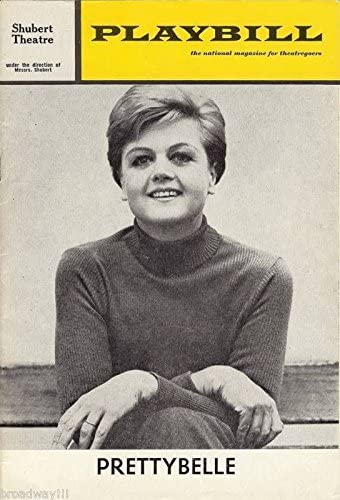
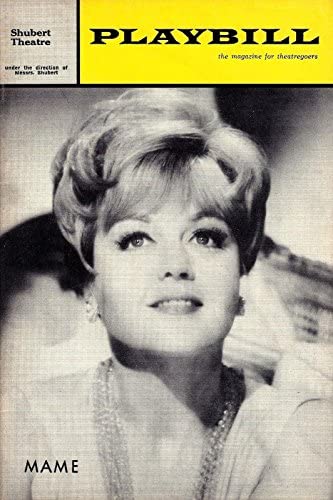
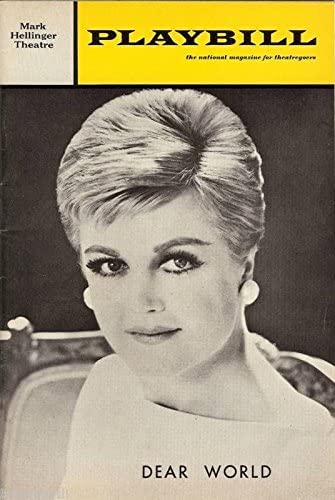
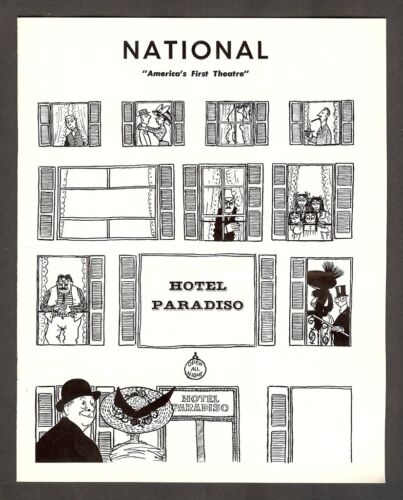
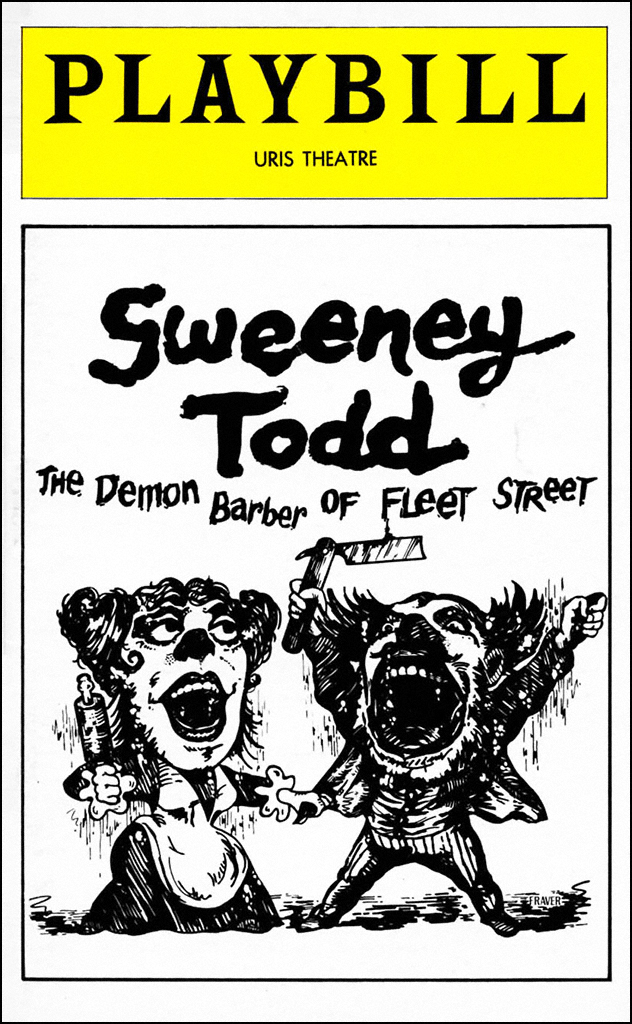
In the 1970s, Lansbury declined several cinematic roles, including the lead in The Killing of Sister George and the role of Nurse Ratched in One Flew Over the Cuckoo’s Nest. Instead, she accepted the role of the Countess von Ornstein, an aging German aristocrat who falls in love with a younger man, in Something for Everyone (1970), for which she filmed on location in Hohenschwangen, Bavaria. That same year she appeared as the middle-aged English witch Eglantine Price in the Disney film Bedknobs and Broomsticks; this was her first lead in a screen musical, and led to her publicising the film on television programmes like the David Frost Show. She later noted that as a big commercial hit, this film “secured an enormous audience for me”. 1970 was a traumatic year for the Lansbury family, as Peter underwent a hip and in September the family’s Malibu home was destroyed in a brush fire. They then purchased Knockmourne Glebe, a farmhouse constructed in the 1820s which was located near the village of Conna in rural County Cork, and Anthony subsequently enrolled in the Webber-Douglas School, his mother’s alma mater, and became a professional actor, before moving into television directing. Lansbury and her husband did not return to California, instead dividing their time between County Cork and New York City. “[In Ireland, our gardener] had no idea who I was. Nobody there did. I was just Mrs. Shaw, which suited me down to the ground. I had absolute anonymity in those days, which was wonderful.”
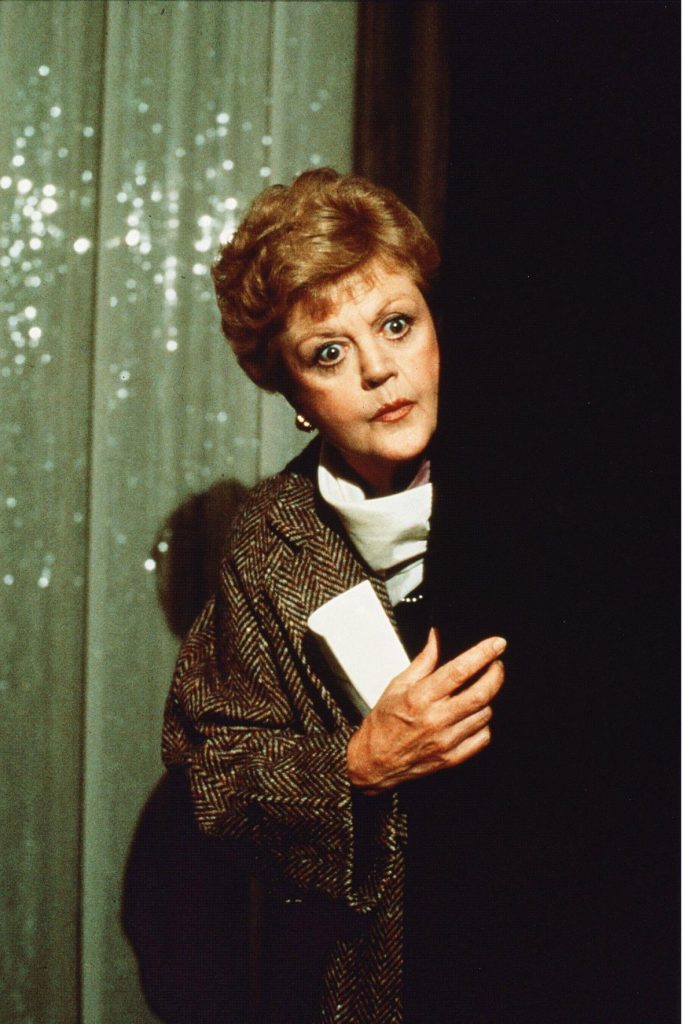
In 1972, Lansbury returned to London’s West End to perform in the Royal Shakespeare Company‘s theatrical production of Edward Albee‘s All Over at the Aldwych Theatre. She portrayed the mistress of a dying New England millionaire, and although the play’s reviews were mixed, Lansbury’s acting was widely praised. This was followed by her reluctant involvement in a revival of Mame, which was then touring the United States, after which she returned to the West End to play the character of Rose in the musical Gypsy. She had initially turned down the role, not wishing to be in the shadow of Ethel Merman, who had portrayed the character in the original Broadway production, but eventually accepted it; when the show started in May 1973, she earned a standing ovation and rave reviews.[101] Settling into a Belgravia flat, she was soon in demand among London society, having dinners held in her honour. Following the culmination of the London run, in 1974 Gypsy went on a tour of the U.S., and in Chicago Lansbury was awarded the Sarah Siddons Award for her performance. The show eventually reached Broadway, where it ran until January 1975; a critical success, it earned Lansbury her third Tony Award. After several months’ break, Gypsy then toured throughout the country again in the summer of 1975.
Desiring to move on from musicals, Lansbury decided that she wanted to appear in a production of one of William Shakespeare‘s plays. She obtained the role of Gertrude in the National Theatre Company‘s production of Hamlet, staged at the Old Vic. Angela received the news that in November 1975 her mother had died in California; Lansbury had her mother’s body cremated and the ashes scattered near her own County Cork home. Her next theatrical appearance was in two one-act plays by Edward Albee, Counting the Ways and Listening, performed side by side at the Hartford Stage Company in Connecticut. Reviews of the production were mixed, although Lansbury was again singled out for praise. This was followed by another revival tour of Gypsy.
In April 1978, Lansbury appeared in 24 performances of a revival of The King and I musical staged at Broadway’s Uris Theatre; Lansbury played the role of Mrs Anna, replacing Constance Towers, who was on a short break. Her first cinematic role in seven years was as novelist and murder victim Salome Otterbourne in Death on the Nile (1978), an adaptation of Agatha Christie‘s 1937 novel of the same name that was filmed in both London and Egypt. In the film Lansbury starred alongside Ustinov and Bette Davis, who became a close friend. The role earned Lansbury the National Board of Review award for Best Supporting Actress of 1978.
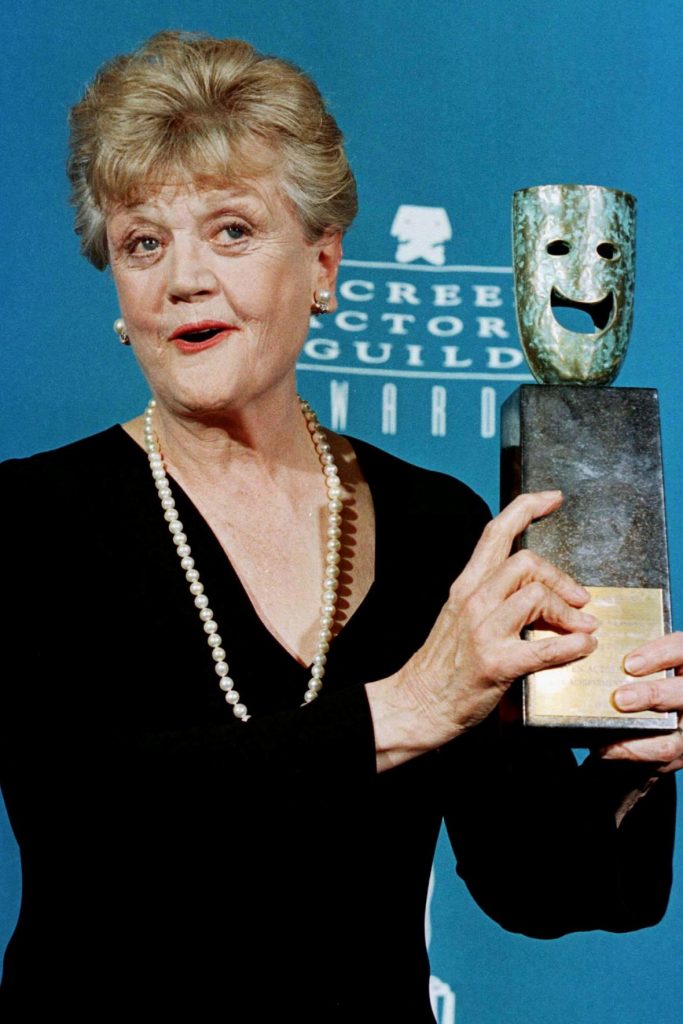
In 1982, she took on the role of an upper middle class housewife who champions workers’ rights in A Little Family Business, a farce set in Baltimore in which her son Anthony also starred. It debuted at Los Angeles’ Ahmanson Theatre before heading on to Broadway’s Martin Beck Theatre. That year, Lansbury was inducted into the American Theatre Hall of Fame, and the following year appeared in a Mame revival at Broadway’s Gershwin Theatre. Although Lansbury was praised, the show was a commercial flop, with Lansbury noting that “I realised that it’s not a show of today. It’s a period piece.”A small number of people have seen me on the stage. [Television] is a chance for me to play to a vast U.S. public, and I think that’s a chance you don’t pass up … I’m interested in reaching everybody. I don’t want to reach just the people who can pay forty-five or fifty dollars for a [theatre] seat.”
In March 1979, Lansbury first appeared as Nellie Lovett in Sweeney Todd: The Demon Barber of Fleet Street, a Stephen Sondheimmusical directed by Harold Prince. Opening at the Uris Theatre, she starred alongside Len Cariou as Sweeney Todd, the murderous barber in 19th century London. After being offered the role, she jumped on the opportunity due to the involvement of Sondheim in the project; she commented that she loved “the extraordinary wit and intelligence of his lyrics.” She remained in the role for fourteen months before being replaced by Dorothy Loudon; the musical received mixed critical reviews, although it earned Lansbury her fourth Tony Award and After Dark magazine’s Ruby Award for Broadway Performer of the Year. She returned to the role in October 1980 for a ten-month tour of six U.S. cities, with George Hearn playing the title character; the production was also filmed and broadcast on the Entertainment Channel.
Working prolifically in cinema, in 1979 Lansbury appeared as Miss Froy in The Lady Vanishes, a remake of Alfred Hitchcock‘s famous 1938 film. The following year she appeared in The Mirror Crack’d, another film based on an Agatha Christie novel, this time as Miss Marple, a sleuth in 1950s Kent. Lansbury hoped to get away from the depiction of the role made famous by Margaret Rutherford, instead returning to Christie’s description of the character; in this she created a precursor to her later role of Jessica Fletcher. She was signed to appear in two sequels as Miss Marple, but these were never made. Lansbury’s next film was the animated The Last Unicorn(1982), for which she provided the voice of the witch Mommy Fortuna.
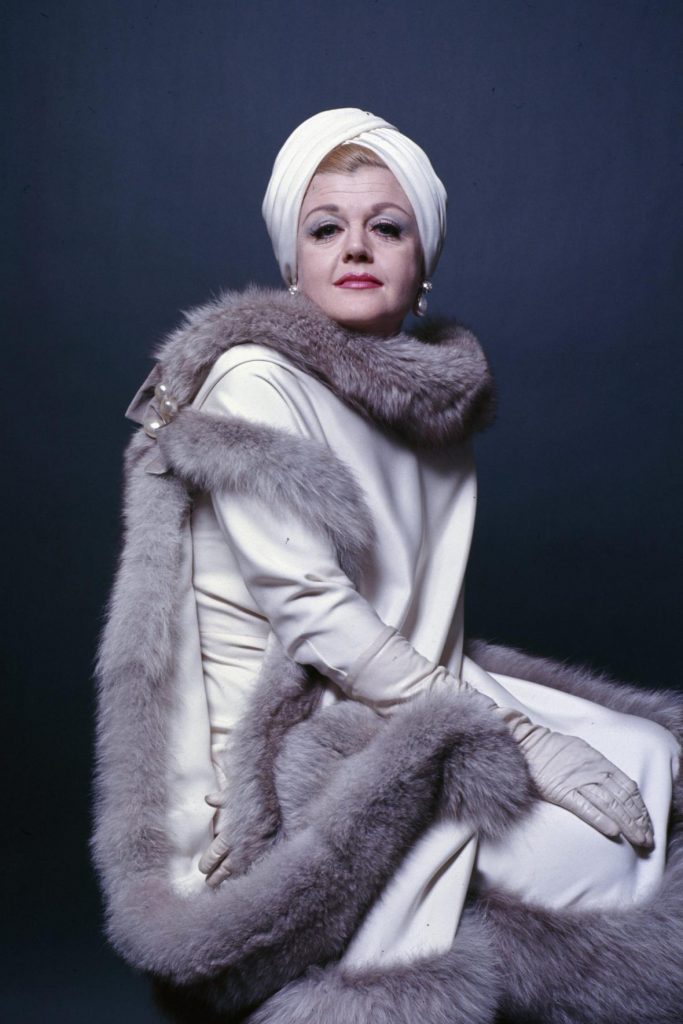
Returning to musical cinema, she starred as Ruth in The Pirates of Penzance (1983), a film based on Gilbert and Sullivan‘s comic opera of the same name, and while filming it in London sang on a recording of The Beggar’s Opera. This was followed by an appearance as the grandmother in Gothic fantasy film The Company of Wolves (1984). Lansbury had also begun work for television, appearing in a 1982 television film with Bette Davis titled Little Gloria… Happy at Last. She followed this with an appearance in CBS‘s The Gift of Love: A Christmas Story (1983), later describing it as “the most unsophisticated thing you can imagine”. A BBC television film followed, A Talent for Murder (1984), in which she played a wheelchair-bound mystery writer; although describing it as “a rush job”, she agreed to do it in order to work with co-star Laurence Olivier. Two further miniseries featuring Lansbury appeared in 1984: Lace and The First Olympics: Athens 1896.
In 1983, Lansbury was offered 2 main television roles, one in a sitcom and the other in a detective series. Unable to do both, she chose to do the detective series despite the fact her agents had advised her to accept the sitcom. The series, Murder, She Wrote, centered on the character of Jessica Fletcher, a retired school teacher from the fictional town of Cabot Cove, Maine, who became a successful detective novelist after her husband’s death, also solving murders encountered during her travels. Lansbury described the character as “an American Miss Marple“. The series was created by Peter S. Fischer, Richard Levinson, and William Link, who had earlier had success with Columbo, and the role of Jessica Fletcher had been first offered to Jean Stapleton, who declined the role, as did Doris Day. The pilot episode, “The Murder of Sherlock Holmes,” premiered on CBS on September 30, 1984, with the rest of the first season airing on Sundays from 8 to 9 p.m. Although critical reviews were mixed, it proved highly popular, with the pilot having a Nielsen rating of 18.9 and the first season being rated top in its time slot. Designed as inoffensive family viewing, despite its topic the show eschewed depicting violence or gore, following the “whodunit” format rather than those of most contemporary U.S. crime shows; Lansbury herself commented that “best of all, there’s no violence. I hate violence.”
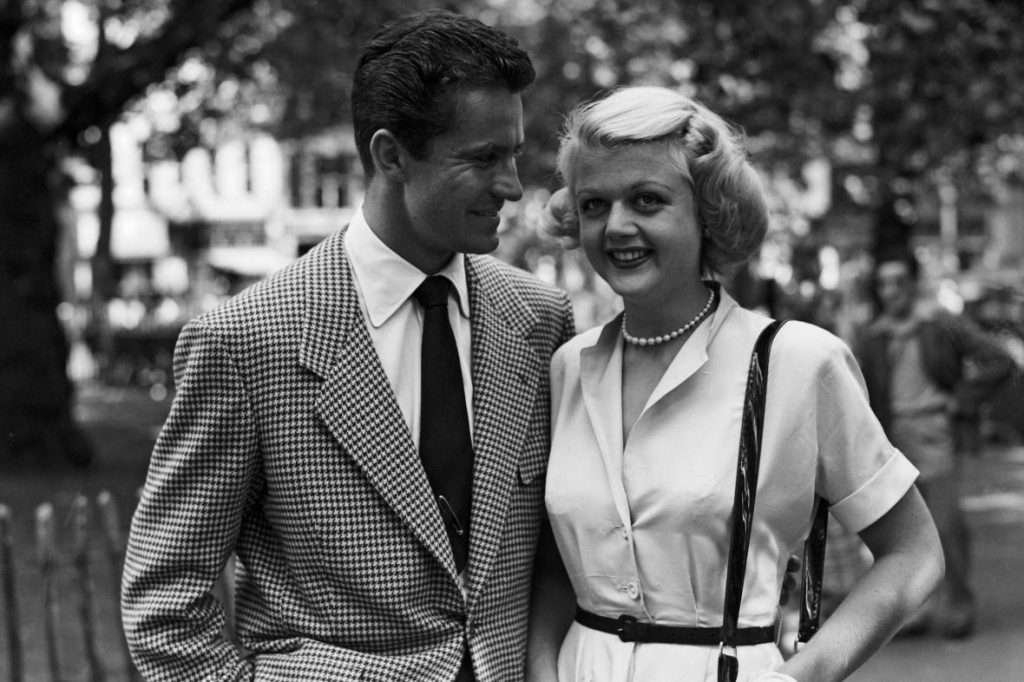
Lansbury was defensive about Jessica Fletcher, having creative input over the character’s costumes, makeup and hair, and rejecting pressure from network executives to put her in a relationship, believing that the character should remain a strong single female. When she believed that a scriptwriter had made Jessica do or say things that did not fit with the character’s personality, Lansbury ensured that the script was changed. She saw Jessica as a role model for older female viewers, praising her “enormous, universal appeal – that was an accomplishment I never expected in my entire life.” Lansbury biographers Rob Edelman and Audrey E. Kupferberg described the series as “a television landmark” in the U.S. for having an older female character as the protagonist, thereby paving the way for later series like The Golden Girls. Lansbury herself noted that “I think it’s the first time a show has really been aimed at the middle aged audience,” and although it was most popular among senior citizens, it gradually gained a younger audience. By 1991, one third of viewers were under age 50. It gained continually high ratings throughout most of its run, outdoing rivals in its time slot such as Steven Spielberg‘s Amazing Stories on NBC. In February 1987, a spin-off was produced, The Law & Harry McGraw, although it was short-lived. ‘I know why [Murder, She Wrote was a success]. There was never any blood, never any violence. And there was always a satisfying conclusion to a whodunit. The jigsaw was complete. And I loved Jessica’s everywoman character. I think that’s what made her so acceptable to an across-the-board audience.”
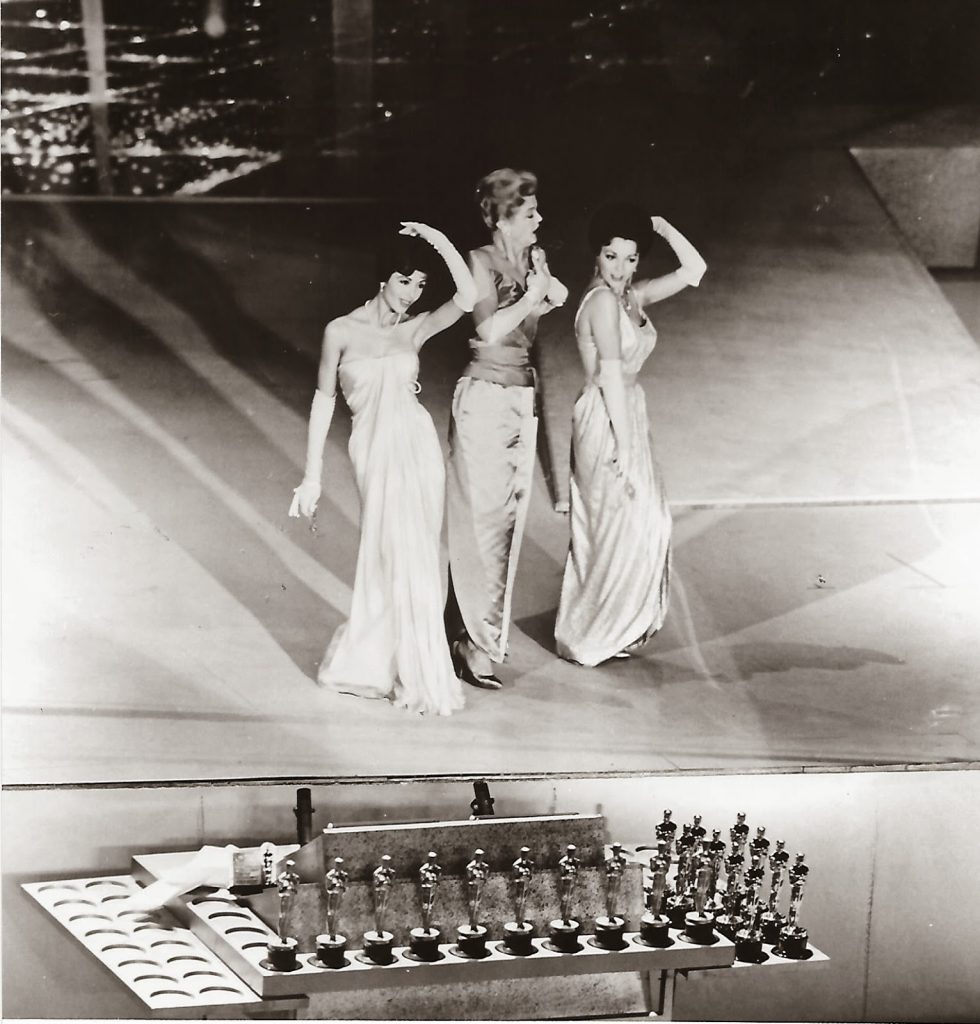
As the show went on, Lansbury assumed a larger role behind the scenes. In 1989, her own company, Corymore Productions, began co-producing the show with Universal. Nevertheless, she began to tire of the series, and in particular the long working hours, stating that the 1990–91 season would be the show’s last. She changed her mind after being appointed executive producer for the 1992–93 season, something that she felt “made it far more interesting to me.”For the 8th season, the show’s setting moved to New York City, where Jessica had taken a job teaching criminology at Manhattan University. The move was an attempt to attract younger viewers and was encouraged by Lansbury. Having become a “Sunday-night institution” in the U.S., the show’s ratings improved during the early 1990s, becoming a Top Five programme. However, CBS executives, hoping to gain a larger audience, moved it to Thursdays at 8pm, opposite NBC’s new sitcom, Friends. Lansbury was angry at the move, believing that it ignored the show’s core audience. The final episode of the series aired in May 1996, and ended with Lansbury voicing a “Goodbye from Jessica” message at the end.[148] Tom Shales wrote in The Washington Post, “The title of the show’s last episode, “Death by Demographics,” is in itself something of a protest. ‘Murder, She Wrote’ is partly a victim of commercial television’s mad youth mania.” At the time it tied the original Hawaii Five-O as the longest-running detective drama series in television history, and the role would prove to be the most successful and prominent of Lansbury’s career. Lansbury initially had plans for a Murder She Wrote television film that would be a musical with a score composed by Jerry Herman. While this project didn’t materialise, it was transformed into Mrs Santa Claus – in which Lansbury played Santa Claus‘ wife – which proved to be a ratings hit.
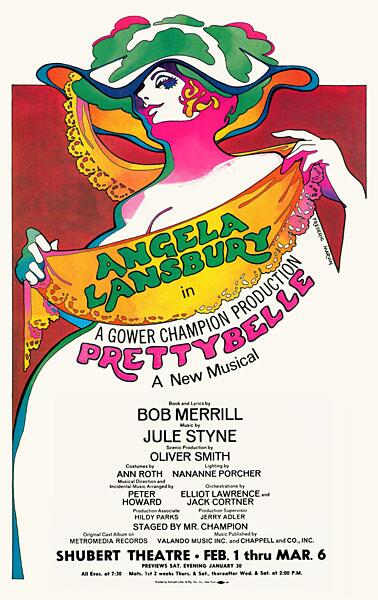
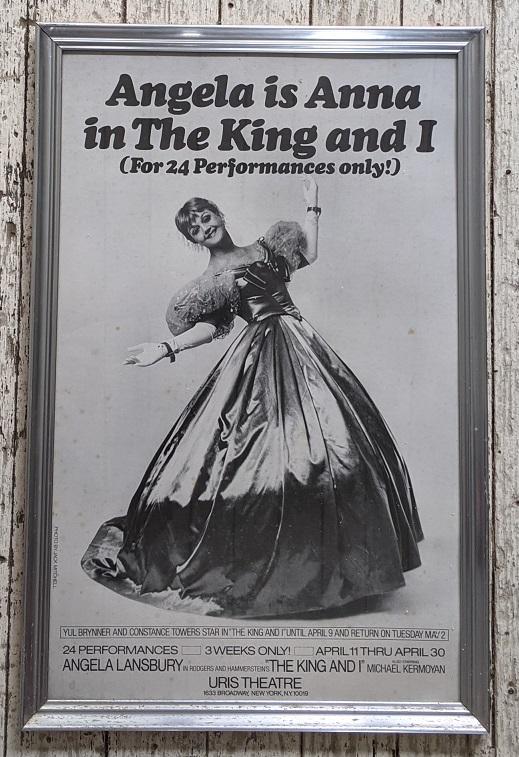
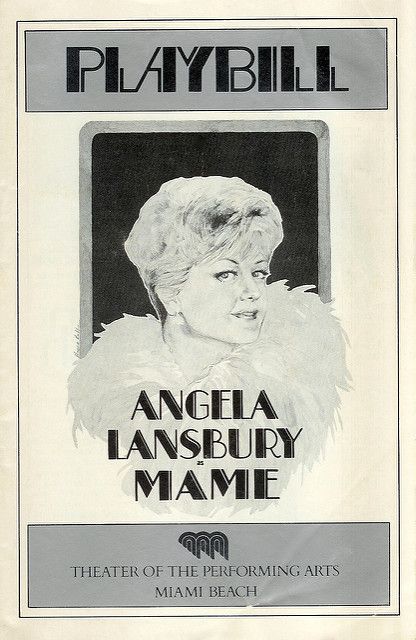
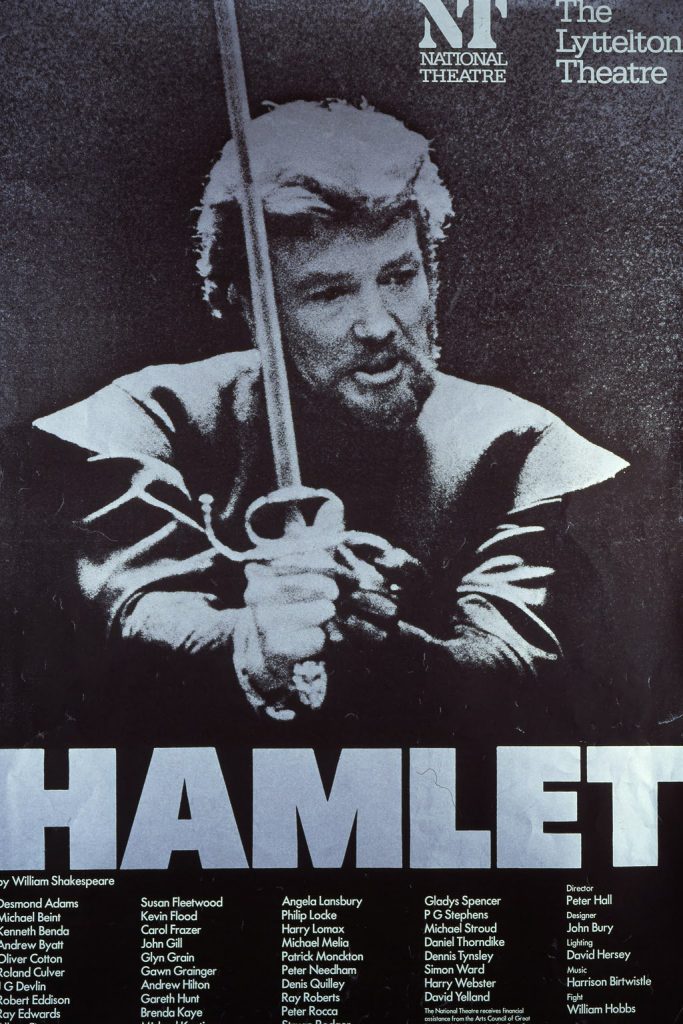
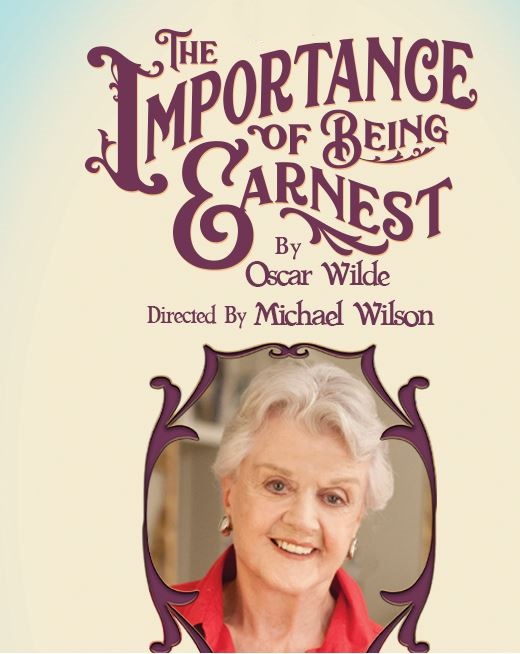
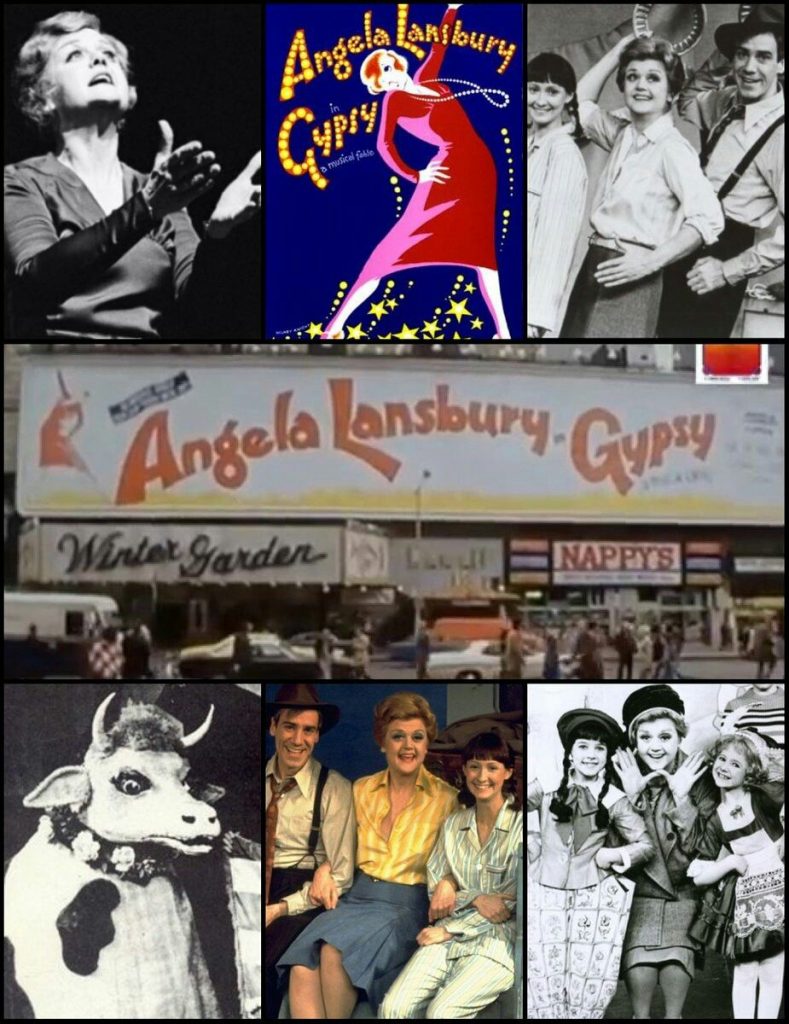
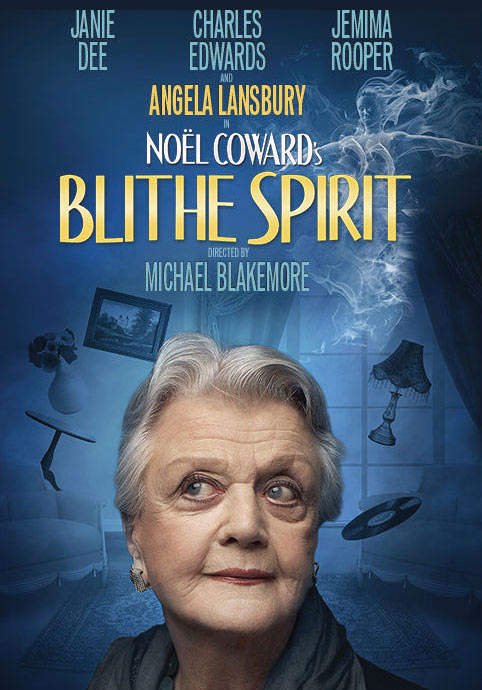
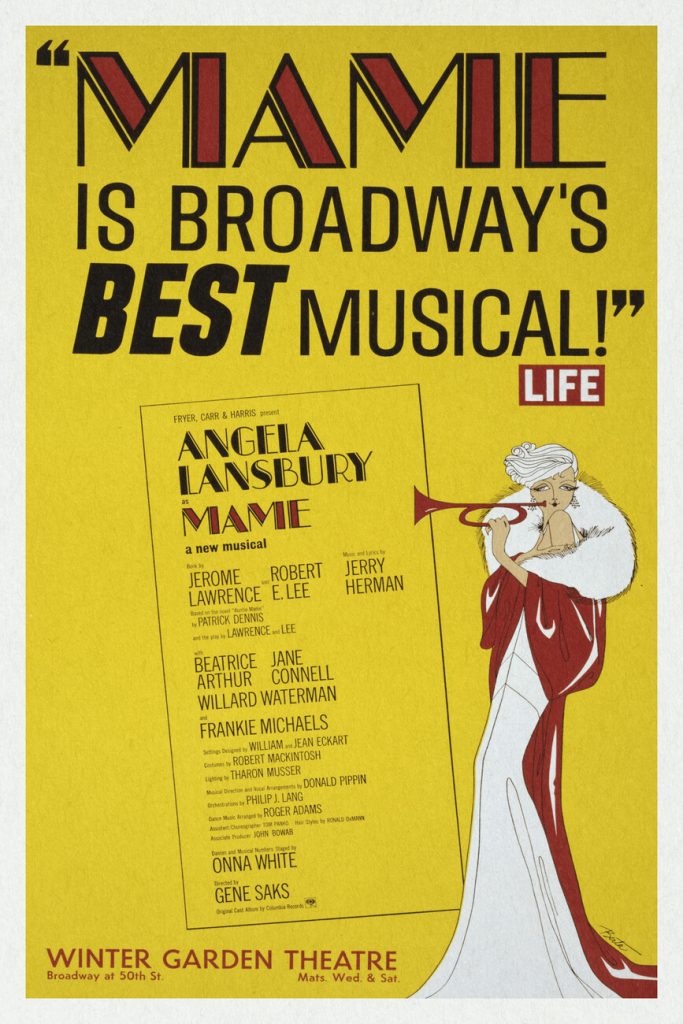
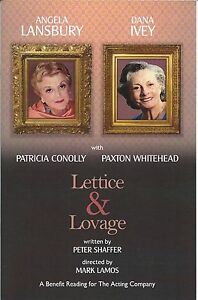
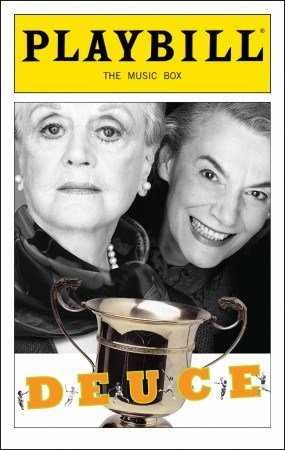
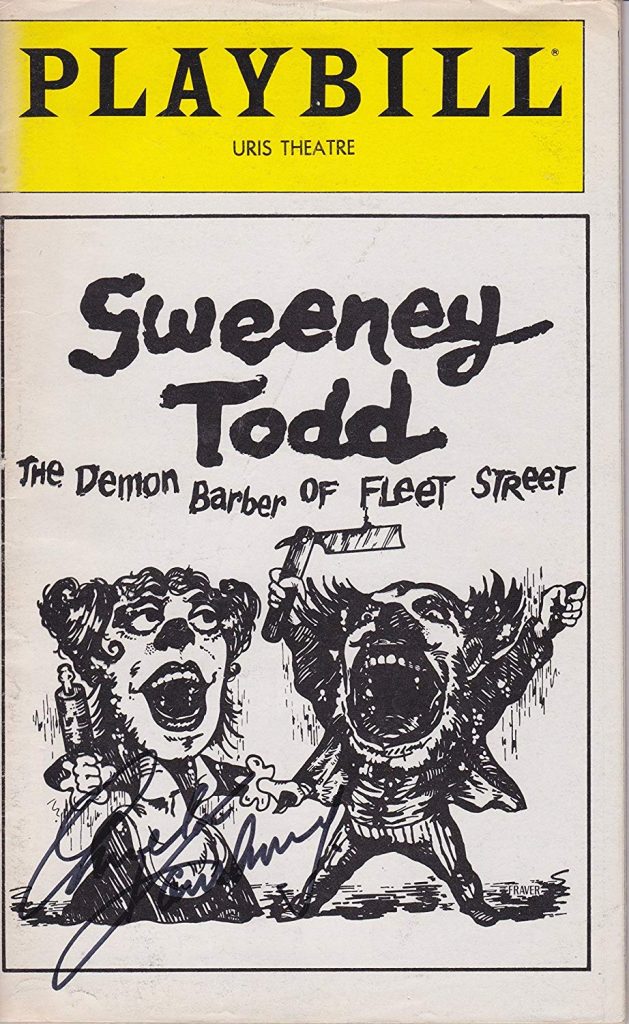
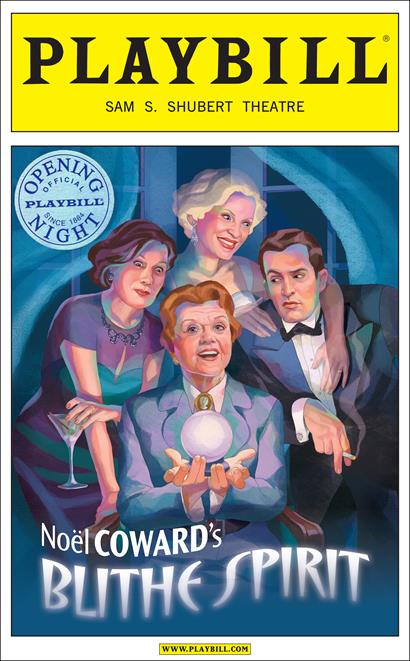
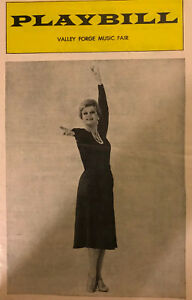
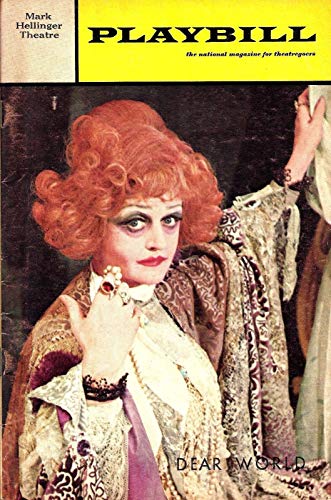
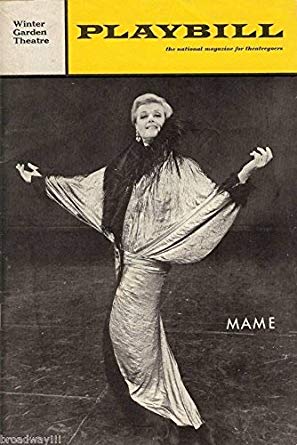
Throughout the run of Murder, She Wrote, Lansbury had continued making appearances in other television films, miniseries and cinema. In 1986, she co-hosted the New York Philharmonic‘s televised tribute to the centenary of the Statue of Liberty with Kirk Douglas. In 1986 she appeared as the protagonist’s mother in Rage of Angels: The Story Continues, and in 1988 portrayed Nan Moore – the mother of a victim of the real-life Korean Air Lines Flight 007 plane crash – in Shootdown; being a mother herself, she had been “enormously touched by the incident.” 1989 saw her featured in The Shell Seekers as an Englishwoman recuperating from a heart attack, and in 1990 she starred in The Love She Sought as an American school teacher who falls in love with a Catholic priest while visiting Ireland; Lansbury thought it “a marvelous woman’s story.”nShe next starred as the Cockney Mrs Harris in a film adaptation of the novel Mrs ‘Arris Goes to Paris, which was directed by her son and executive produced by her stepson. Her highest profile cinematic role since The Manchurian Candidate was as the voice of the singing teapot Mrs. Potts in the 1991 Disney animation Beauty and the Beast, an appearance that she considered to be a gift to her 3 grandchildren. Lansbury performed the title song to the film, which won the Academy Award for Best Original Song, Golden Globe Award for Best Original Song and Grammy Award for Best Song Written for a Motion Picture, Television or Other Visual Media.
Lansbury’s Murder, She Wrote fame resulted in her being employed to appear in advertisements and infomercials for Bufferin, MasterCard and the Beatrix Potter Company. In 1988, she released a video titled Angela Lansbury’s Positive Moves: My Personal Plan for Fitness and Well-Being, in which she outlined her personal exercise routine, and in 1990 published a book with the same title co-written with Mimi Avins, which she dedicated to her mother. As a result of her work she was appointed a CBE by the British government, given to her in a ceremony by the Prince of Wales at the British consulate in Los Angeles. While living most of the year in California, Lansbury spent Christmases and summers at Corymore House, her farmhouse overlooking the Atlantic Ocean at Ballywilliam, near Churchtown South, County Cork, which she had had specially built as a family home in 1991.
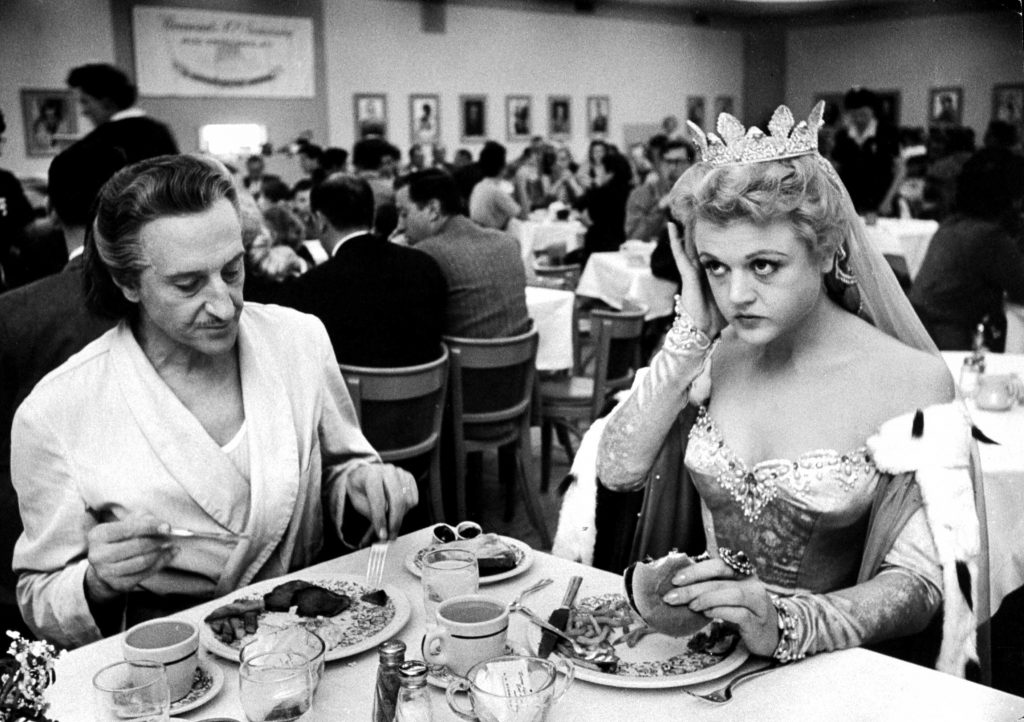
Following the end of Murder, She Wrote, Lansbury returned to the theatre. Although cast in the lead role in the 2001 Kander and Ebbmusical The Visit, she withdrew before it opened due to her husband’s deteriorating health. Peter died in January 2003 of congestive heart failure at the couple’s Brentwood, California home. Lansbury felt that after this event she would not take on any more major acting roles, and that instead might make a few cameo appearances but nothing more. Wanting to spend more time in New York City, in 2006 she purchased a $2 million condominium in Manhattan, and in a 2014 interview noted that she also had homes in Ireland and Los Angeles.
She made an appearance in a Season 6 episode of the television show Law & Order: Special Victims Unit, for which she was nominated for an Emmy Award in 2005. She starred in the 2005 film Nanny McPheeas Aunt Adelaide, commenting that it was “such fun to play a baddie!” and later informing an interviewer that working on Nanny McPhee “pulled me out of the abyss” after the loss of her husband. She then appeared in the 2011 film Mr. Popper’s Penguins, opposite Jim Carrey. Lansbury returned to Broadway after a 23-year absence in Deuce, a play by Terrence McNally that opened at the Music Box Theatre in May 2007 for a limited run of eighteen weeks. Lansbury received a Tony Award nomination for Best Leading Actress in a Play for her role.
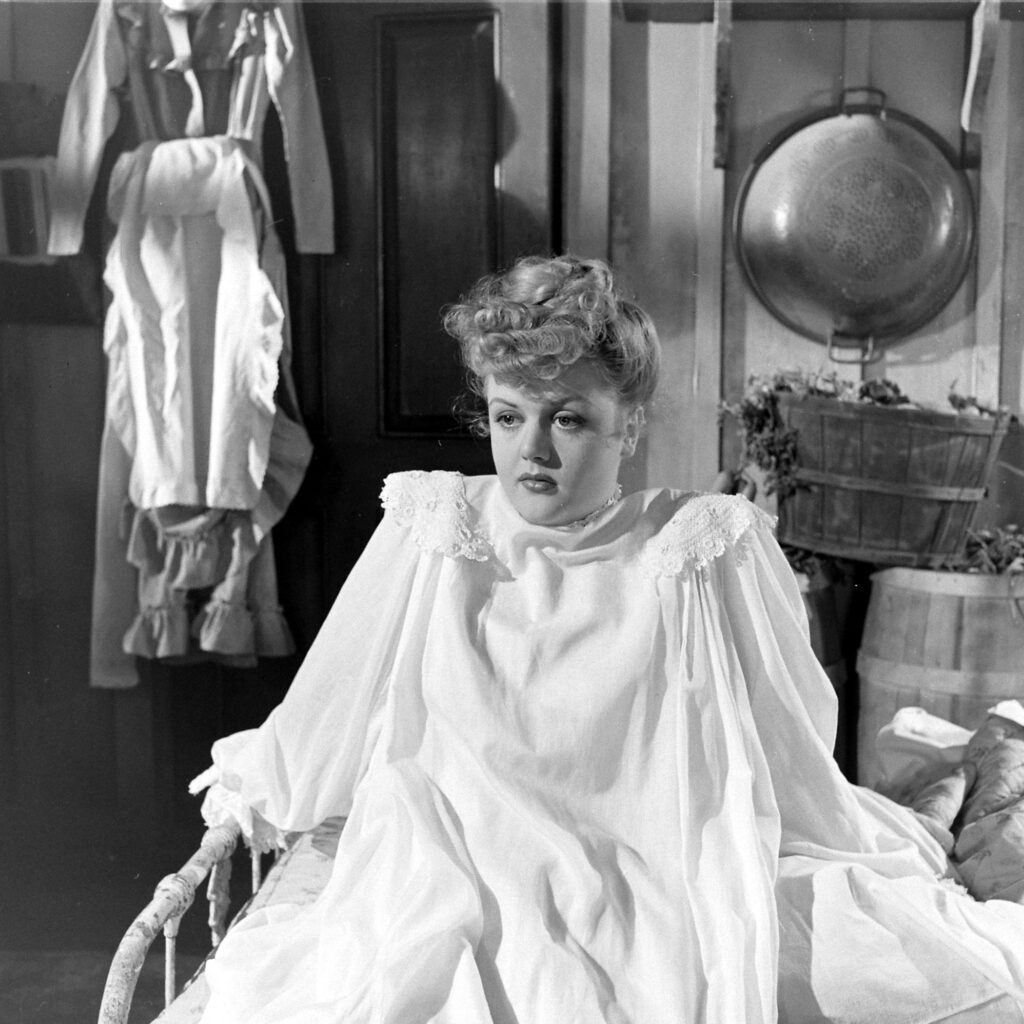
In March 2009 she returned to Broadway for a revival of Blithe Spirit at the Shubert Theatre, where she took on the role of Madame Arcati. Discussing the character, she stated: “I love her. She’s completely off-the-wall but utterly secure in her own convictions.” This appearance earned her the Tony Award for Best Featured Actress in a Play; this was her fifth Tony Award, tying her with the previous record holder for the number of Tony Awards, Julie Harris, albeit all of Harris’ Tonys were for Best Leading Actress. From December 2009 to June 2010, Lansbury then starred as Madame Armfeldt alongside Catherine Zeta-Jones in the first Broadway revival of A Little Night Music, held at the Walter Kerr Theatre. The role earned her a seventh Tony Award nomination, while in May 2010, she was awarded an honorary doctoral degree from Manhattan School of Music.
From April to July 2012, Lansbury starred as women’s rights advocate Sue-Ellen Gamadge in the Broadway revival of Gore Vidal‘s The Best Man at the Gerald Schoenfeld Theatre. From February to June 2013, Lansbury starred alongside James Earl Jones in an Australian tour of Driving Miss Daisy. In November 2013, she received an Academy Honorary Award for her lifetime achievement at the Governors Awards. From March to June 2014, Lansbury reprised her performance as Madame Arcati in Blithe Spirit at the Gielgud Theatre in London’s West End, her first London stage appearance in nearly 40 years. While in London, she made an appearance at the Angela Lansbury Film Festival in Poplar, a screening of some of her most popular films organised by Poplar Film. From December 2014 to March 2015 she joined the tour of Blithe Spirit across North America.
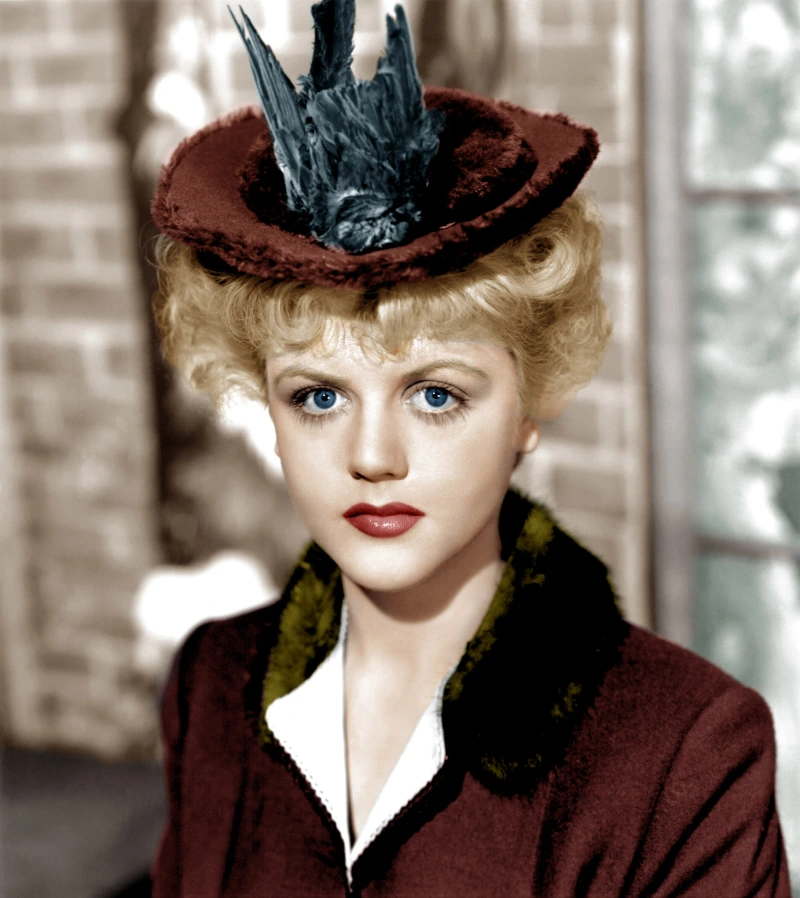
In April 2015, aged 89, she received her first Olivier Award as Best Supporting Actress for her performance as Arcati, and in November 2015 was awarded the Oscar Hammerstein Award for Lifetime Achievement in Musical Theatre.
On June 2, 2016, it was officially announced that Lansbury would return to Broadway in the 2017–18 season in a revival of Enid Bagnold‘s 1955 play The Chalk Garden. The play was produced by Scott Rudin at a theatre to-be-announced. However, in an interview published on September 20, 2016, Lansbury stated that she will not be performing in The Chalk Garden, stating, in part: “At my time of life, I’ve decided that I want to be with family more and being alone in New York doing a play requires an extraordinary amount of time left alone.”
In December 2017, Lansbury took on the role of Aunt March in the BBC television miniseries Little Women. She also co-starred in Mary Poppins Returns, a sequel to the Academy Award-winning 1964 original film, set 20 years later in Depression-era London. Filming began at Shepperton Studios in February 2017, and the film was released in December 2018.
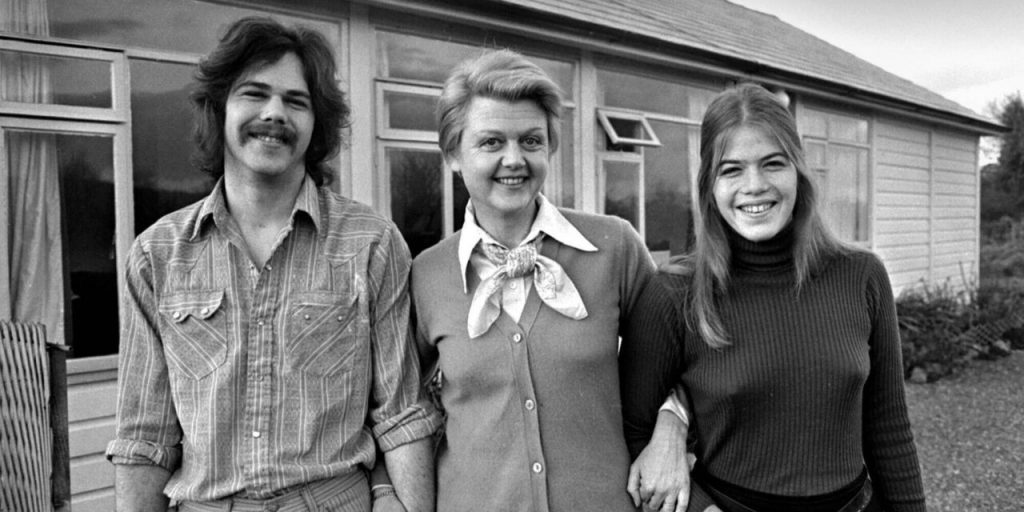
Lansbury describes herself as “an amalgam of British, Irish and American” although throughout her life she has spoken with an English accent. She holds Irish citizenship. Biographer Martin Gottfried characterized her as “Meticulous. Cautious. Self-editing. Deliberate. It is what the British call reserved,”adding that she was “as concerned, as sensitive, and as sympathetic as anyone might want in a friend.”Also noting that she had “a profound sense of privacy,”he added that she disliked attempts at flattery.
As a young actress, Lansbury was a self-professed homebody, commenting that “I love the world of housekeeping.” She preferred spending quiet evenings inside with friends to the Hollywood night life. Her hobbies at the time included reading, horse riding, playing tennis, cooking and playing the piano, also having a keen interest in gardening. In 2014, it was reported that she continued to enjoy gardening, and also enjoyed doing crosswords. She has cited F. Scott Fitzgerald as her favorite author, and cited Roseanne and Seinfeld as being among her favorite television shows. Lansbury was an avid letter writer, doing so by hand and making copies of all her correspondences. At Howard Gotlieb’s request, Lansbury’s papers are housed at the Howard Gotlieb Archival Research Center at Boston University.
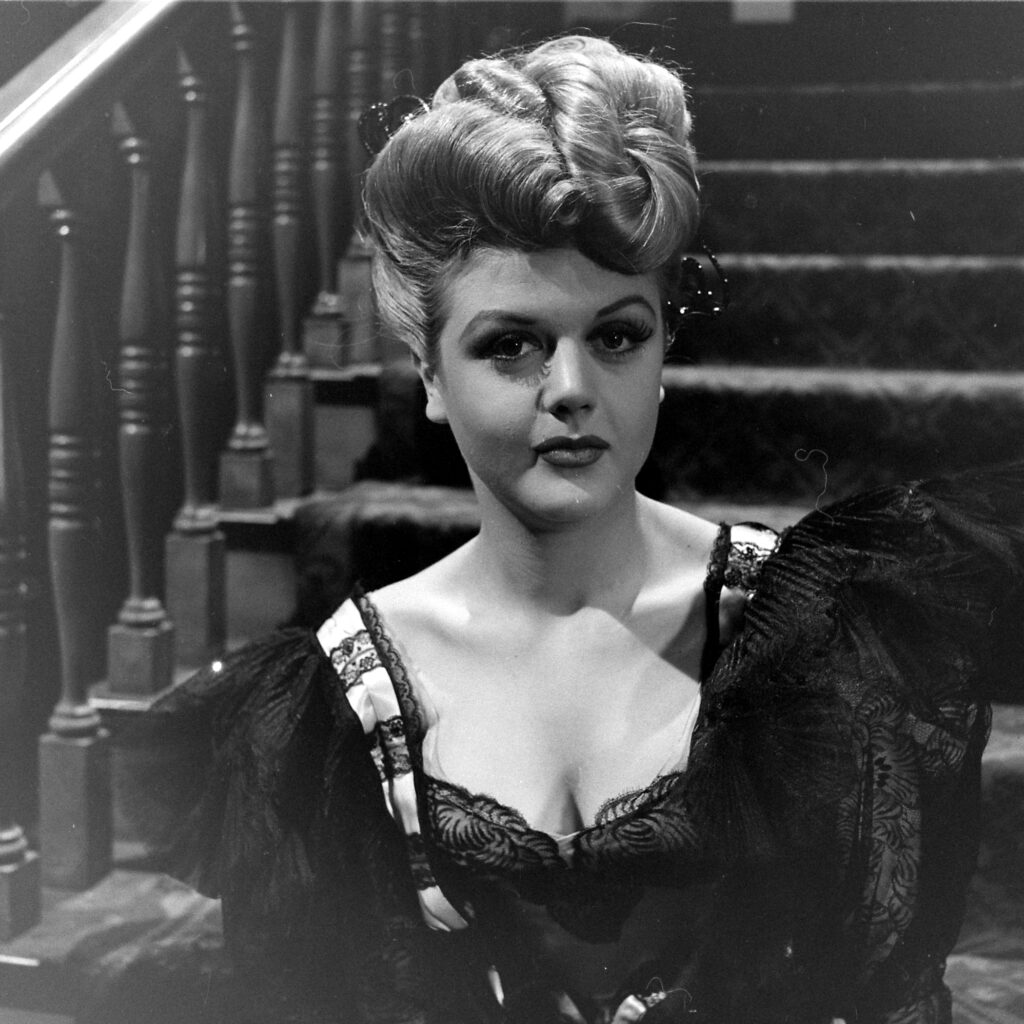
She is a supporter of the United States Democratic Party, describing herself as “Democrat from the ground up,” and the British Labour Party.Throughout her career, Lansbury supported a variety of charities, particularly those such as Abused Wives in Crisis that combated domestic abuse and those who worked toward rehabilitating drug users. In the 1980s, she began to support a number of charities engaged in the fight against HIV/AIDS. During the 1990s, she began to suffer from arthritis,in May 1994 had hip replacement surgery, and in 2005 had knee replacement surgery.
A 2007 interviewer for The New York Times described her as “one of the few actors it makes sense to call beloved,” noting that a 1994 article in People magazine awarded her a perfect score on its “lovability index.” The New Statesman noted that she “has the kind of pulling power many younger and more ubiquitous actors can only dream of, while an article in The Independent has suggested that she could be considered Britain’s most successful actress. She is a gay icon, and has asserted that she is “very proud of the fact,” attributing her popularity among the LGBT community to her performance in Mame.
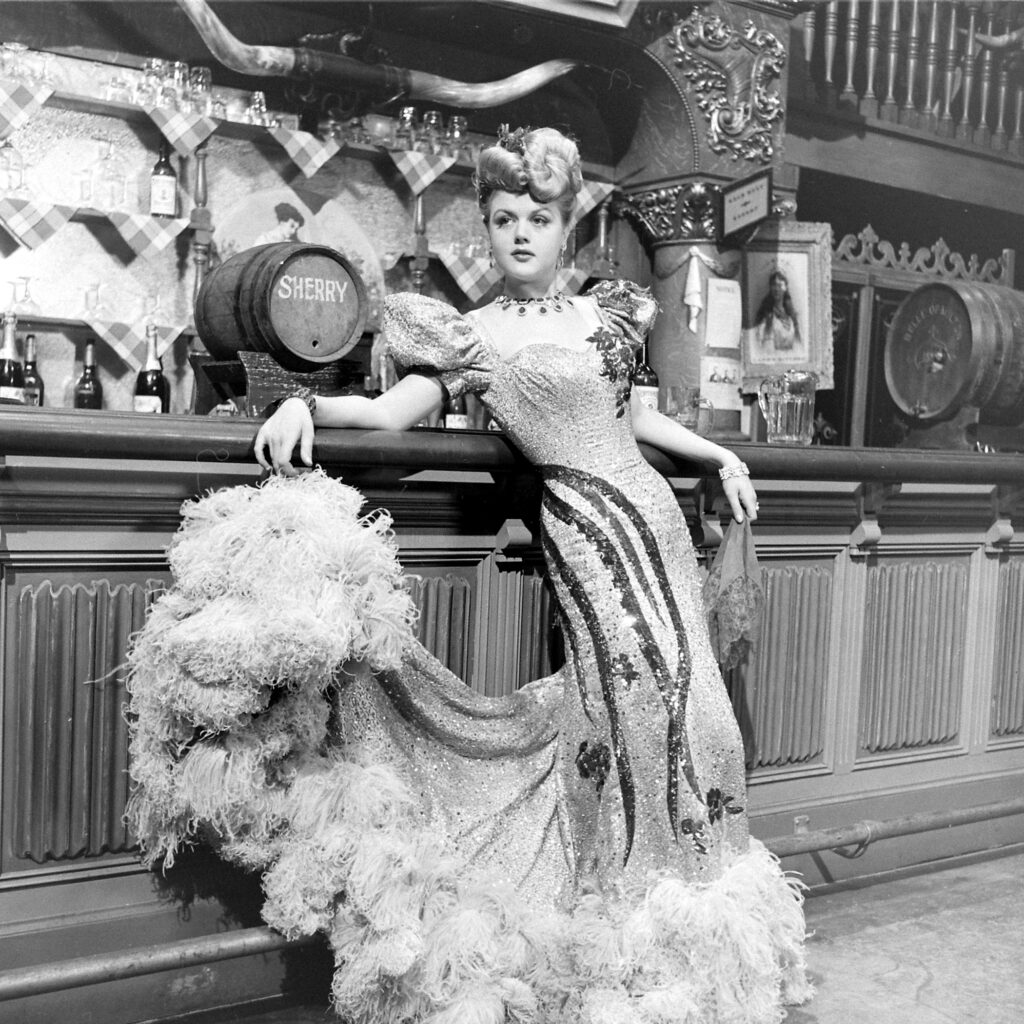
She has been recognized for her achievements in Britain on multiple occasions. In 2002, the British Academy of Film and Television Arts (BAFTA) gave Lansbury a Lifetime Achievement Award. Lansbury was appointed a Commander of the Order of the British Empire (CBE) in the 1994 Birthday Honours, and promoted to a Dame Commander of the Order of the British Empire (DBE) in the 2014 New Year Honours for services to drama, charitable work, and philanthropy. On being made a dame by Queen Elizabeth II at Windsor Castle, Lansbury stated: “I’m joining a marvellous group of women I greatly admire like Judi Dench and Maggie Smith. It’s a lovely thing to be given that nod of approval by your own country and I really cherish it.”
In 2013, the Academy of Motion Picture Arts and Sciences Board of Governors voted to bestow upon her an Honorary Academy Award for her lifetime achievements in the industry. Emma Thompson and Geoffrey Rush offered up tributes at the Governors Awards where the ceremony was held, and Robert Osborne of TCM presented her with the Oscar.
Angela Lansbury obituary in The Times in 2022
Three-time Oscar-nominated actress best known for playing Jessica Fletcher in Murder, She Wrote
Tuesday October 11 2022, 9.15pm BST, The Times
That Angela Lansbury’s most celebrated role came so late in her long career, playing the neat and elderly Jessica Fletcher, was perhaps no surprise.
“For those women who were known for their beauty, it is darn difficult,” she said of the ageist casting from which many of her fellow female actors suffered. “But I was playing older parts when I was terribly young because I wasn’t a big-screen beauty.”
In her twenties Lansbury was regularly cast to play women in their forties. In her forties she played the 75-year-old Countess Aurelia in the Broadway musical Dear World.
Directors seemed to regard her as an archetypal maternal figure. She was Elvis Presley’s mother in Blue Hawaii, even though she was only nine years older than the singer. In The Manchurian Candidate (1962), rated by many as her finest film role and one that led to her third Oscar nomination, she played Laurence Harvey’s mother, although they were almost the same age. On Broadway she played a blowsy mother to her contemporary Joan Plowright in A Taste of Honey.
Maturity became her and from childhood she had felt a precocity beyond her years. She claimed to have become “an old lady at ten” after the death of her father and was forced “to grow up instantly” as she helped her mother to bring up younger twin brothers during the Depression and then the Blitz.
She played the novelist and amateur sleuth Jessica Fletcher in Murder, She Wrote until she was in her seventies and when the show ended, she carried on working for another two decades.
Over a dozen years she appeared in 264 episodes of Murder, She Wrote and was reportedly paid more than $200,000 an episode, with 28 million people tuning in to watch it each week from 1984 until 1996. She called the character “as close to myself” as any she played. Something of a bluestocking in real life, she attributed her longevity to an unadventurous youth and carefully frugal lifestyle. “I take a lot of vitamins, get enough sleep and don’t drink apart from a glass of wine occasionally,” she said. “I am boringly good.”
She was by all accounts a lovely person. When in Cork she shopped locally, fitted right in and was part of the community where she spent a lot of summers and Christmases.
Enda Kenny


